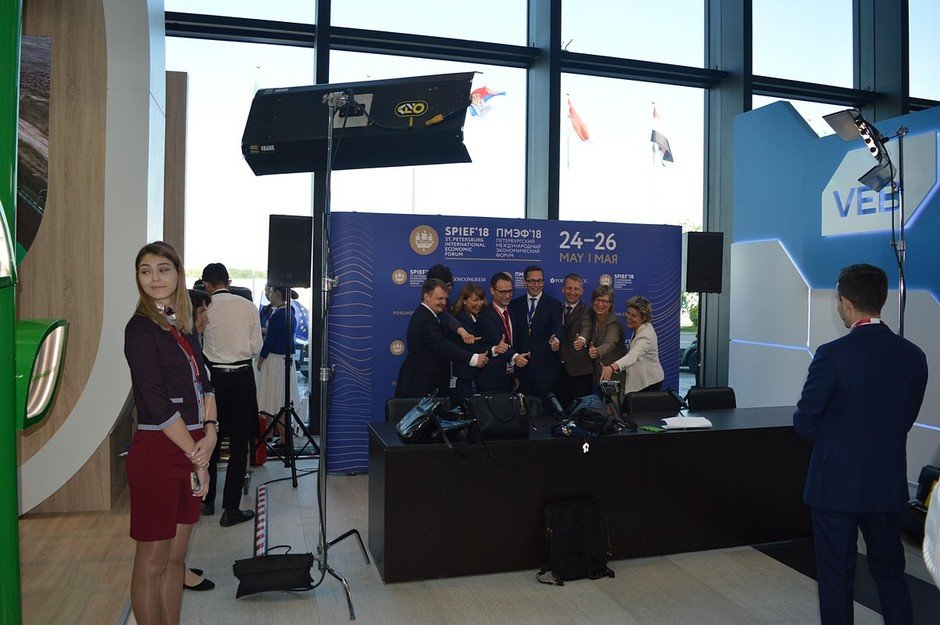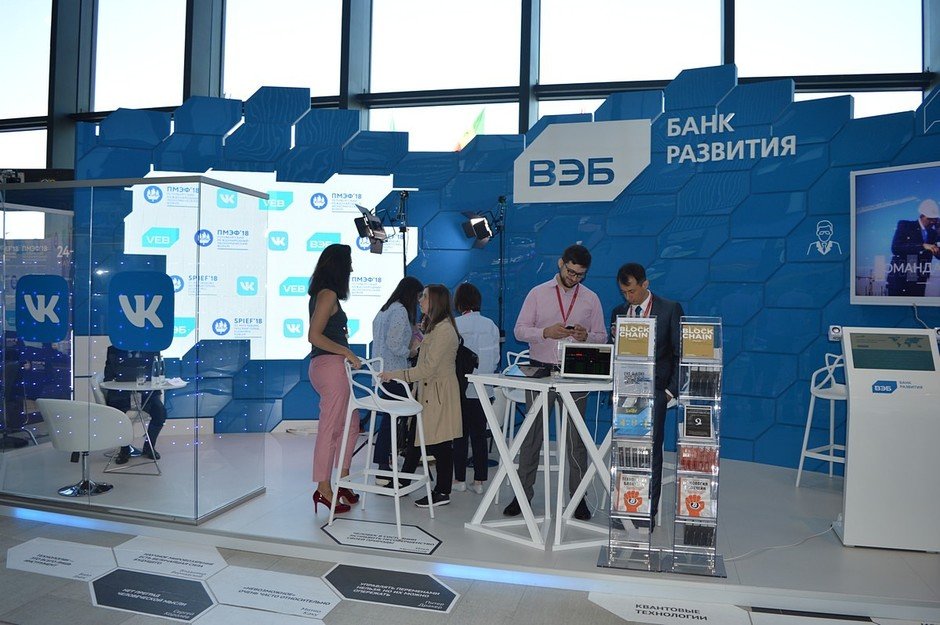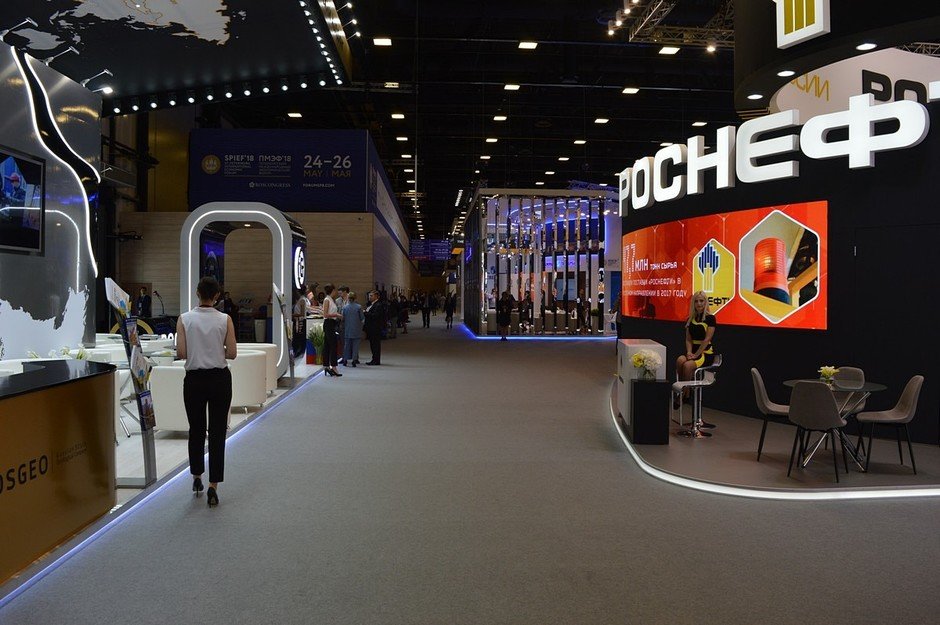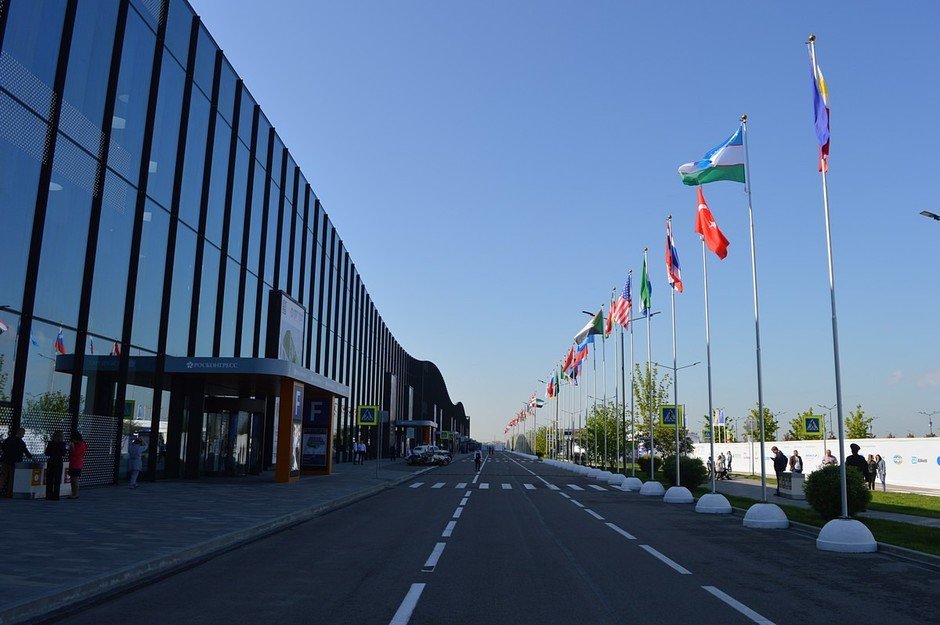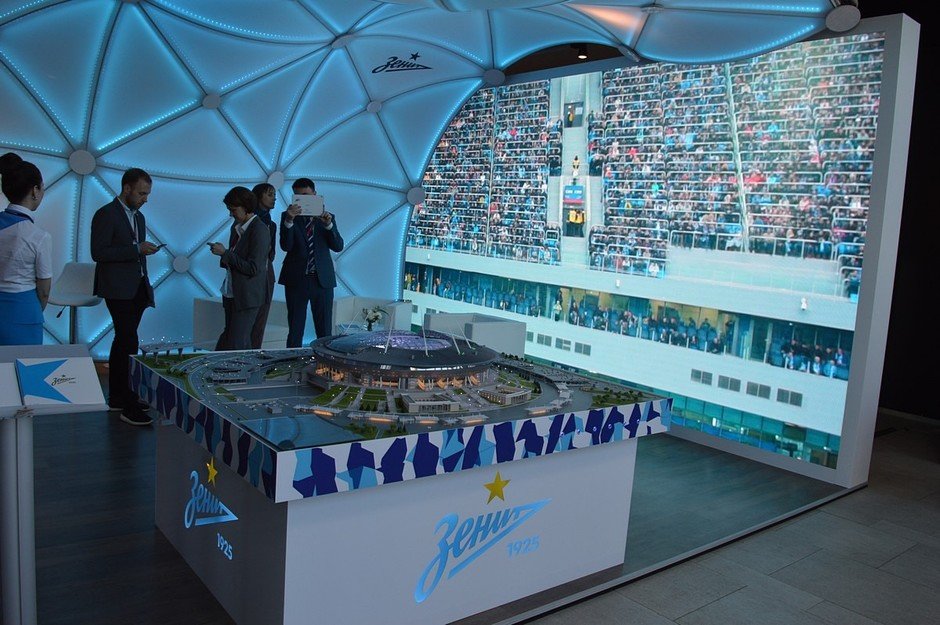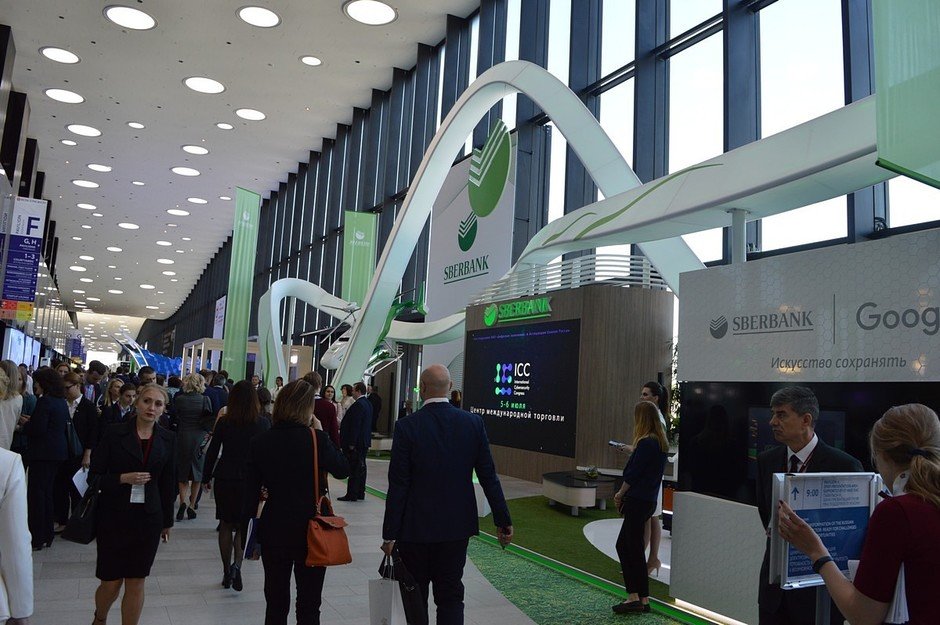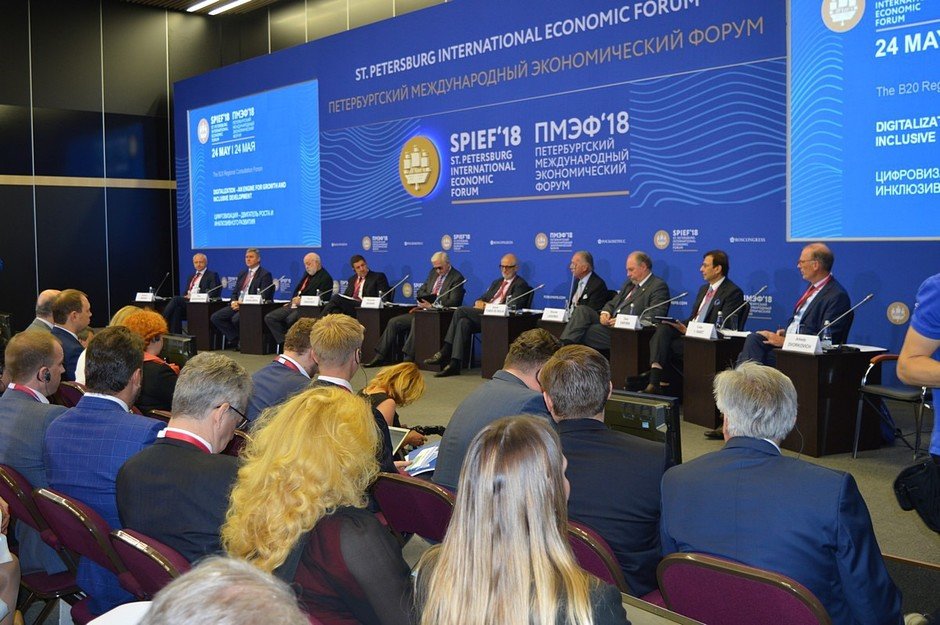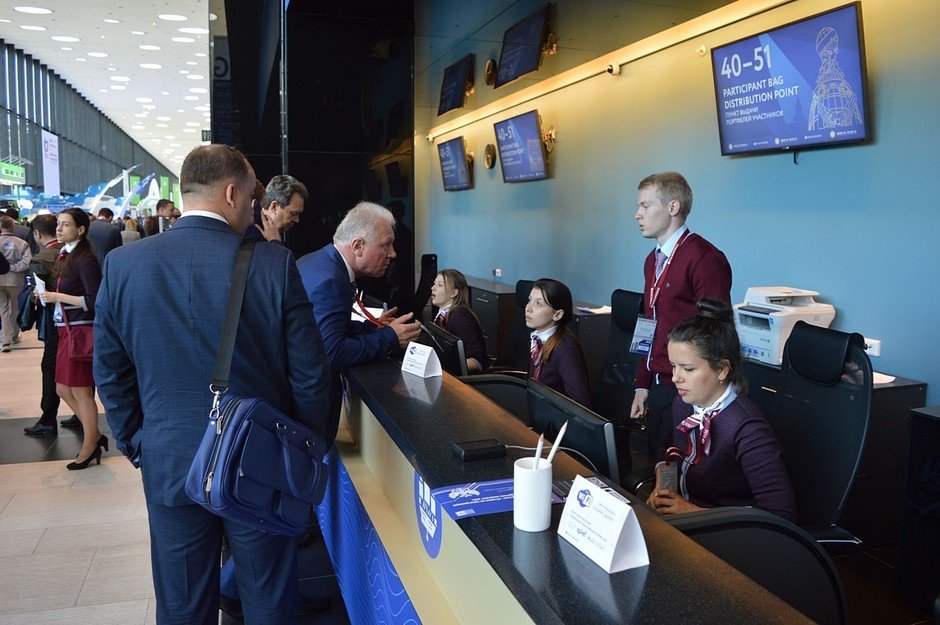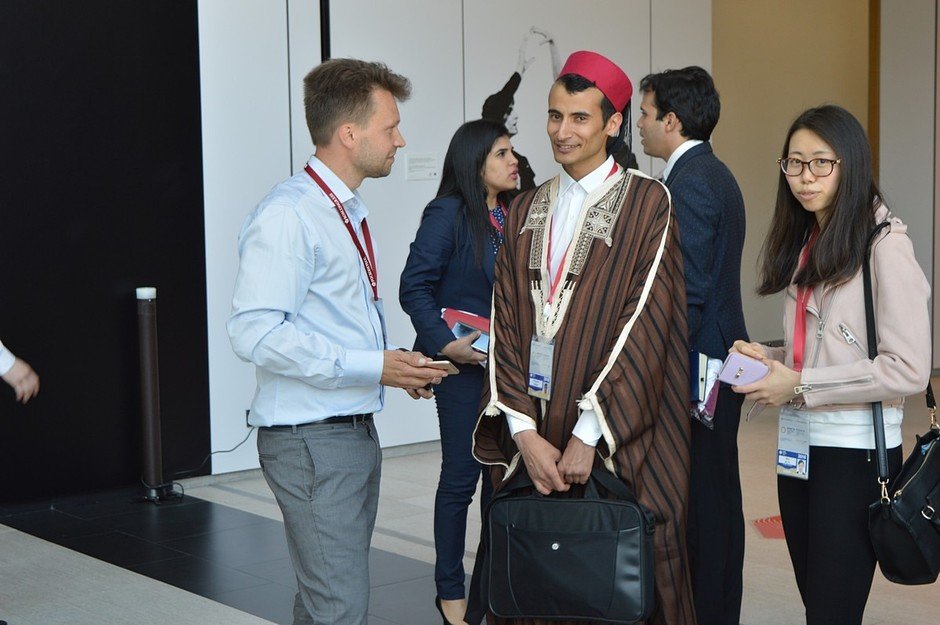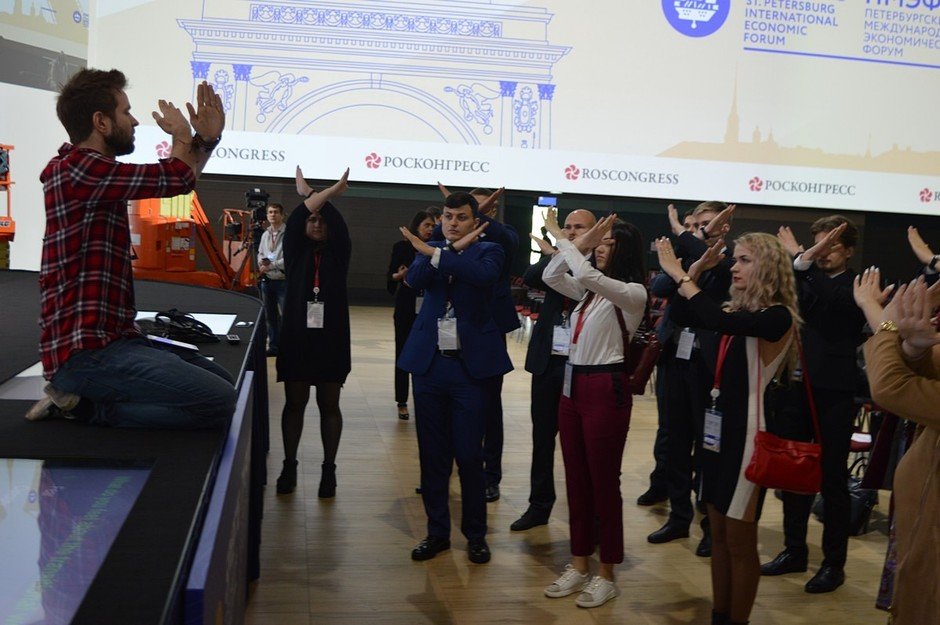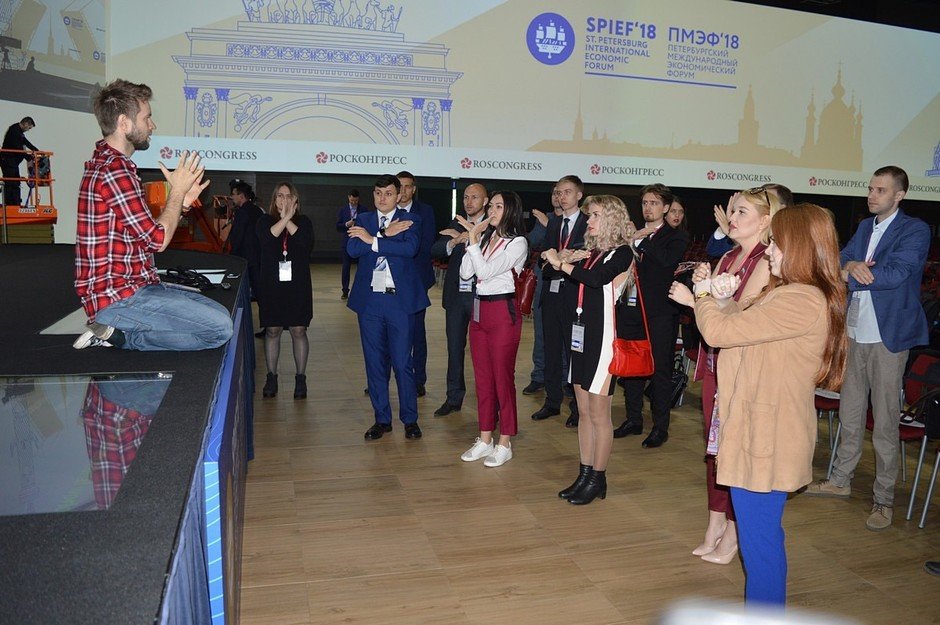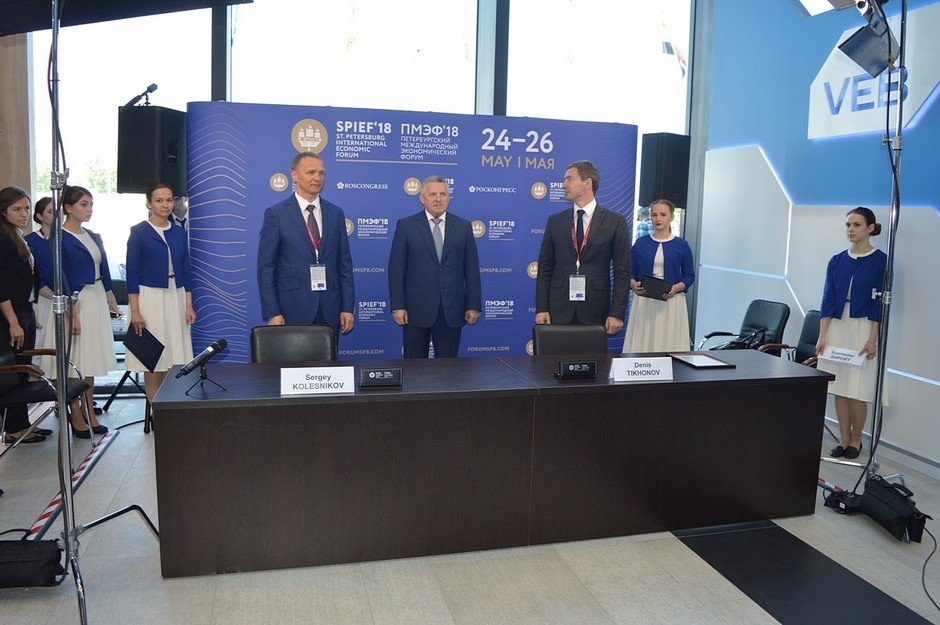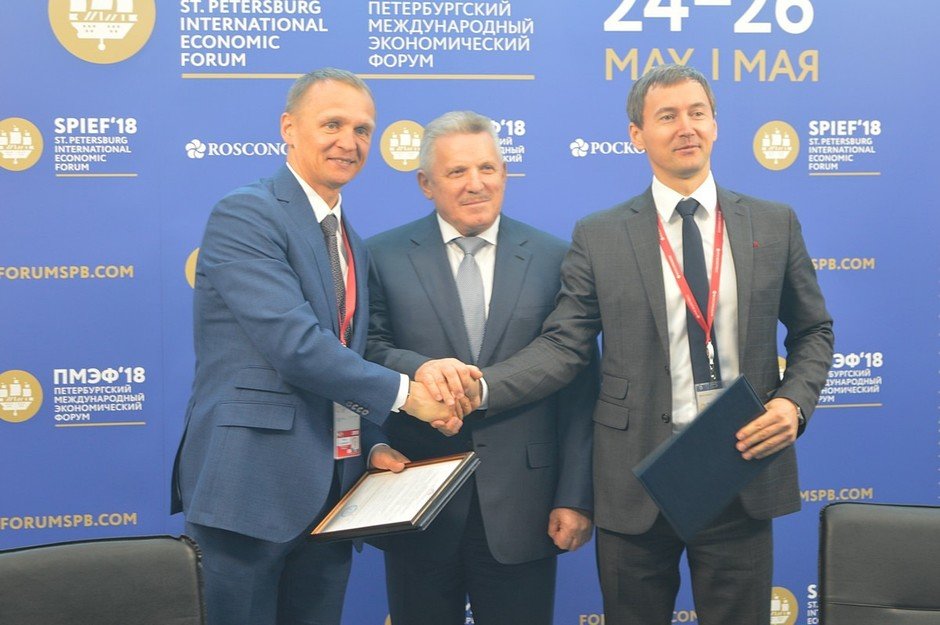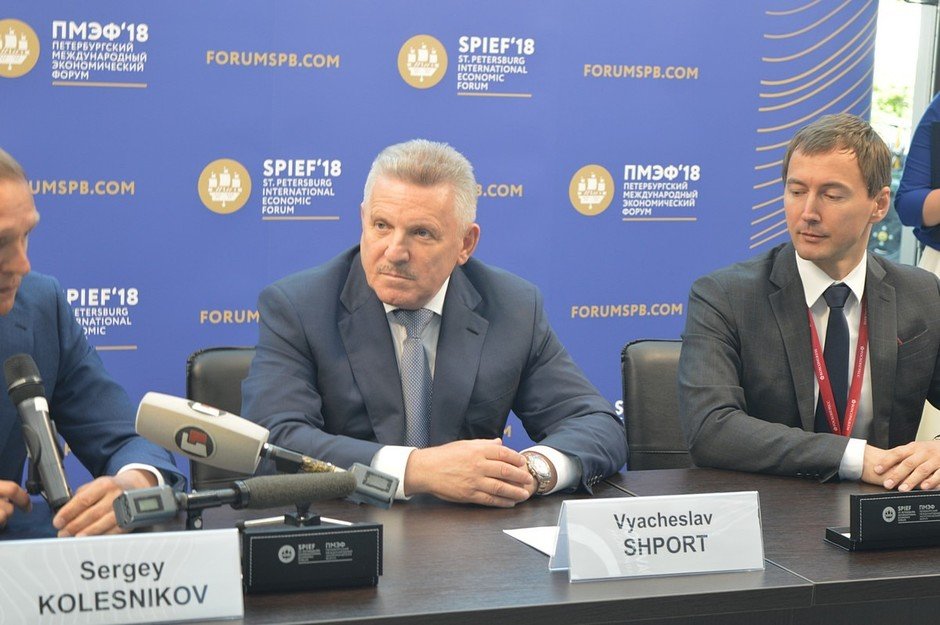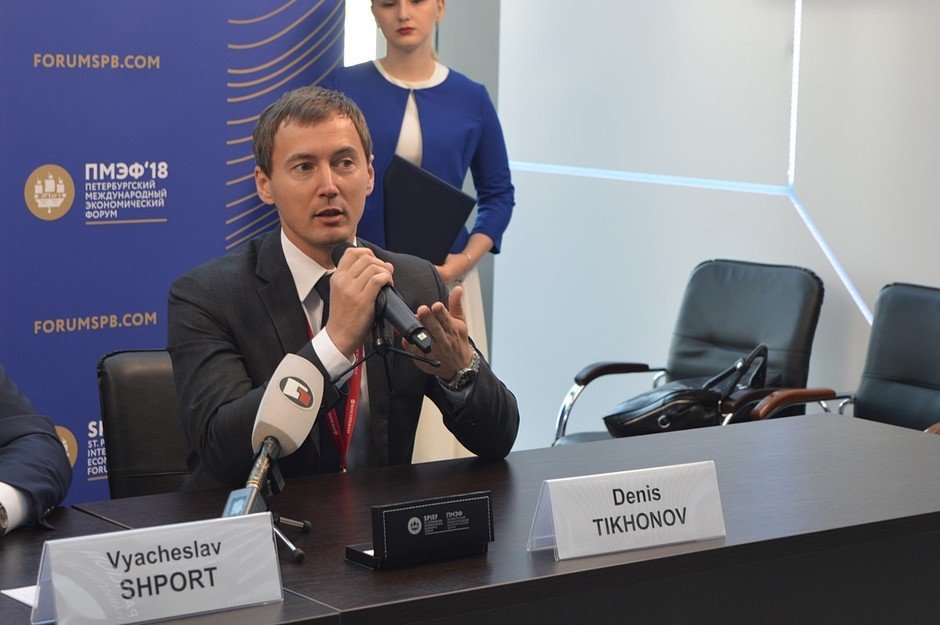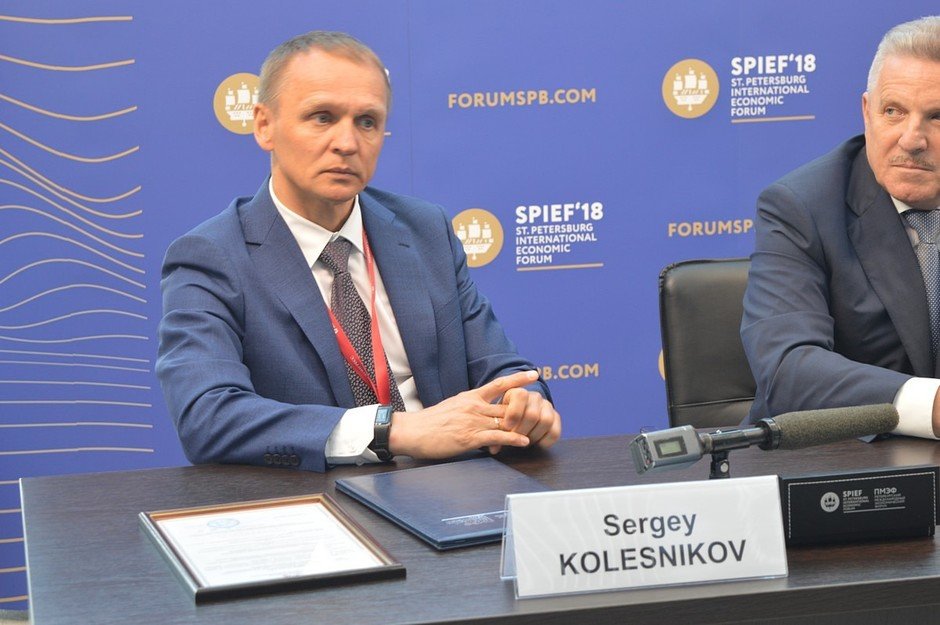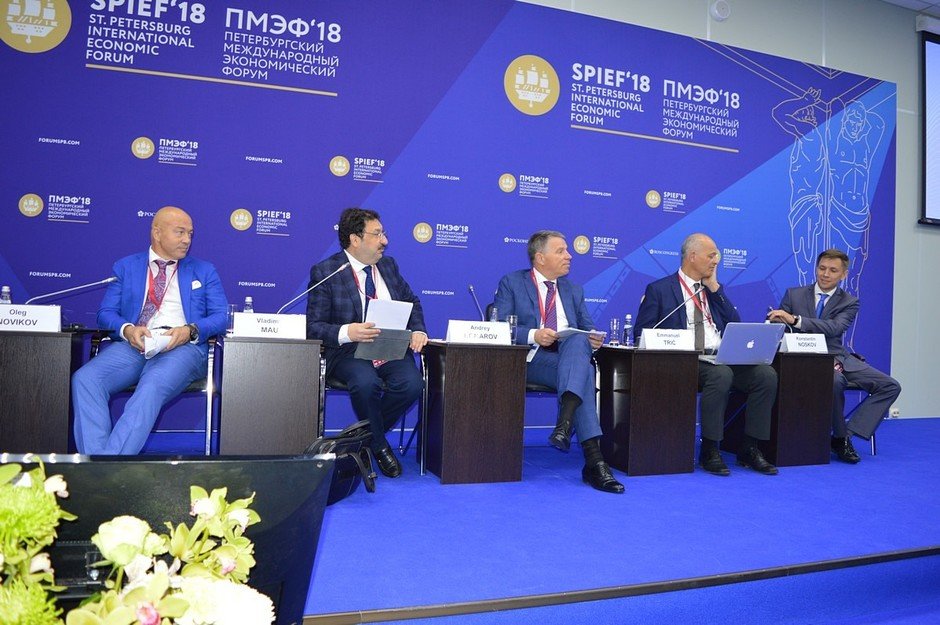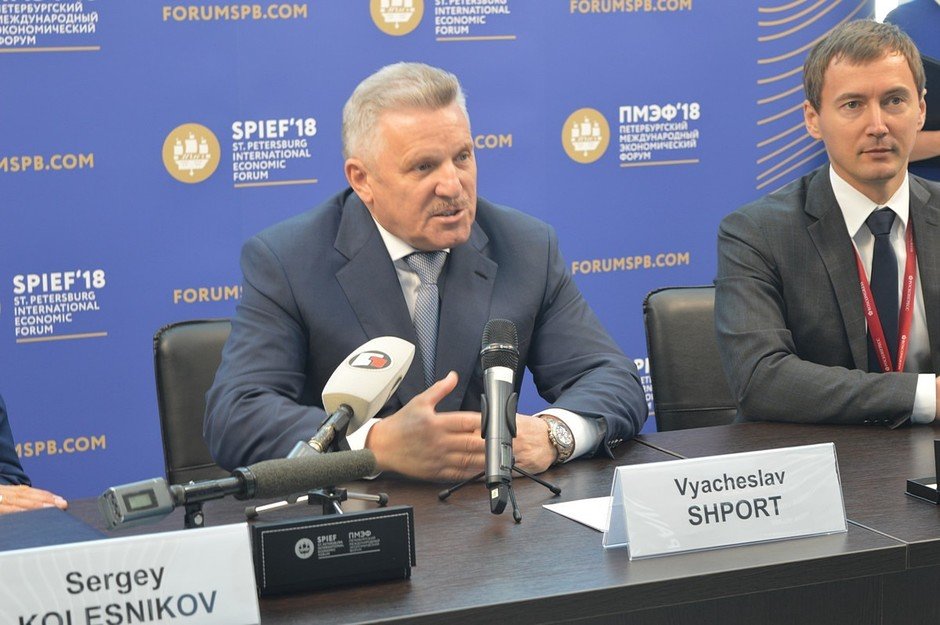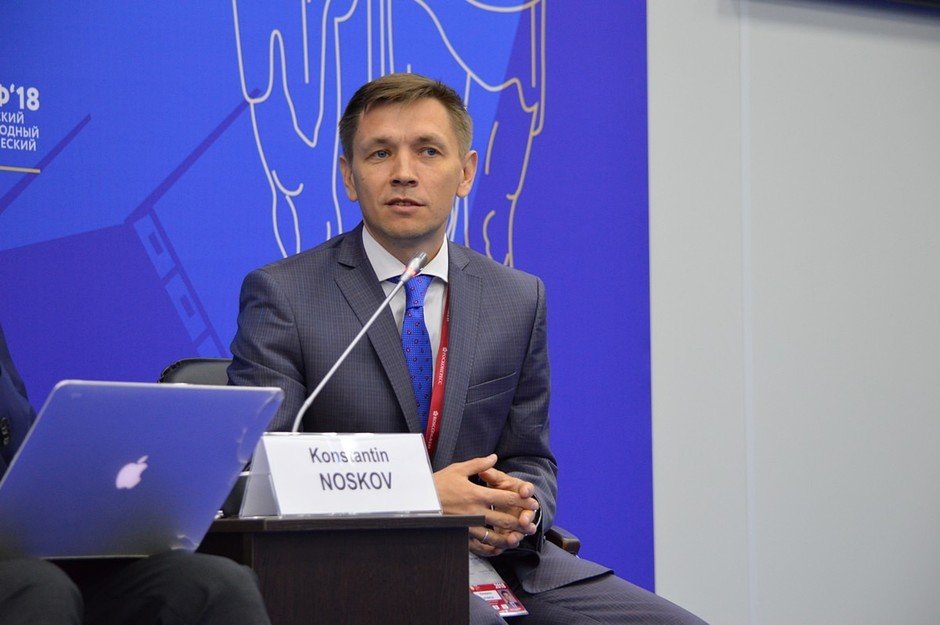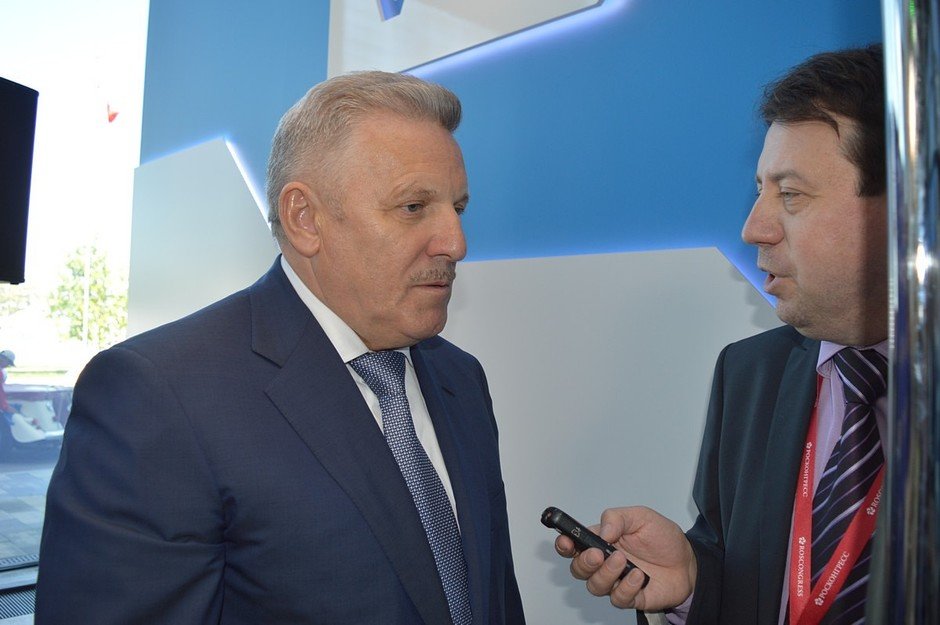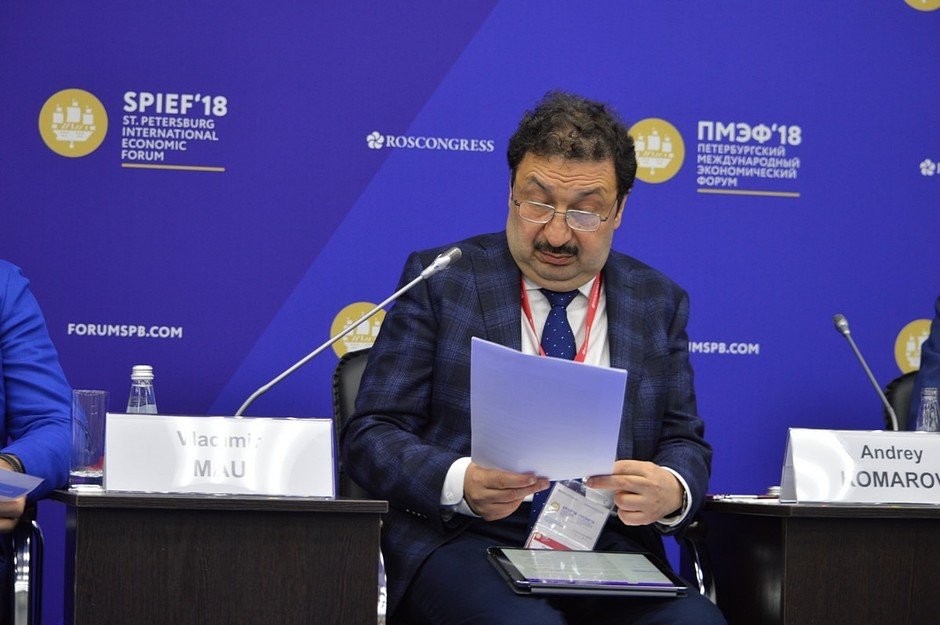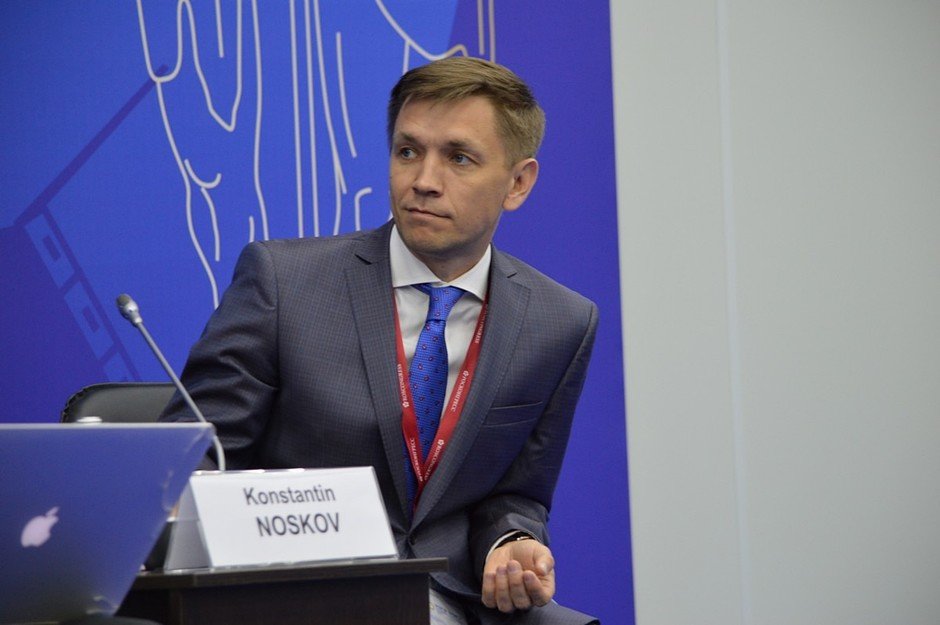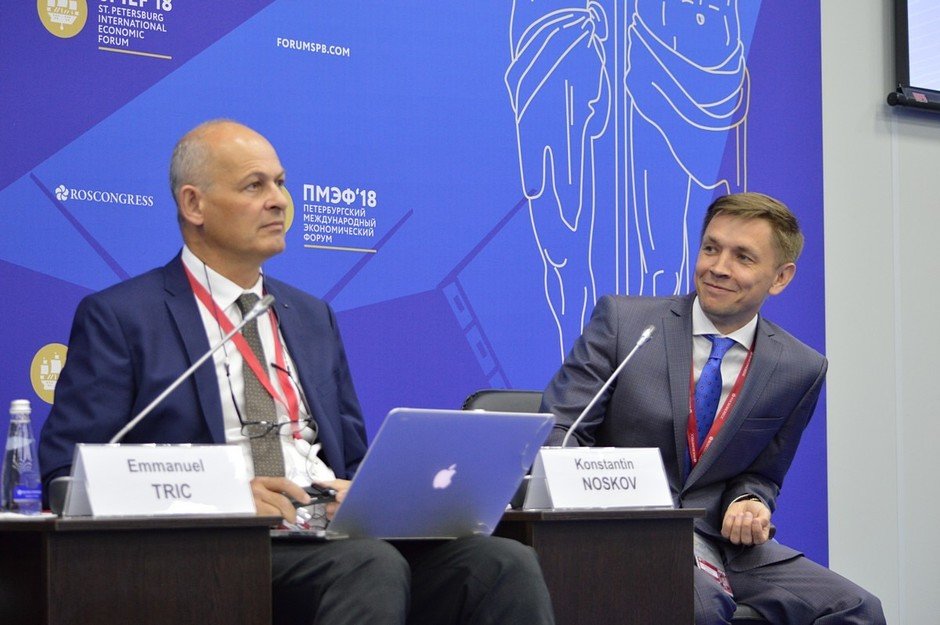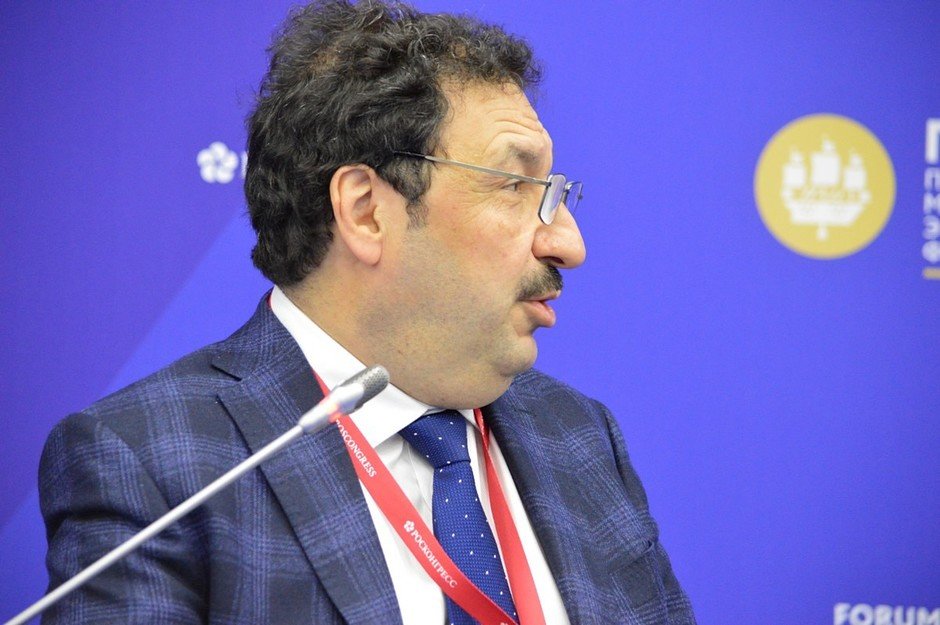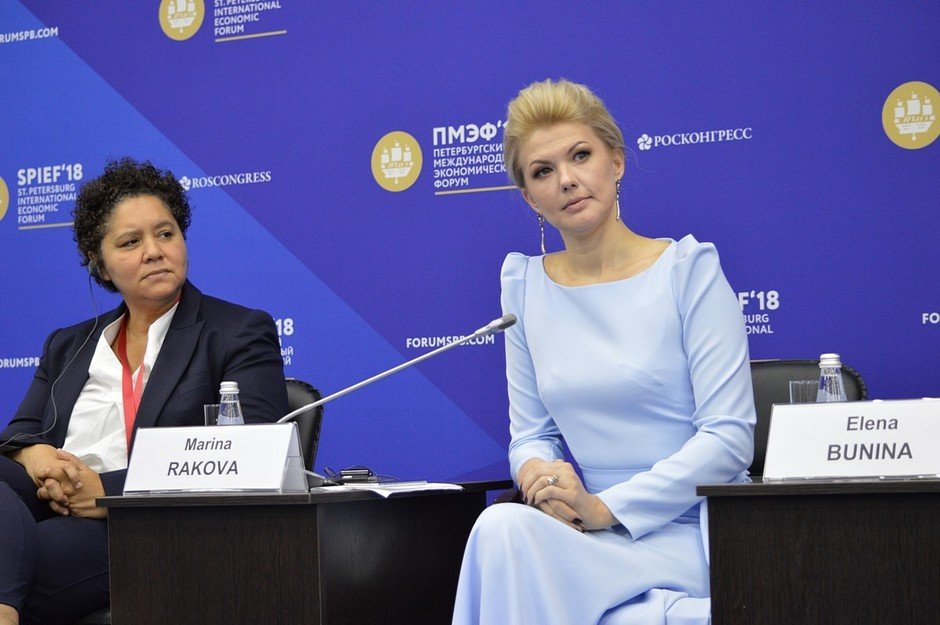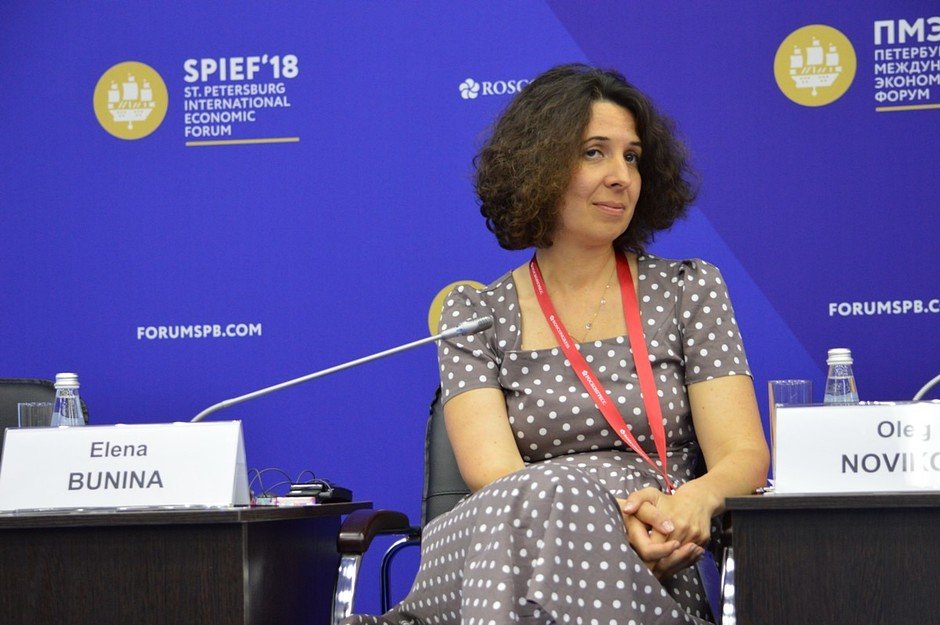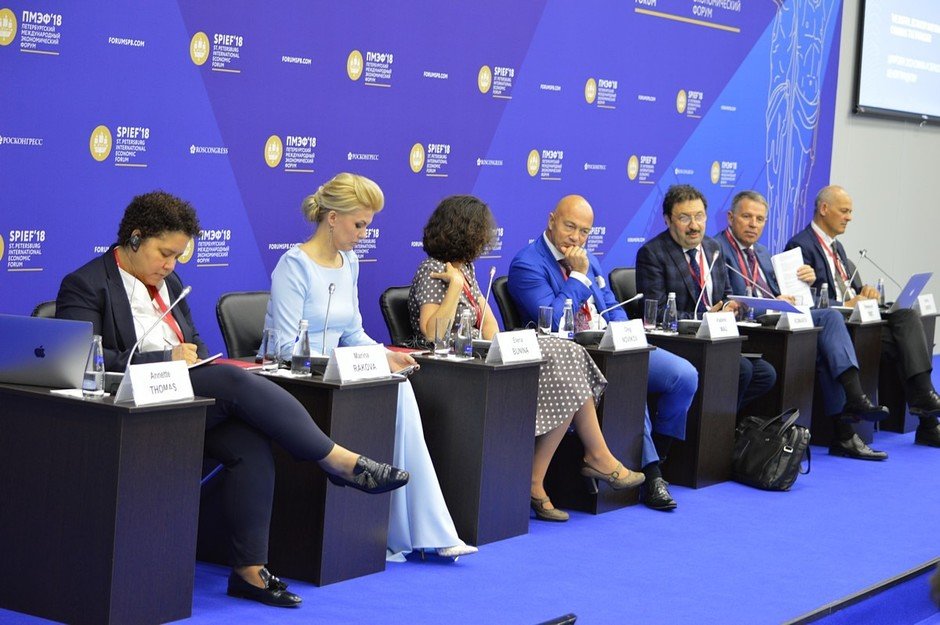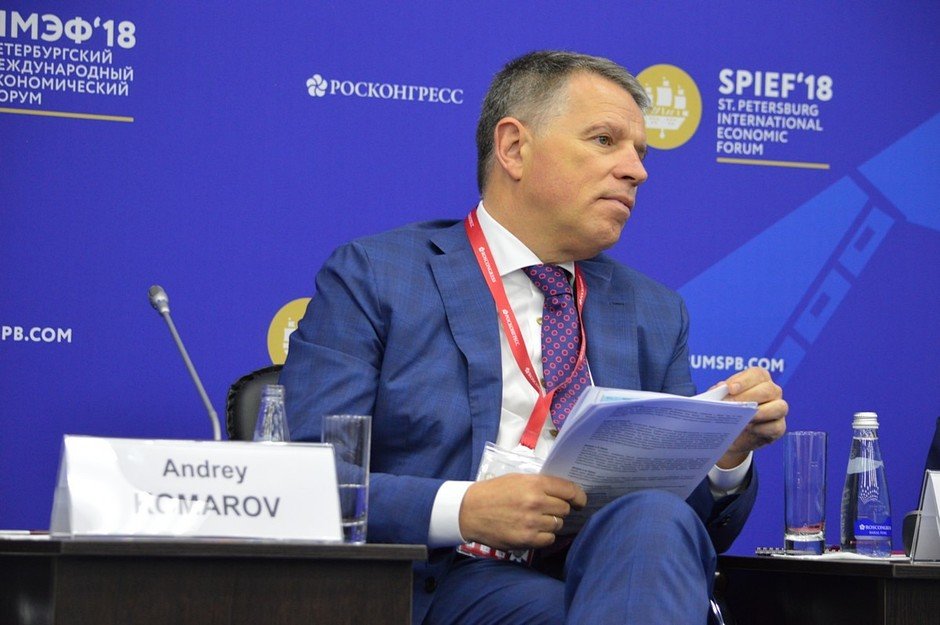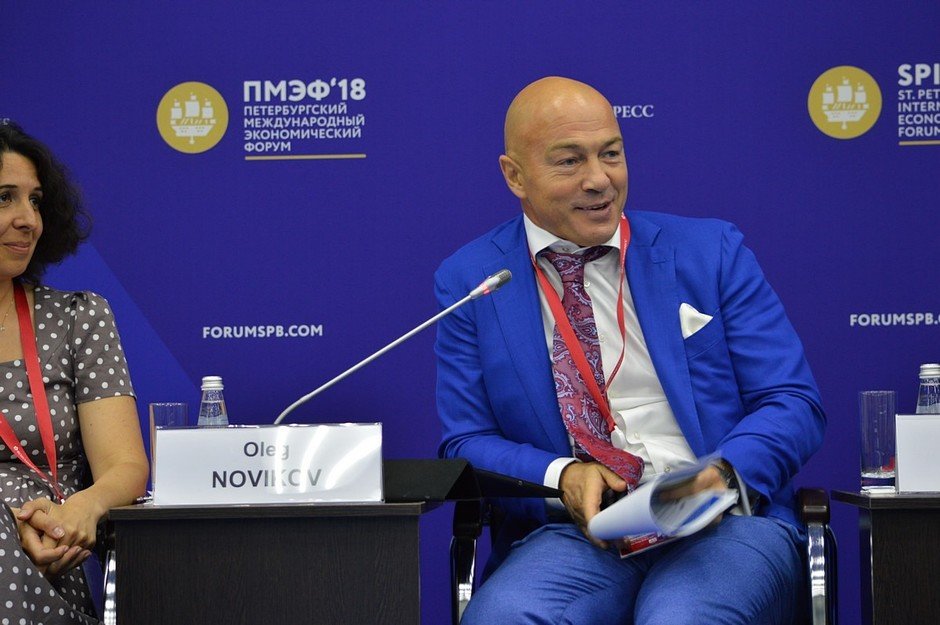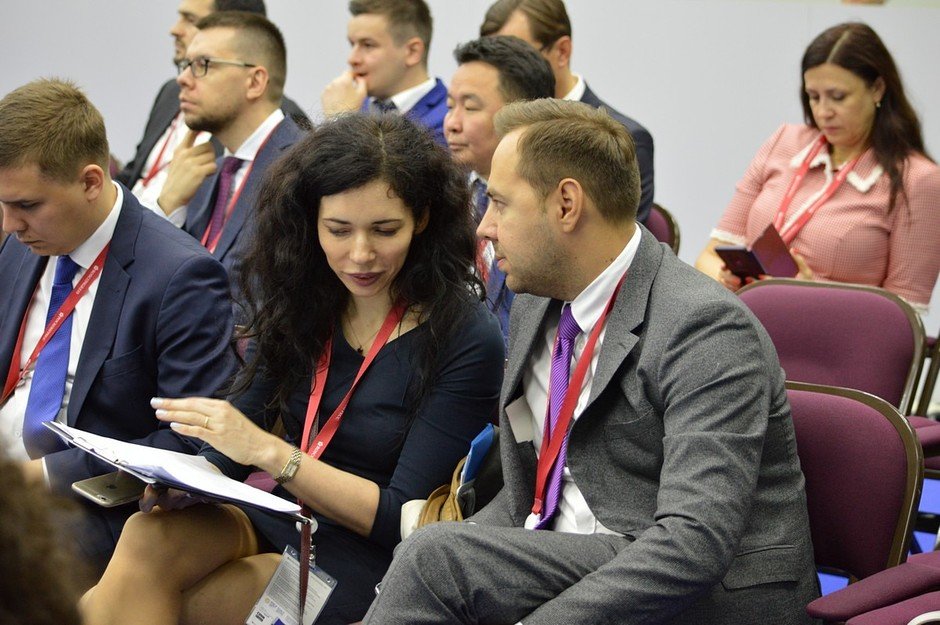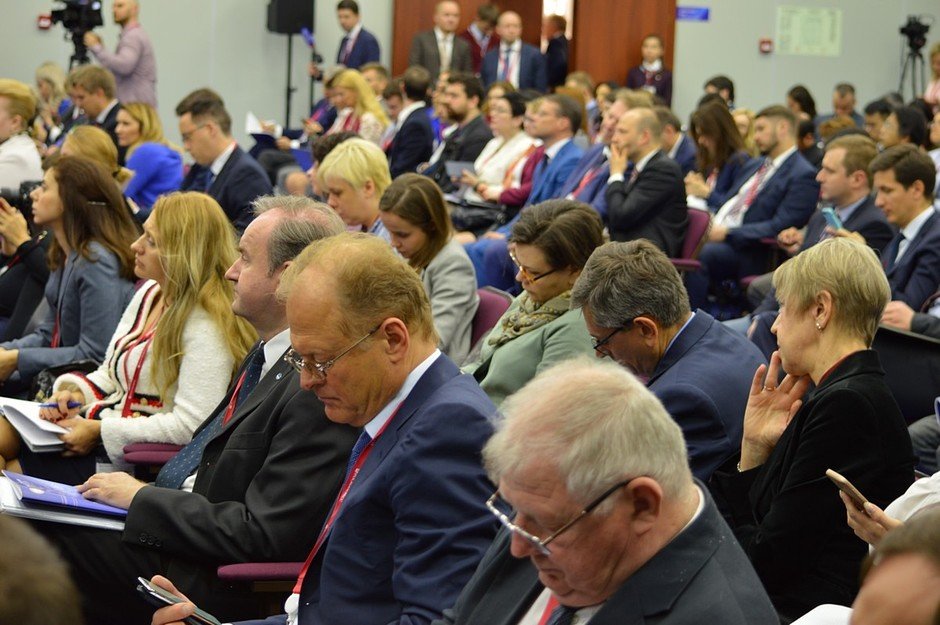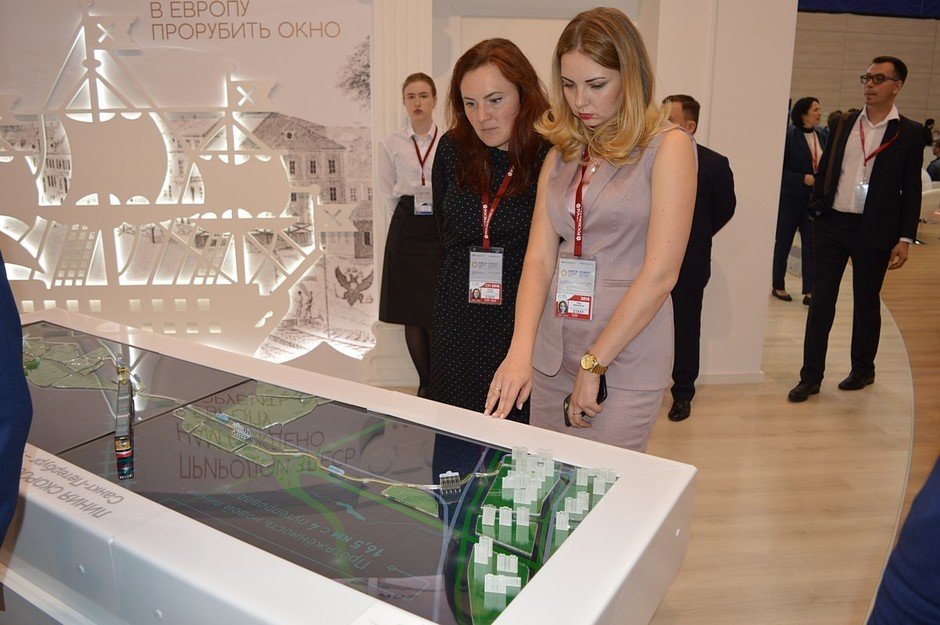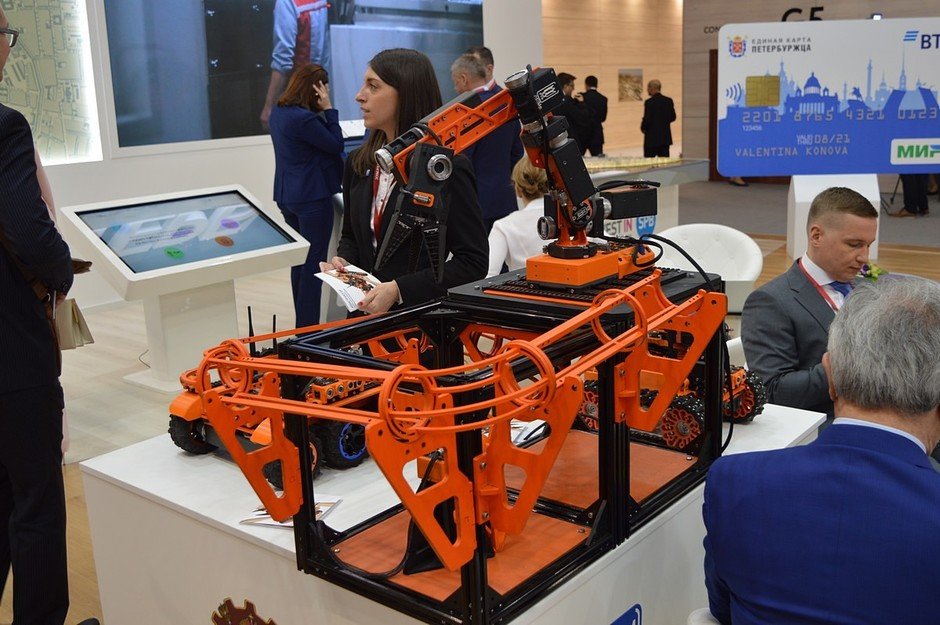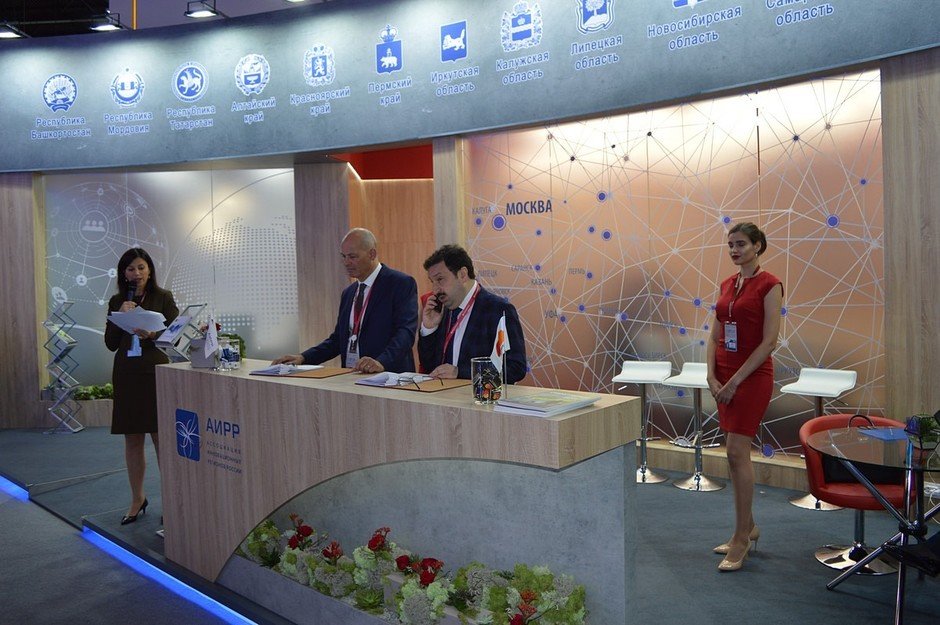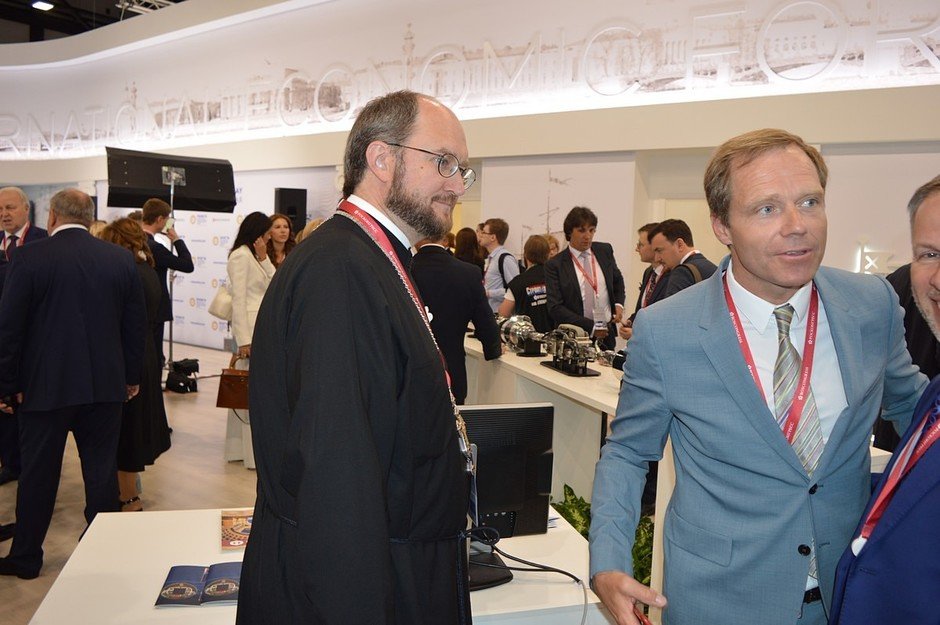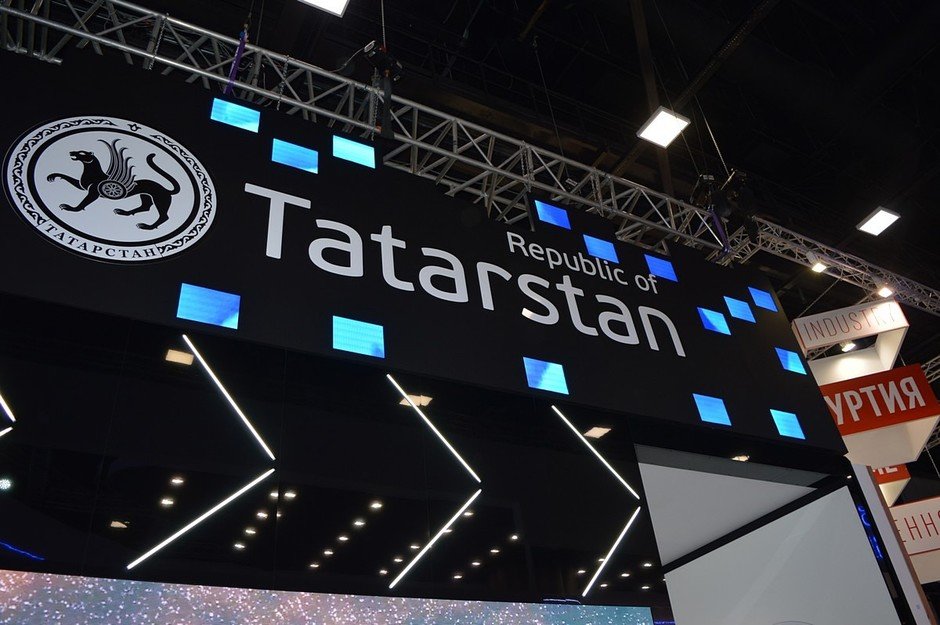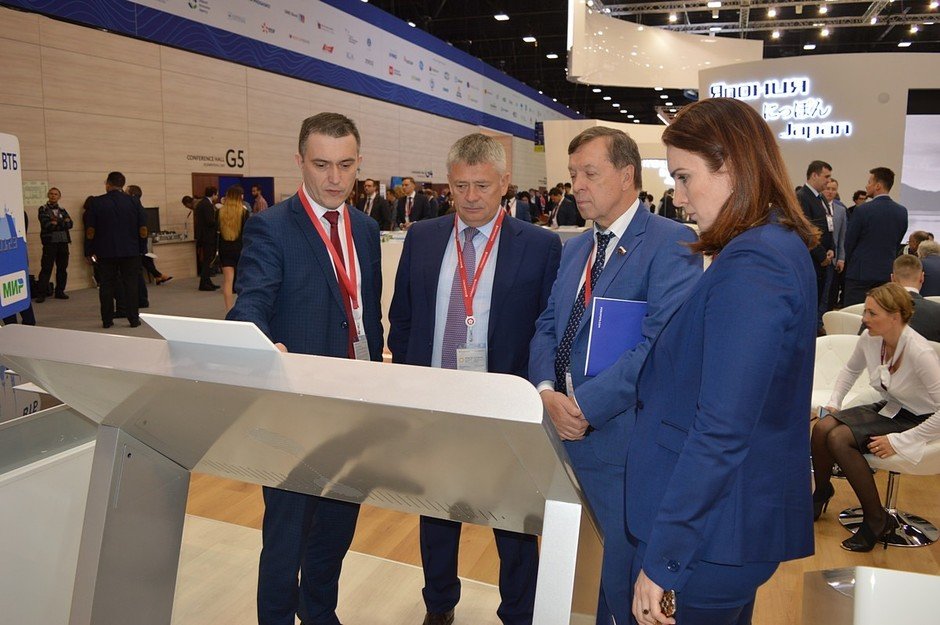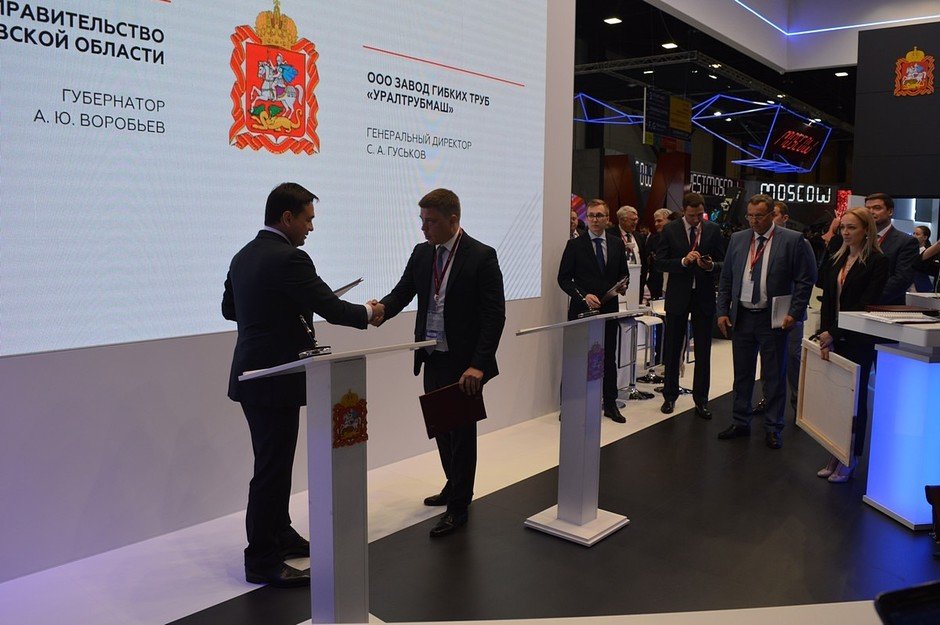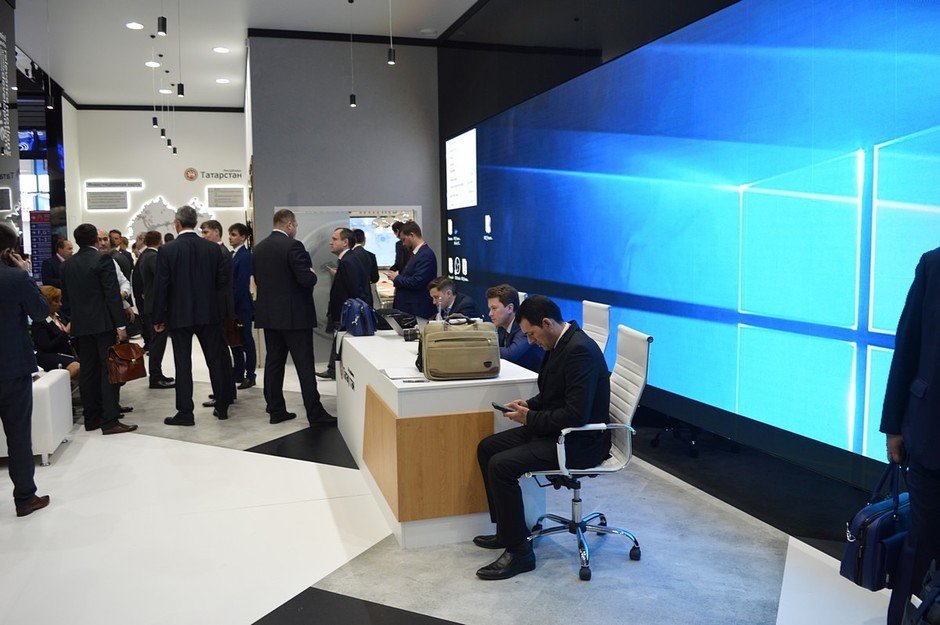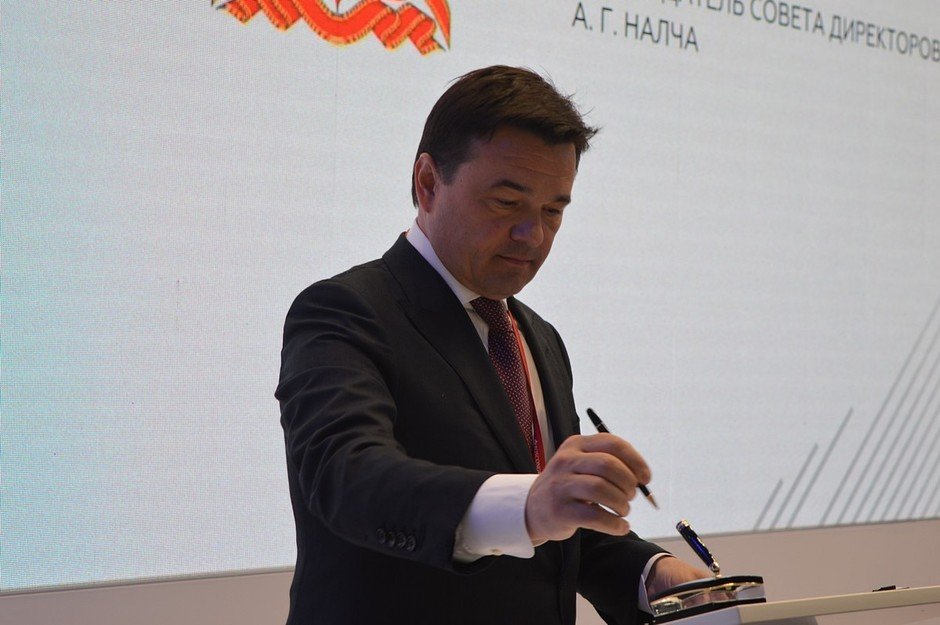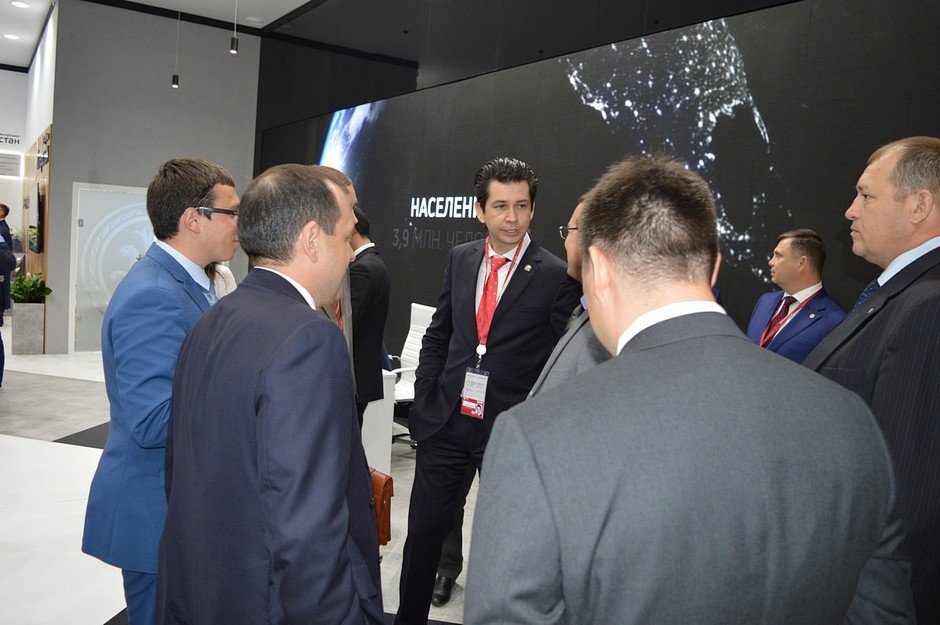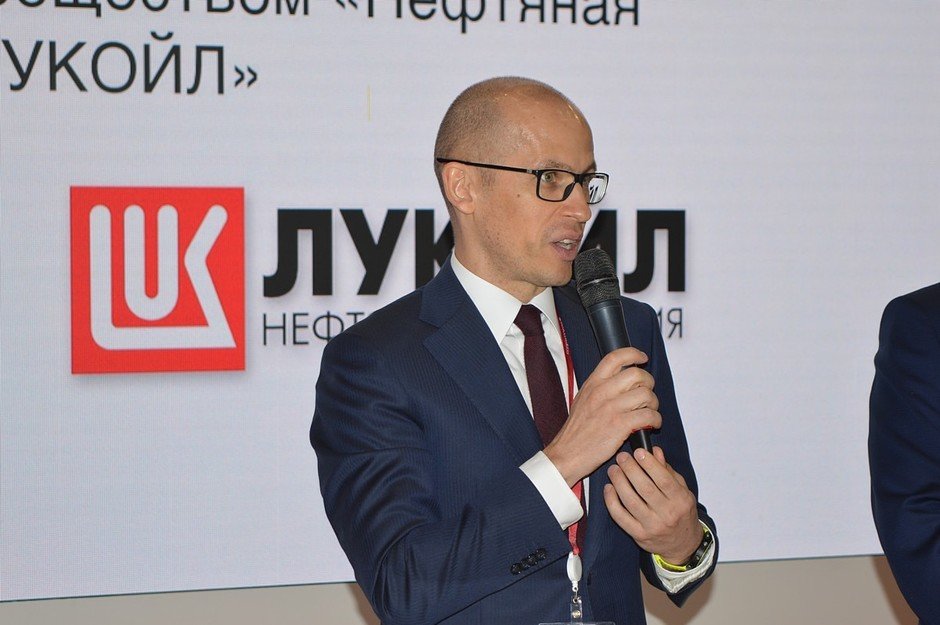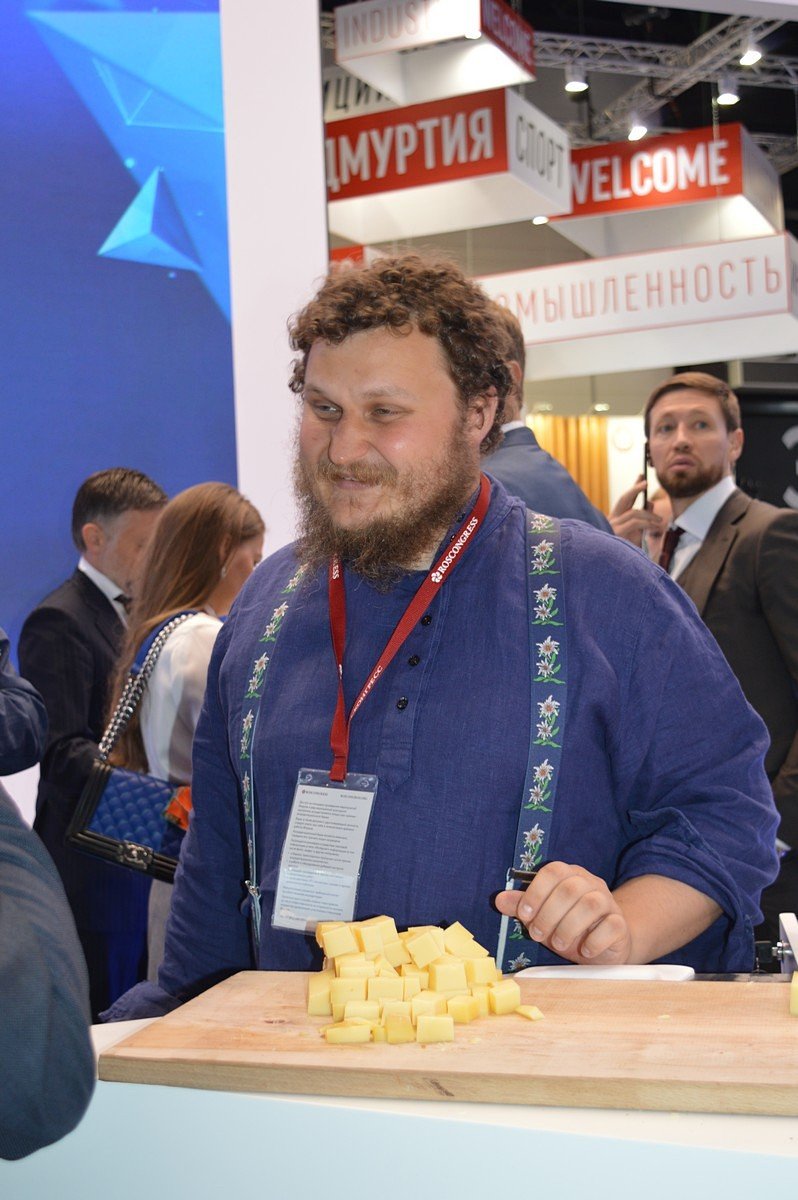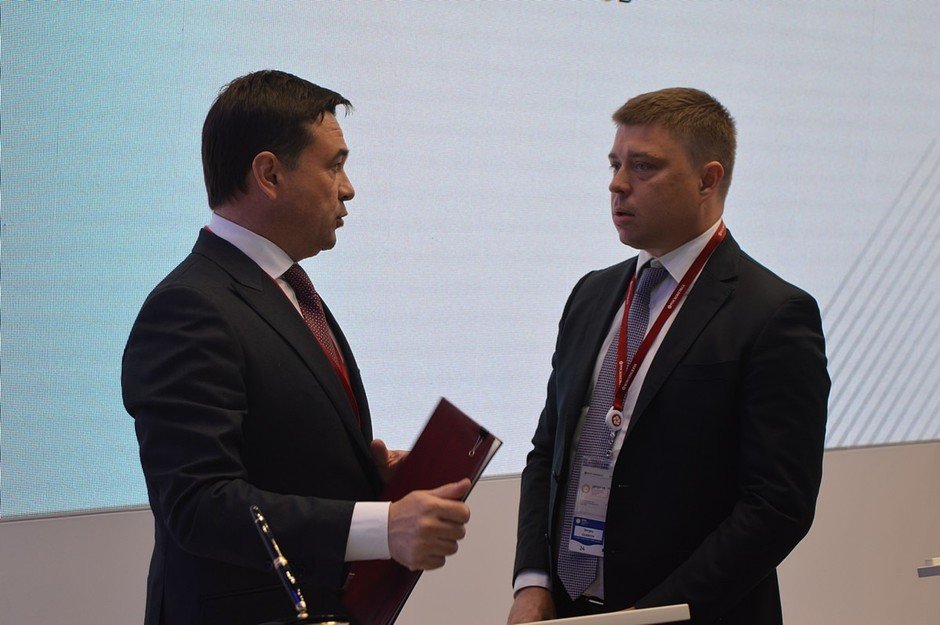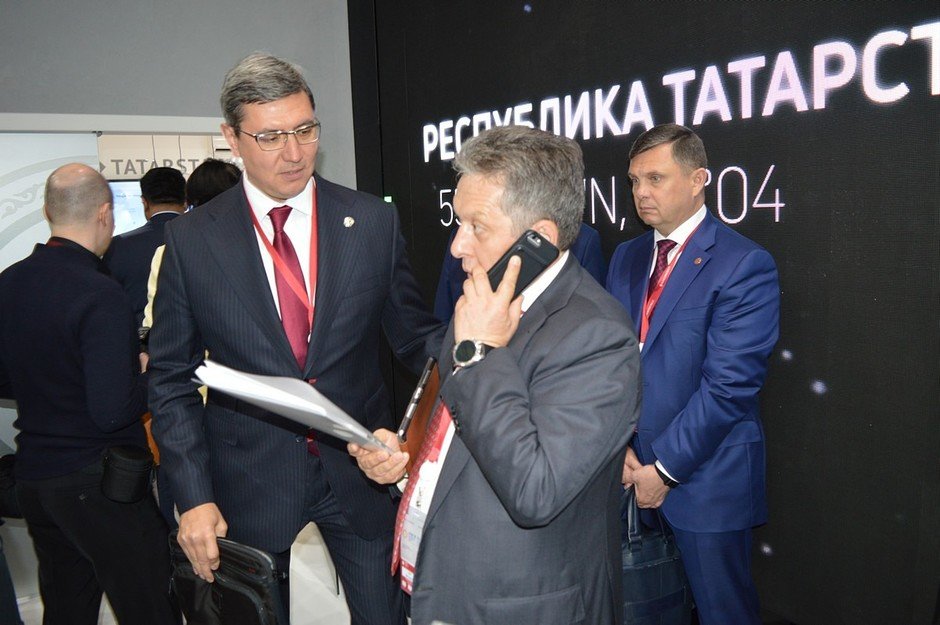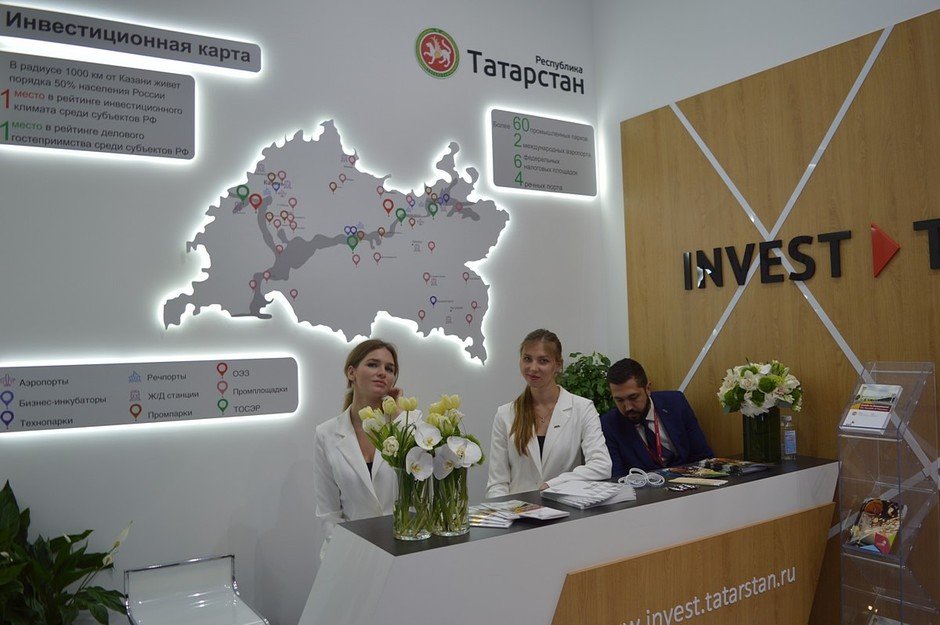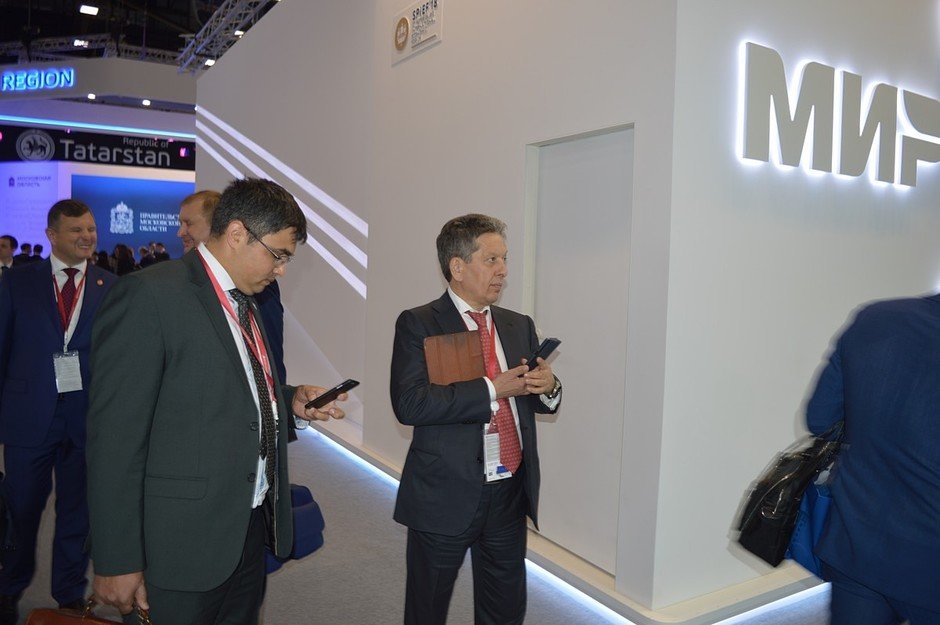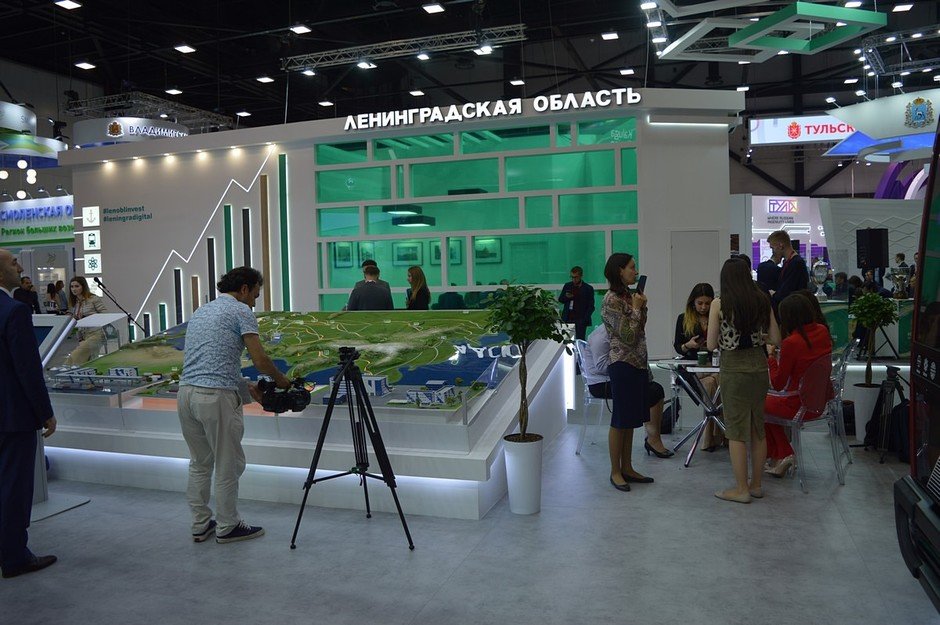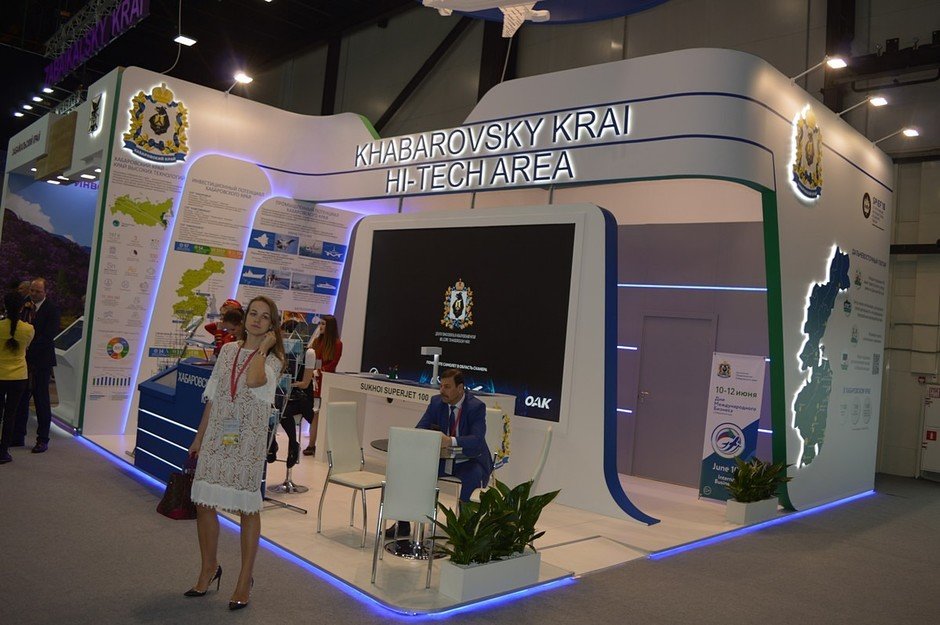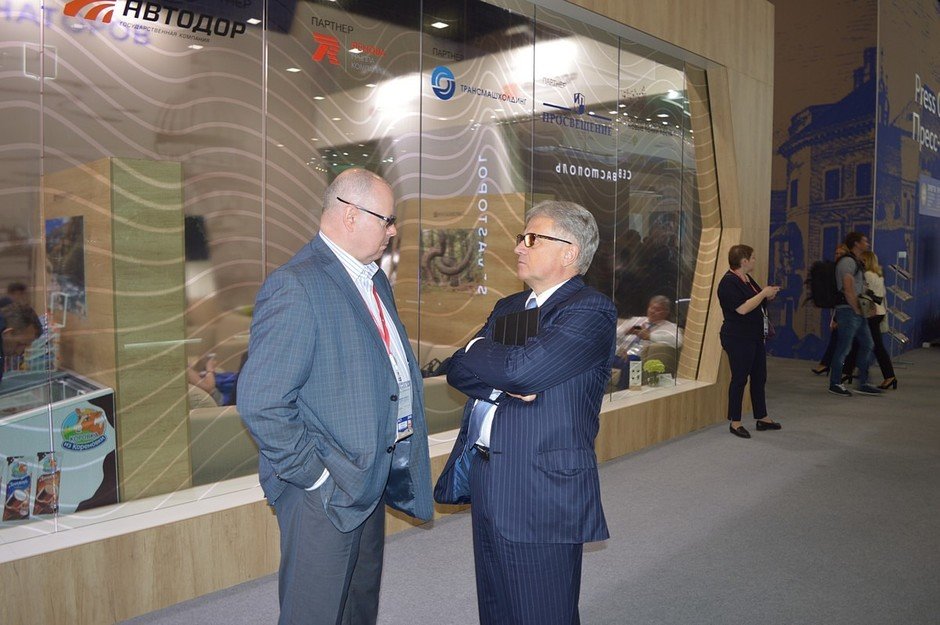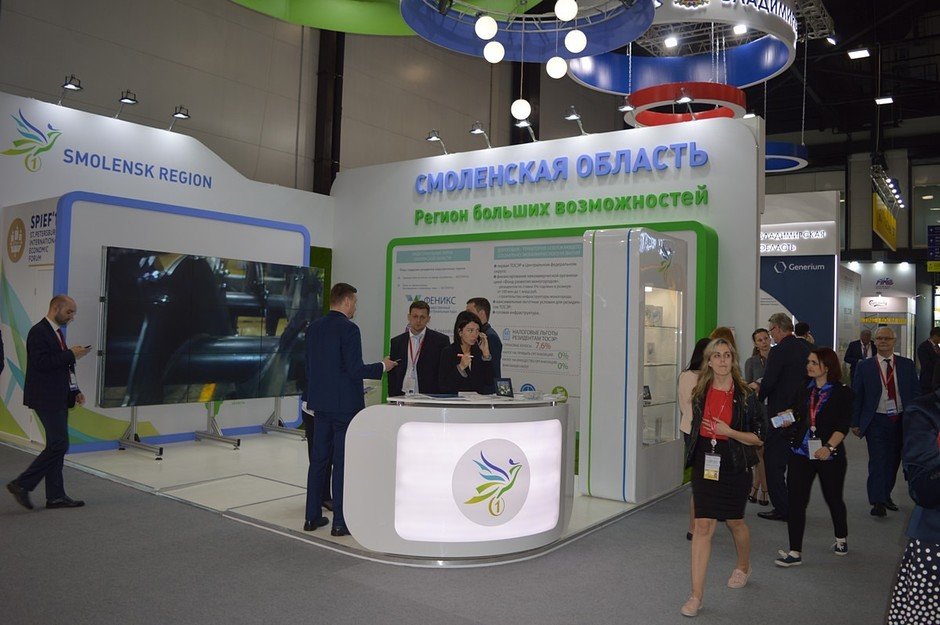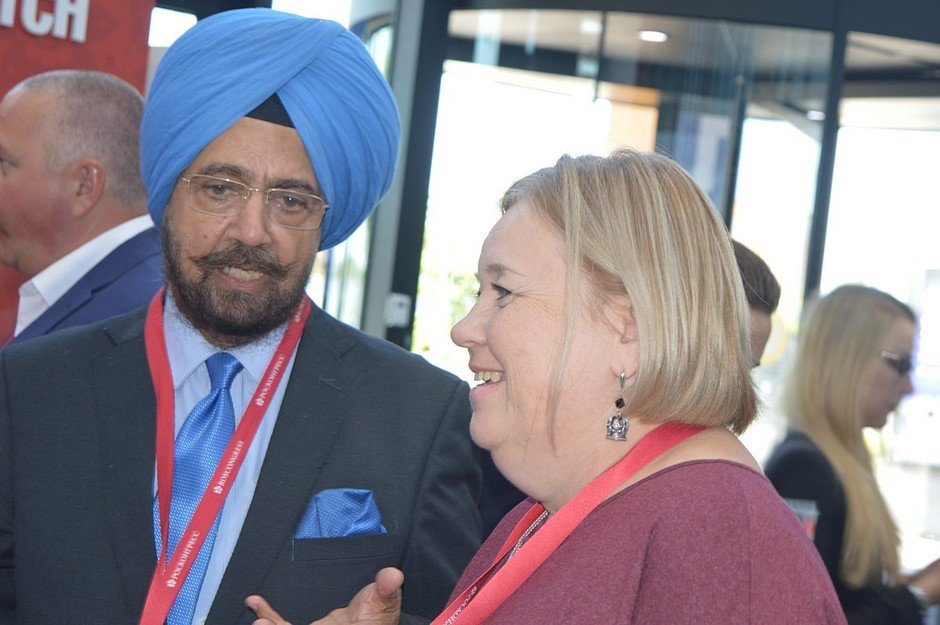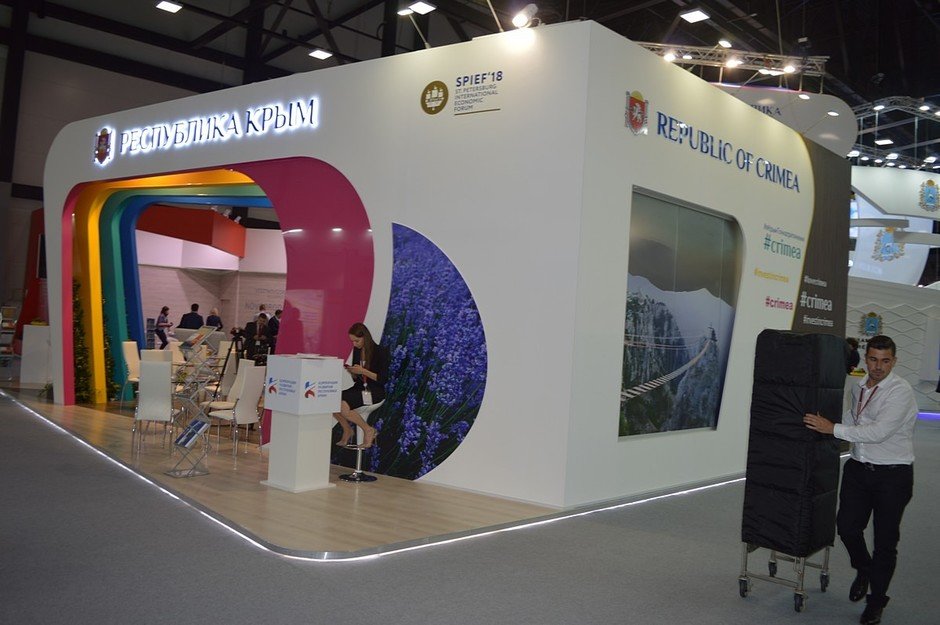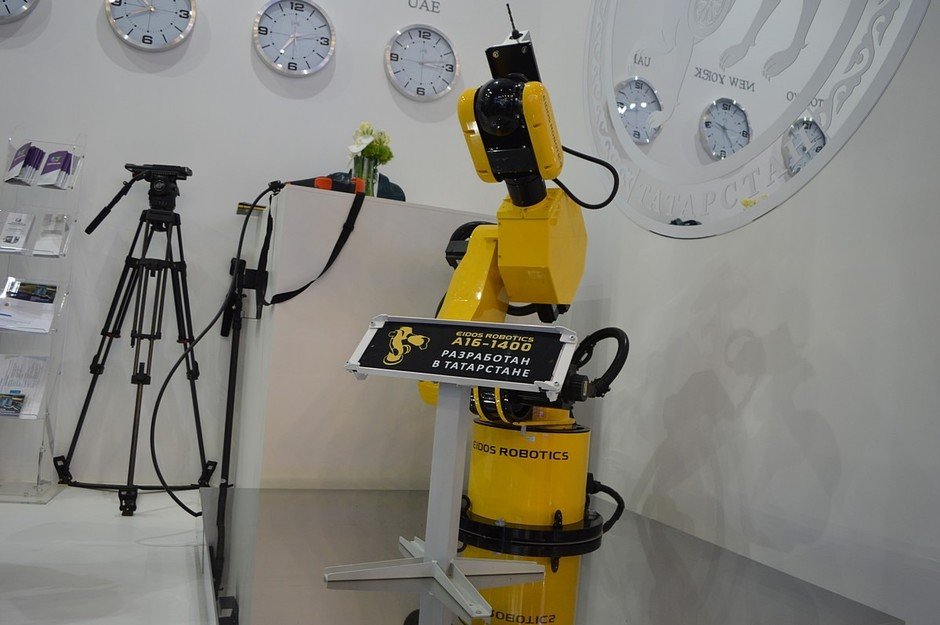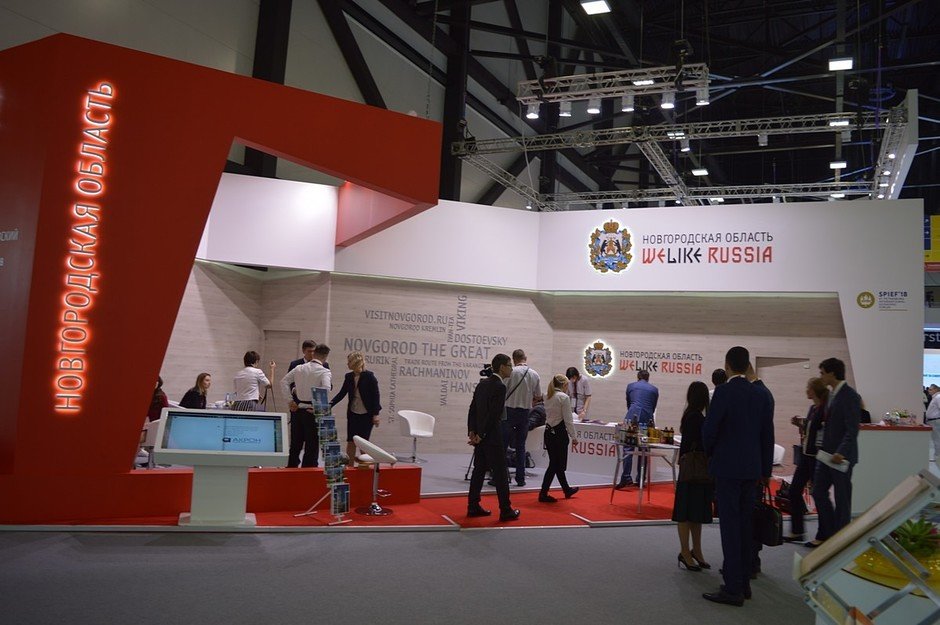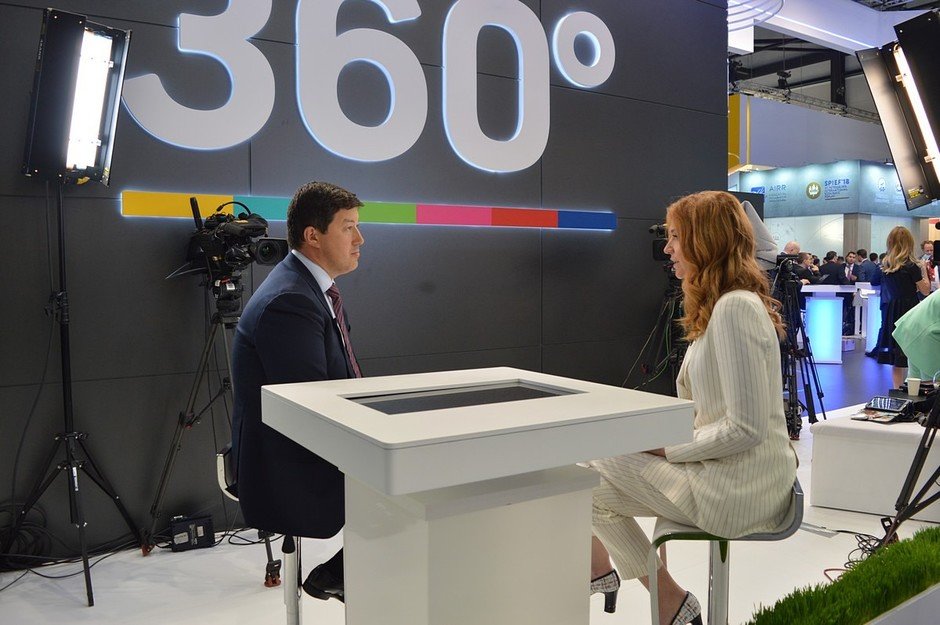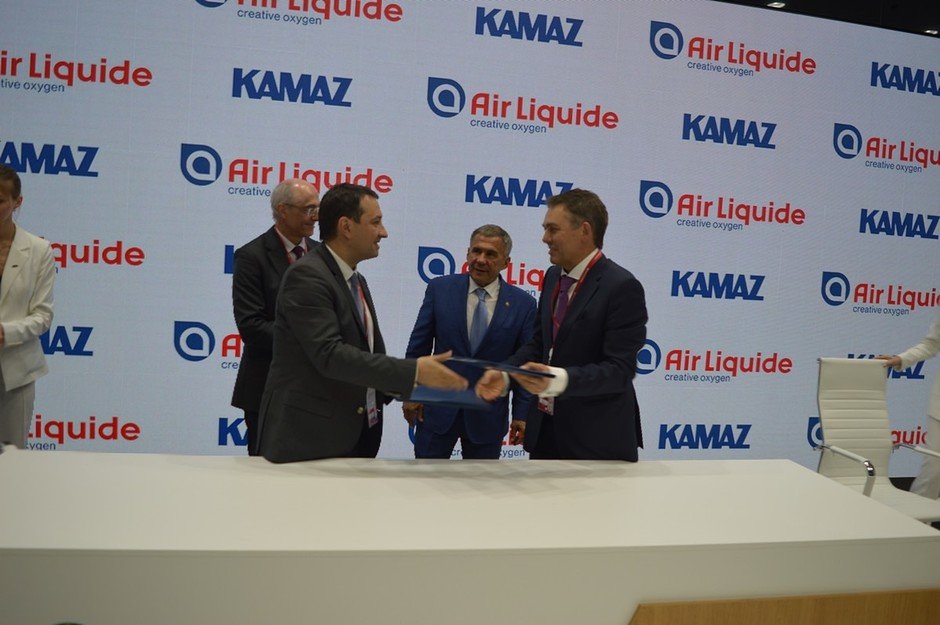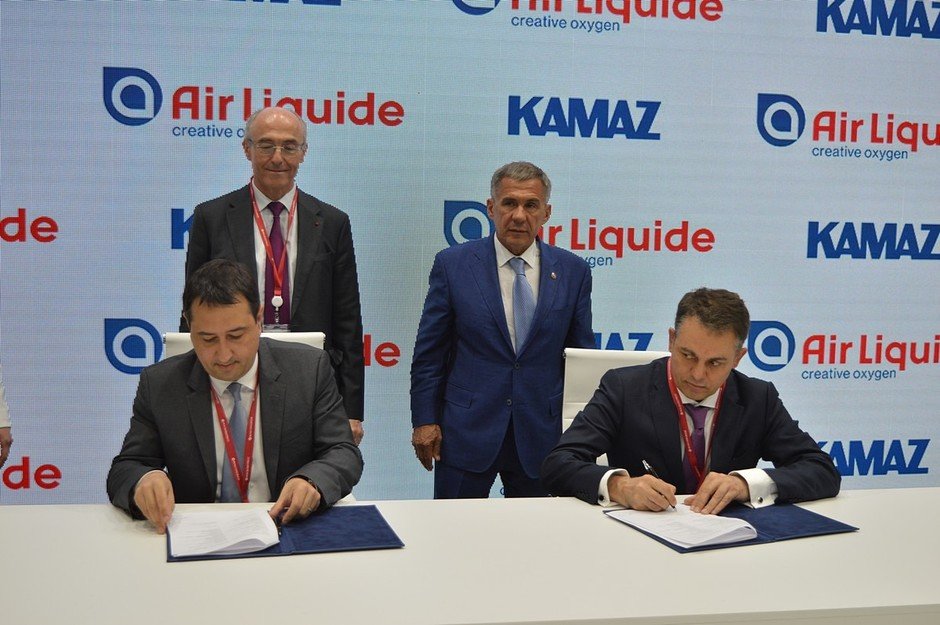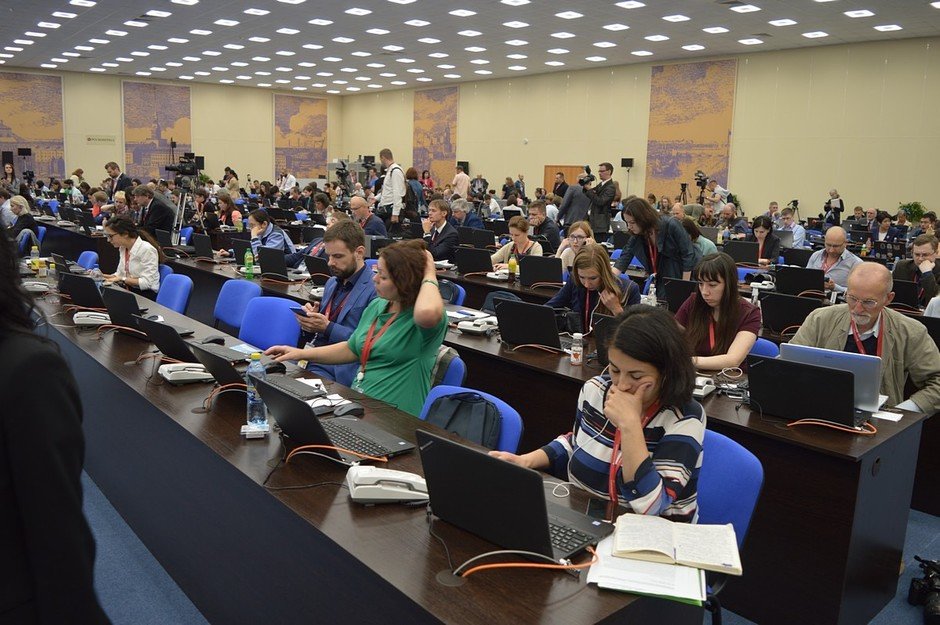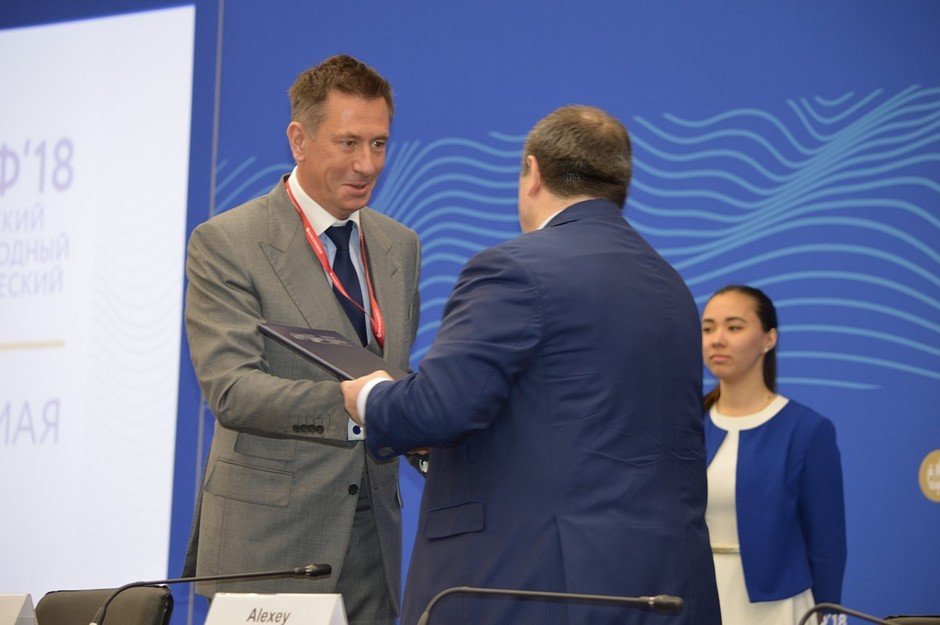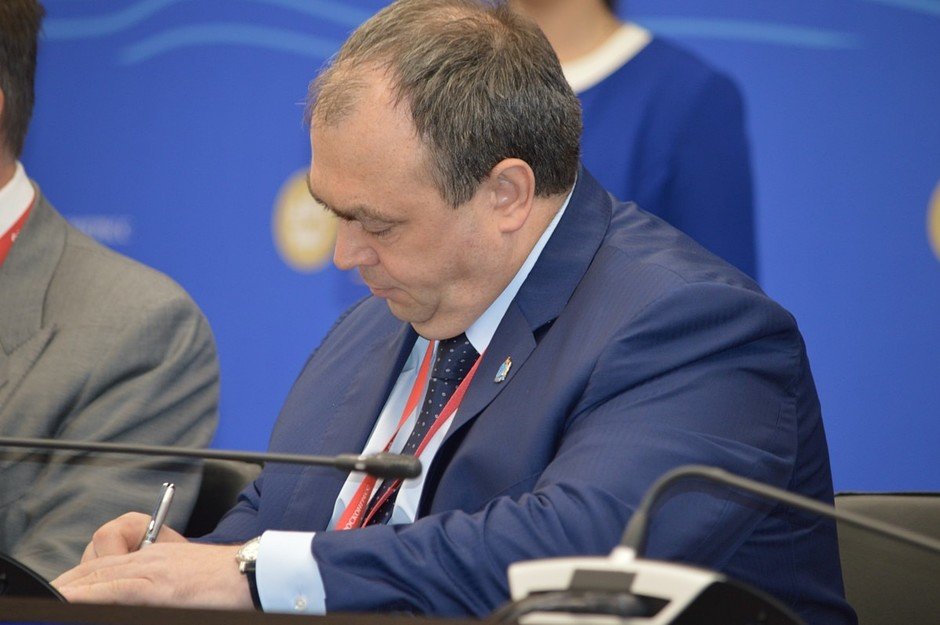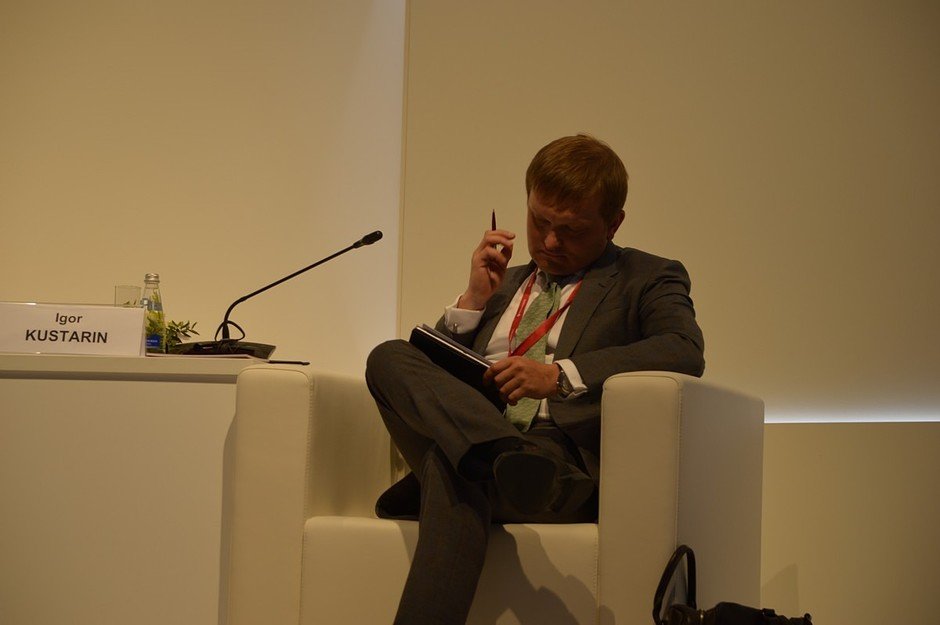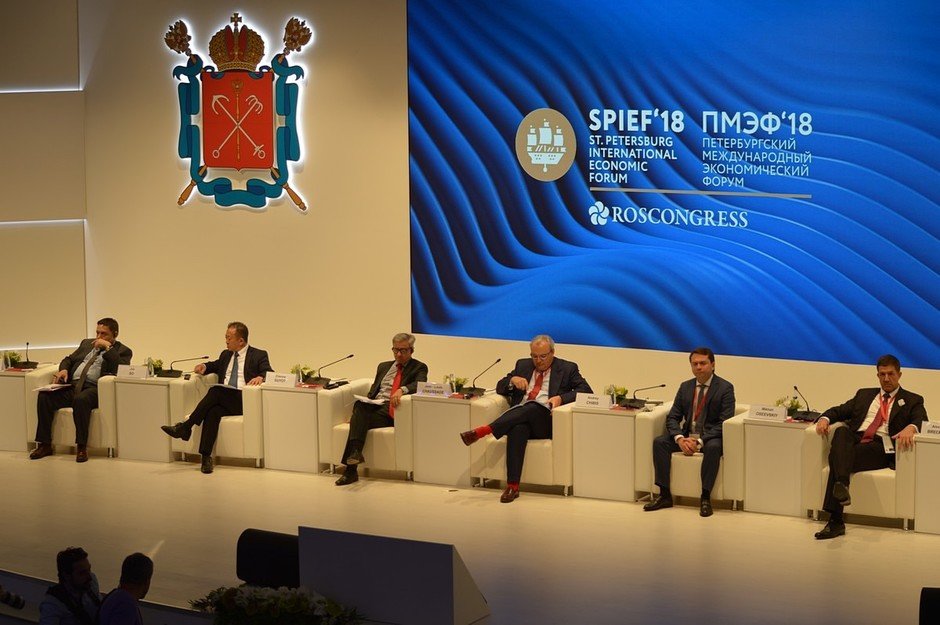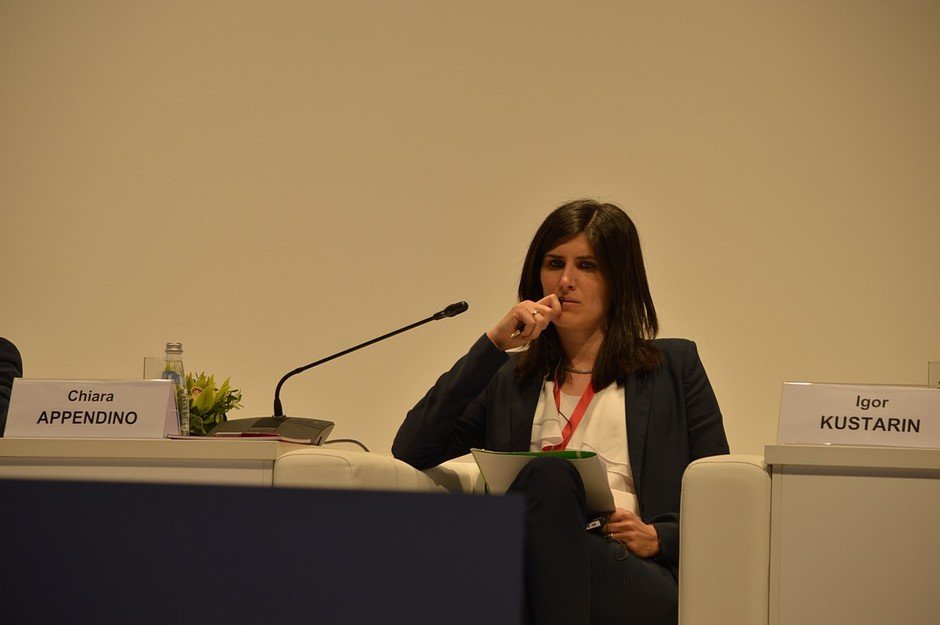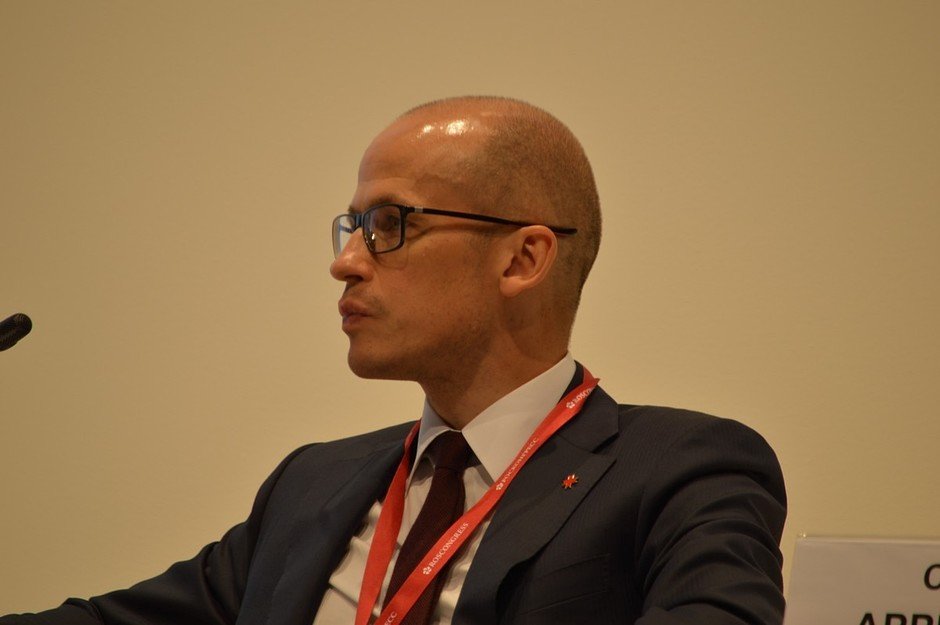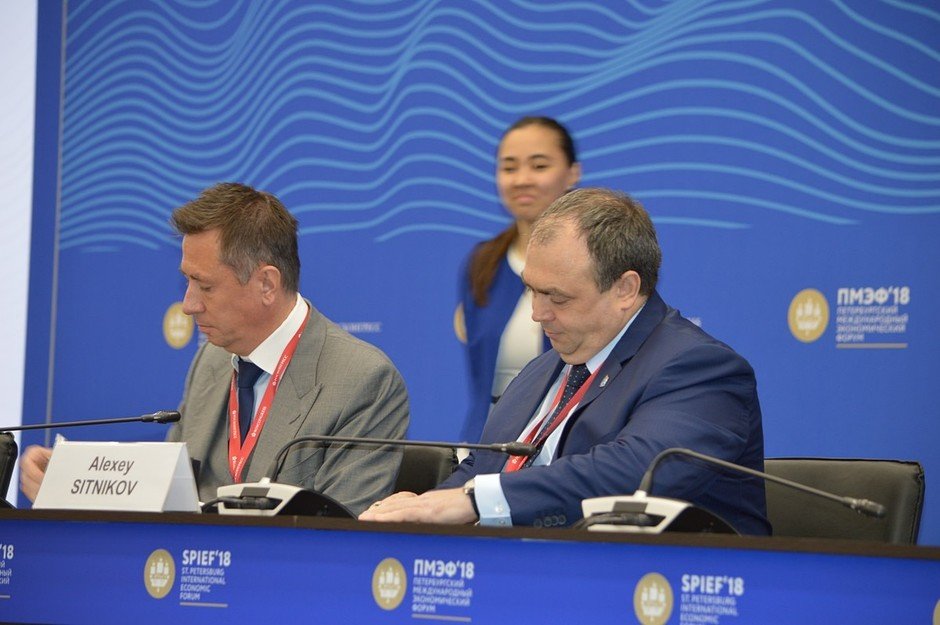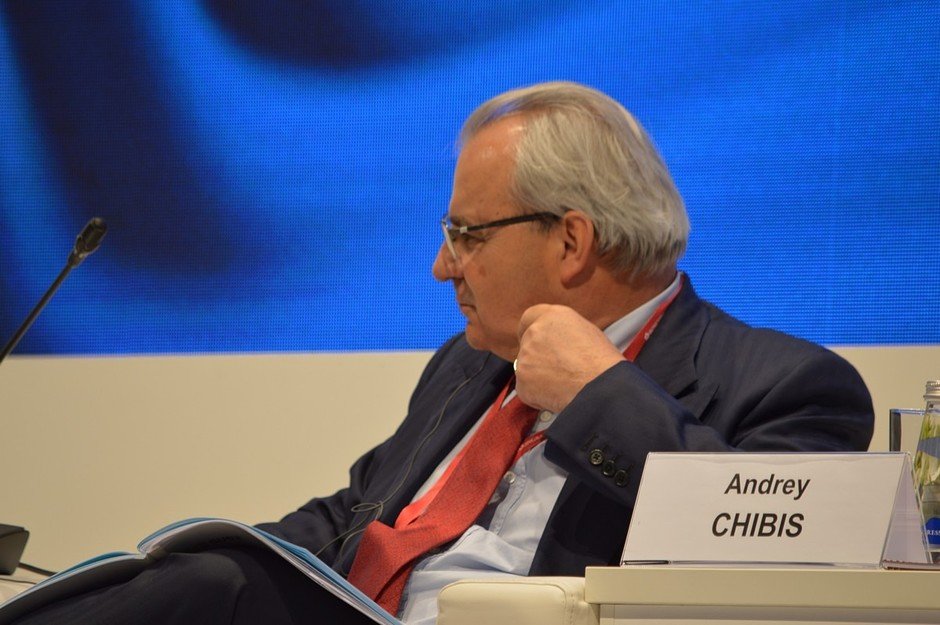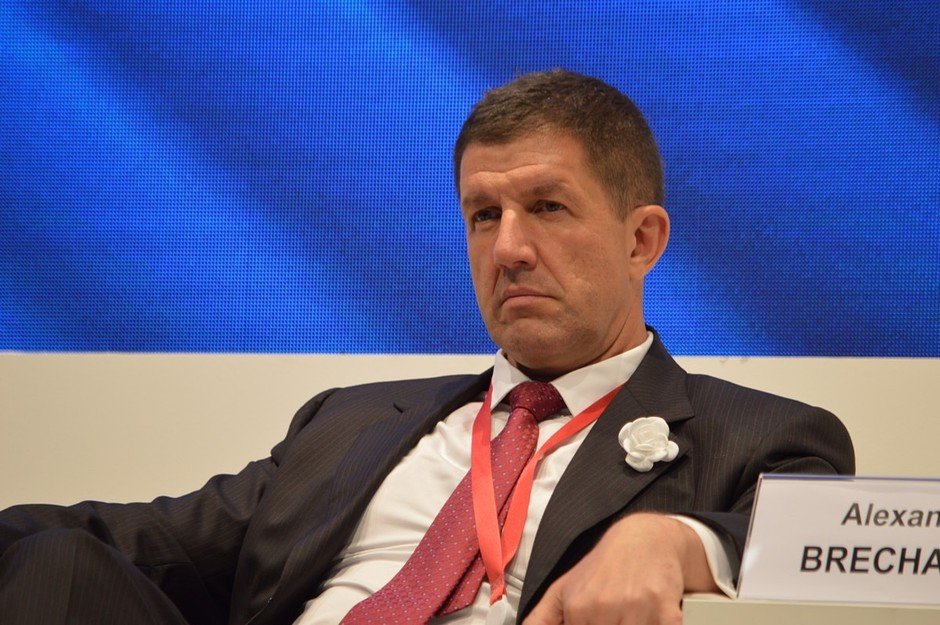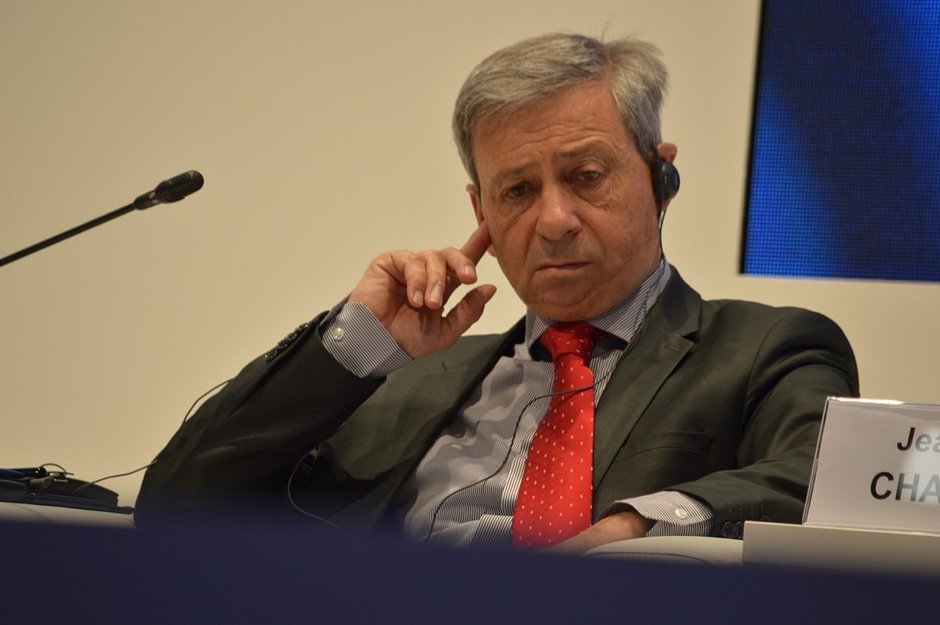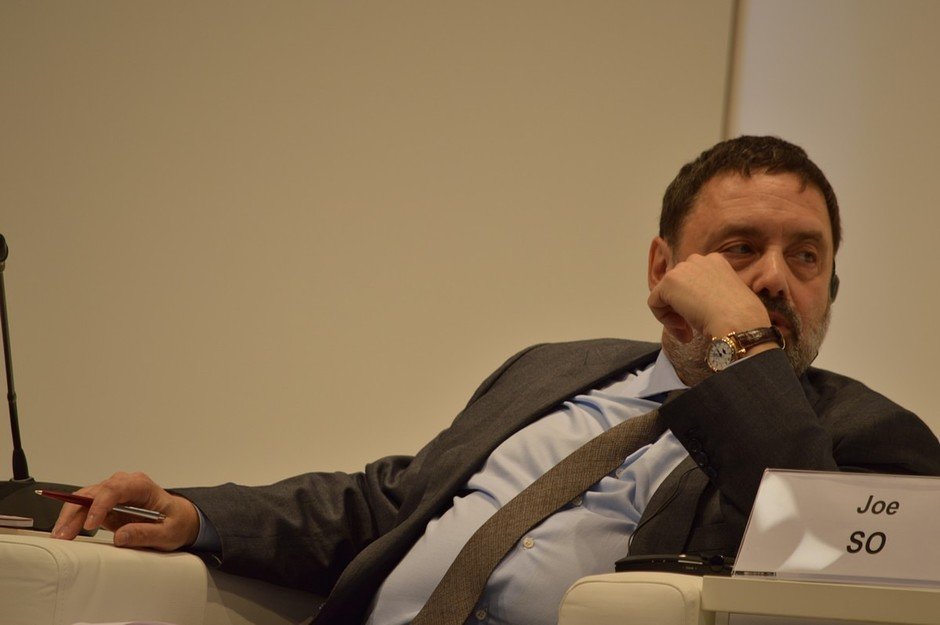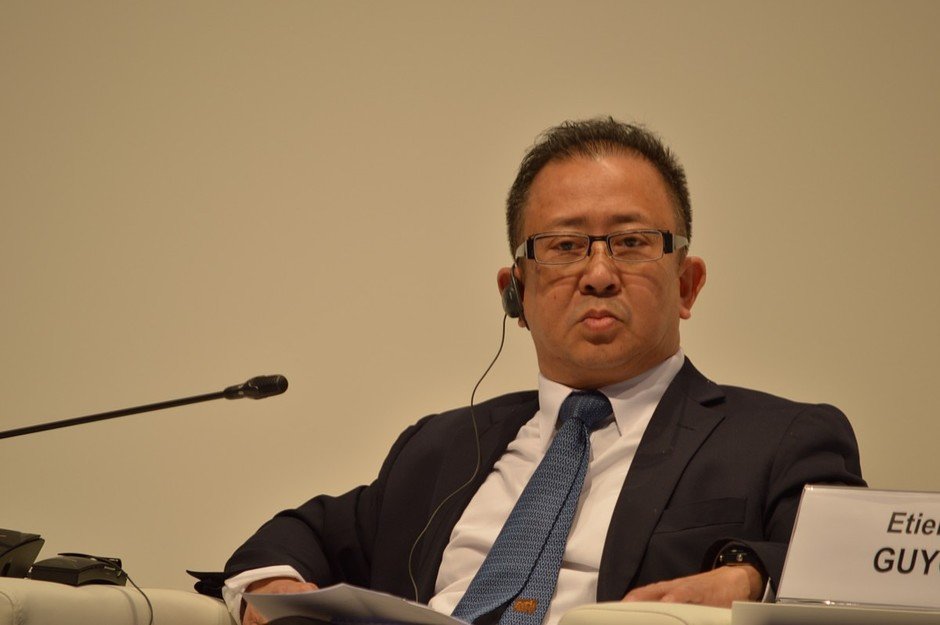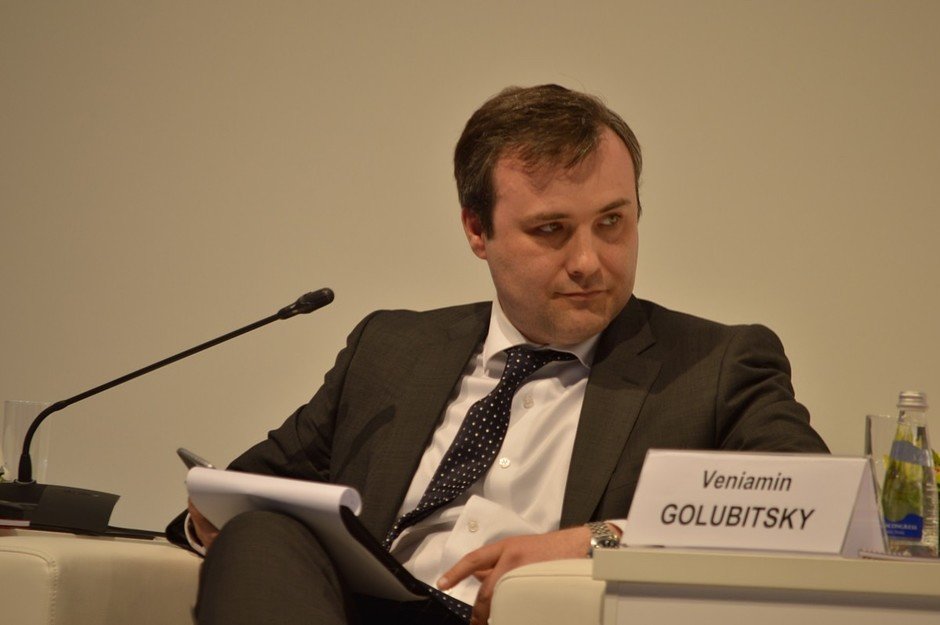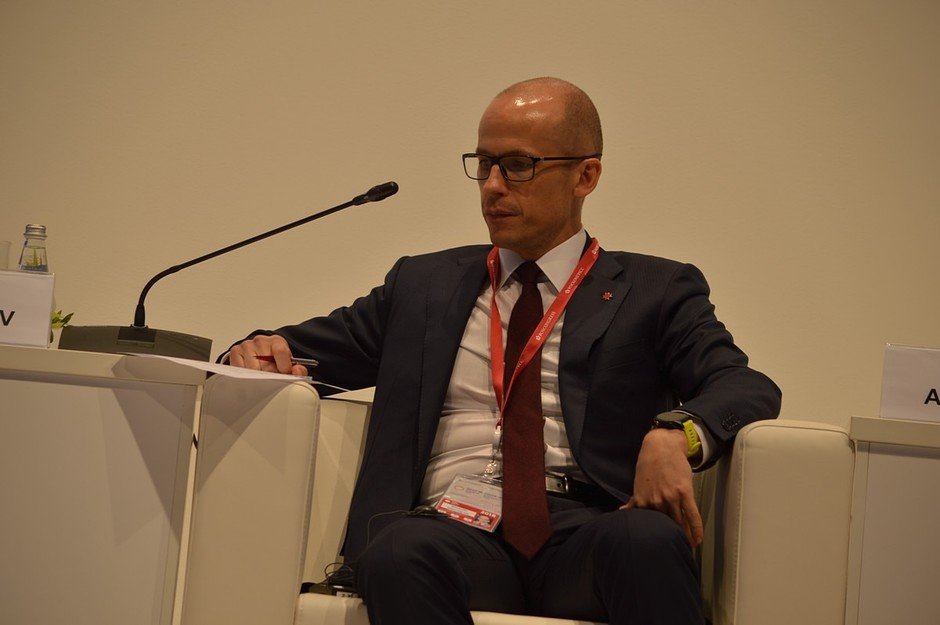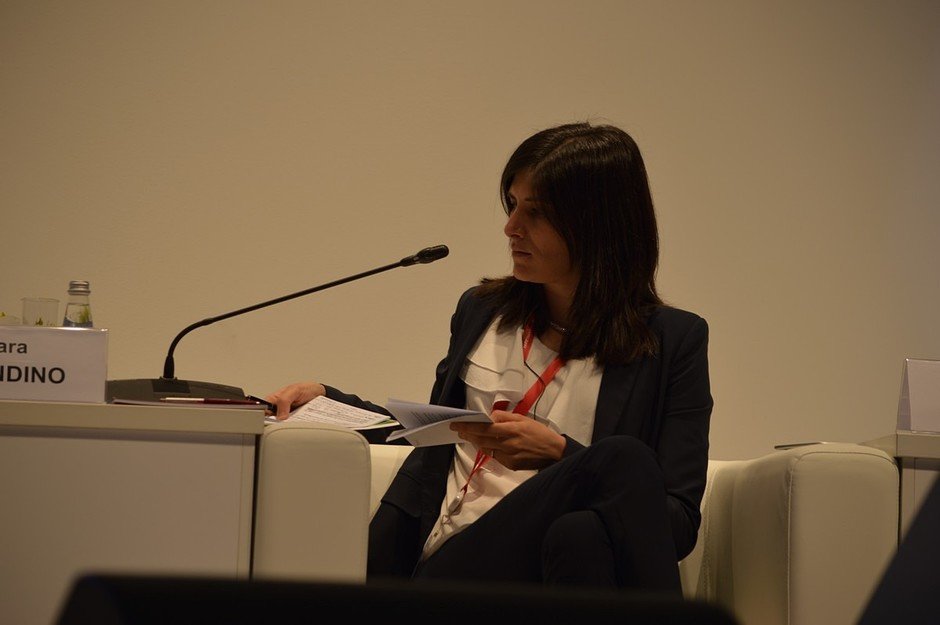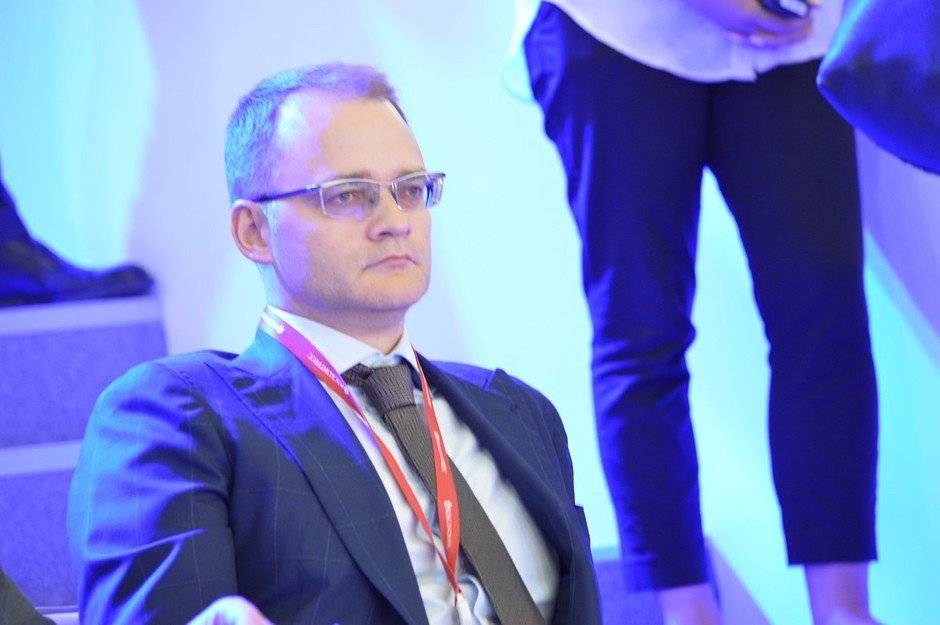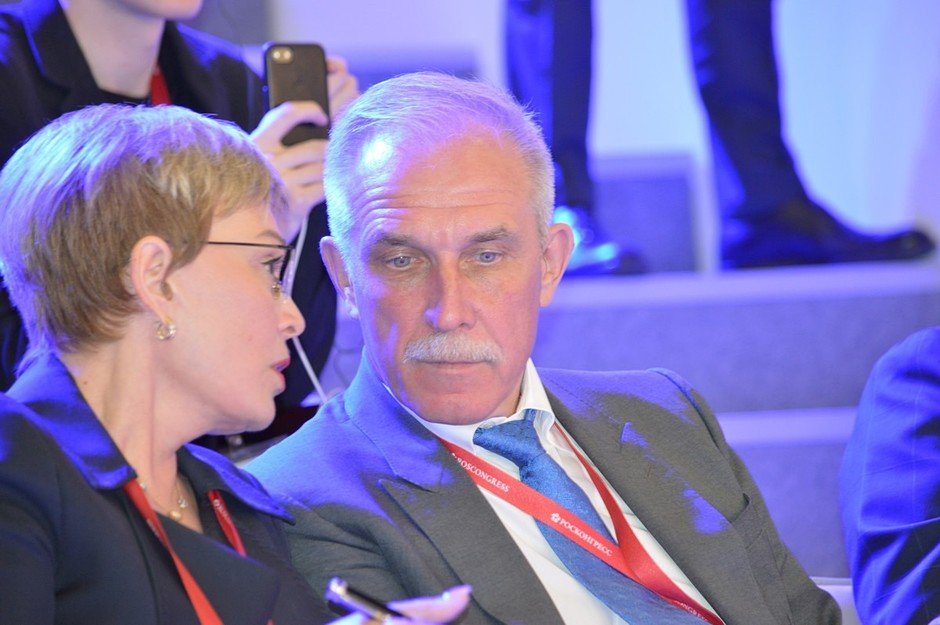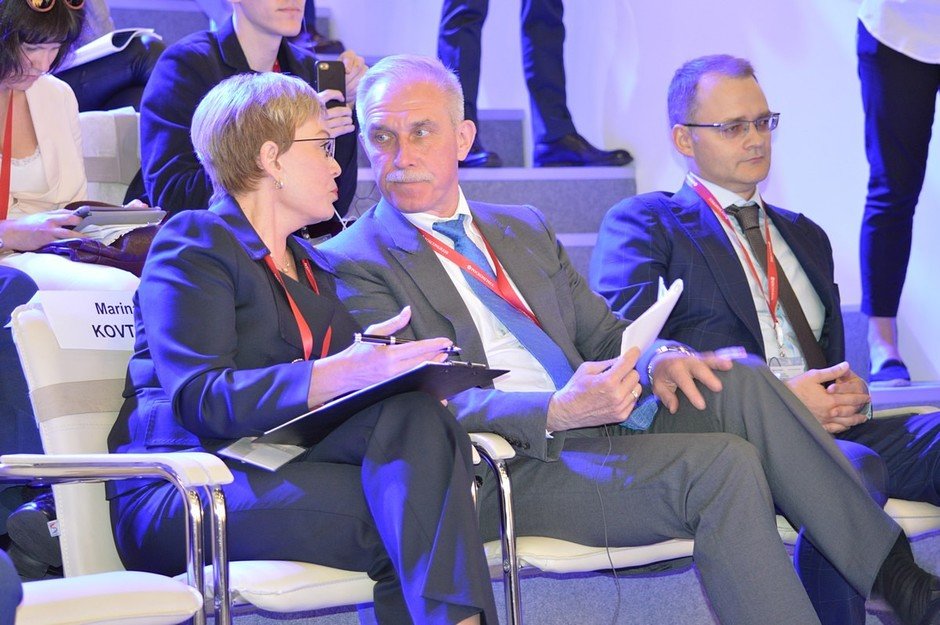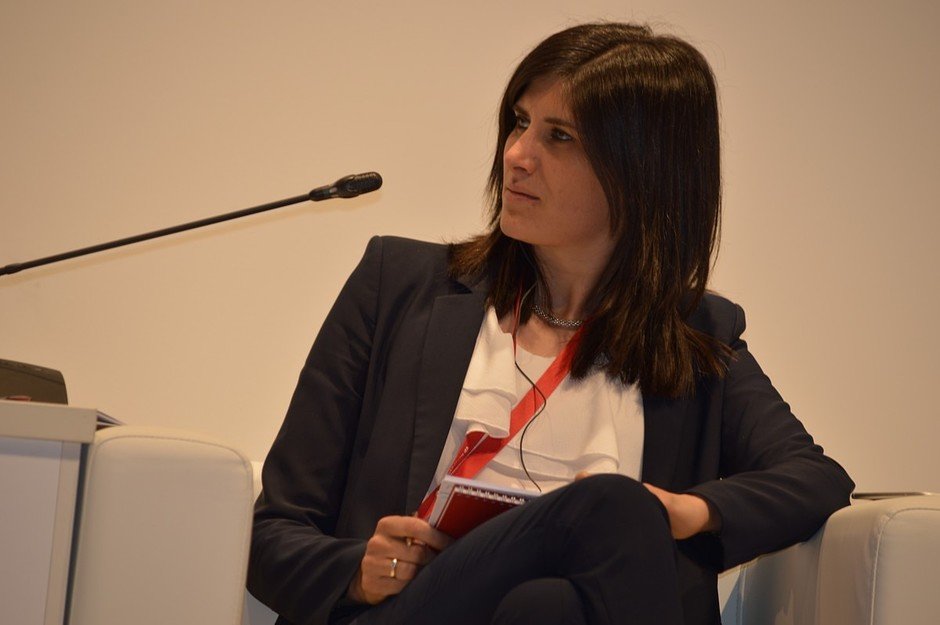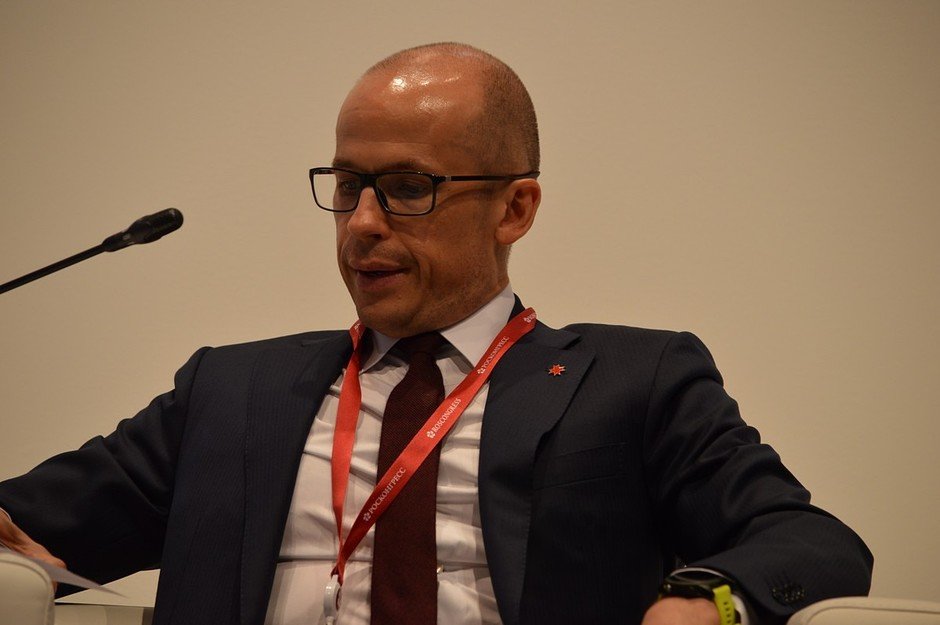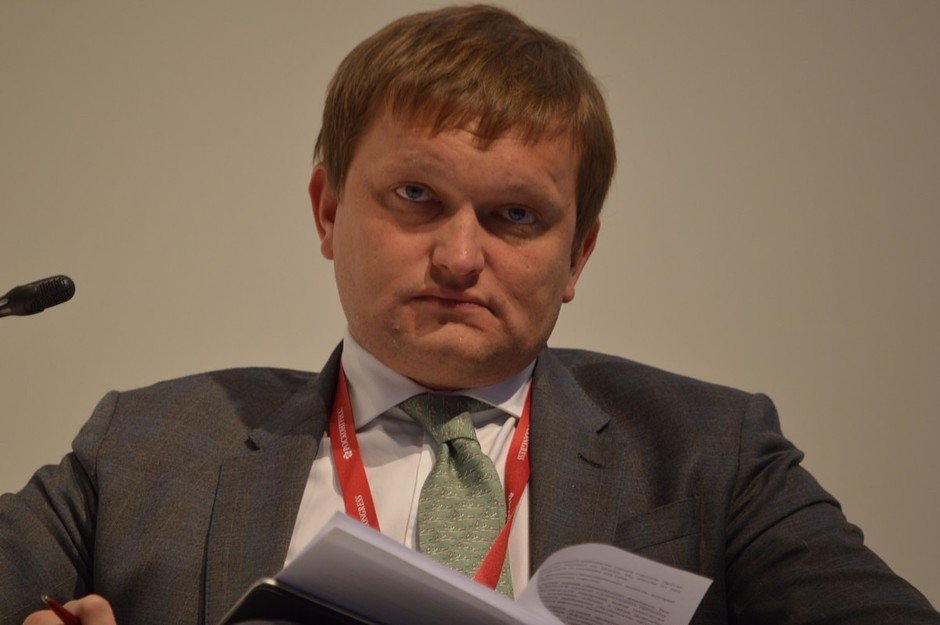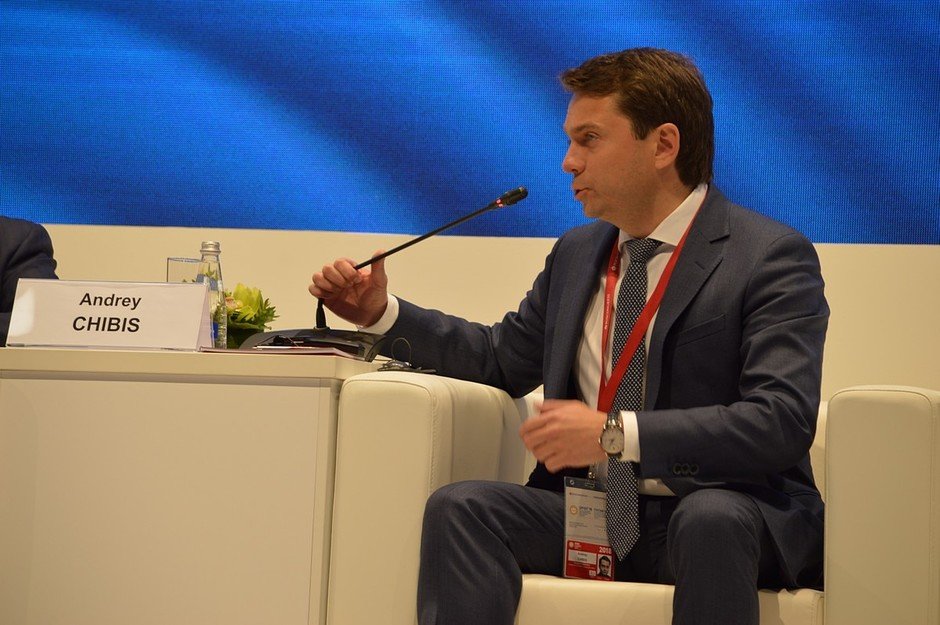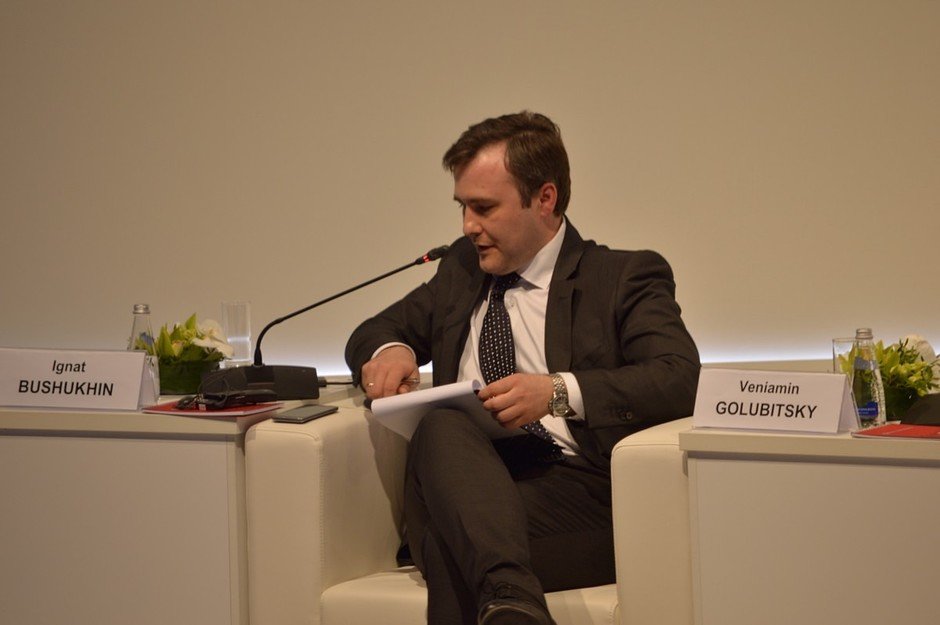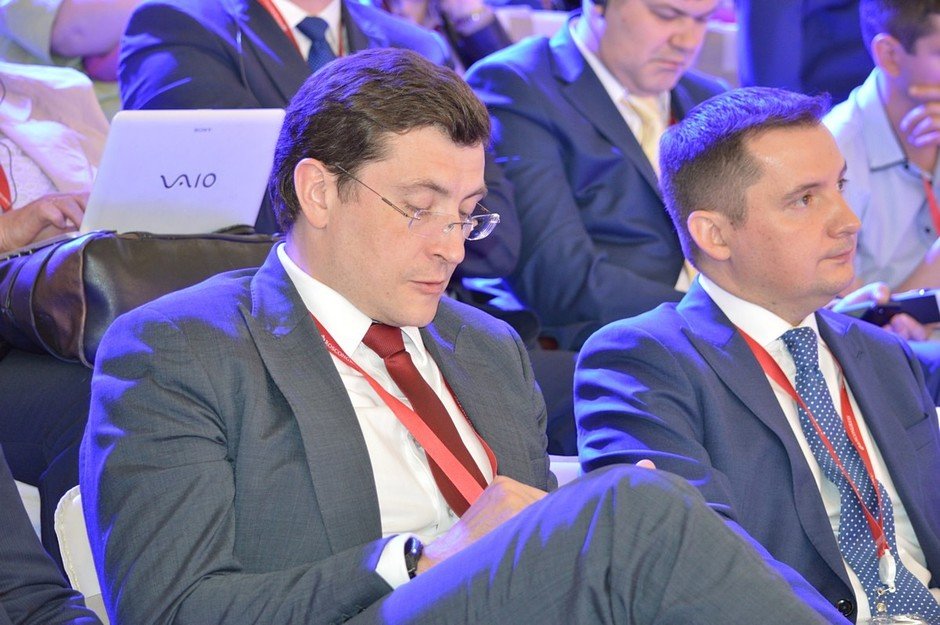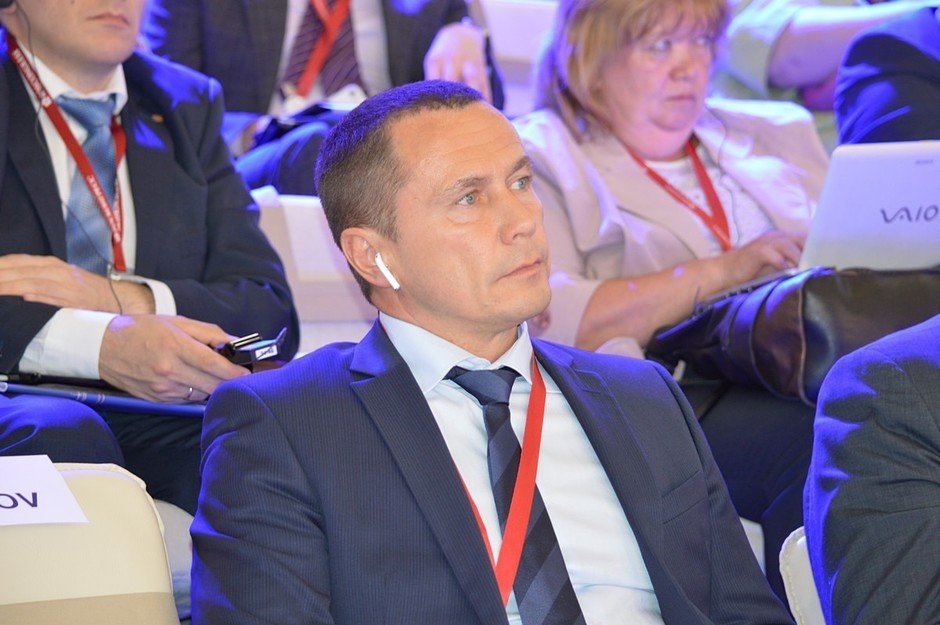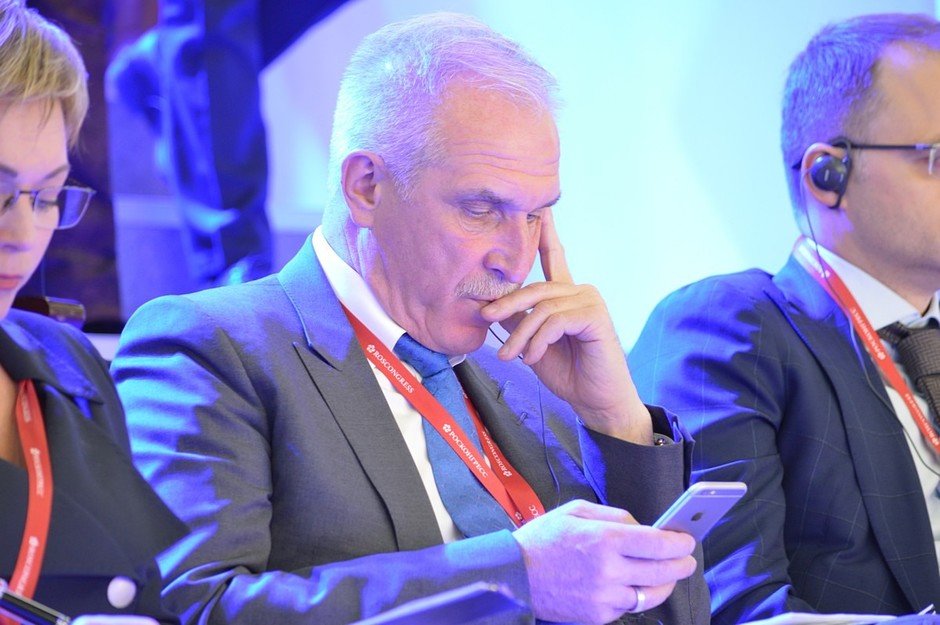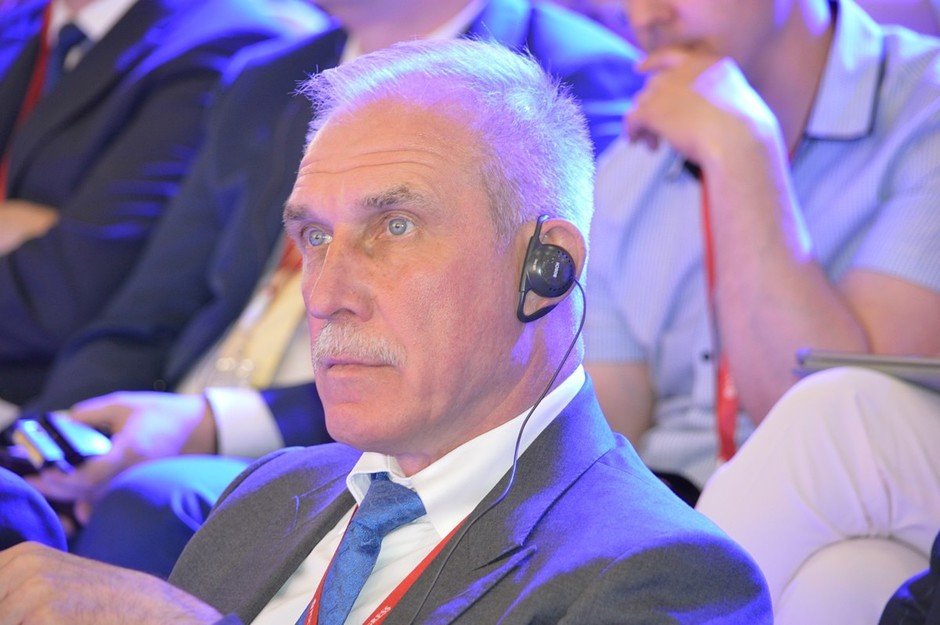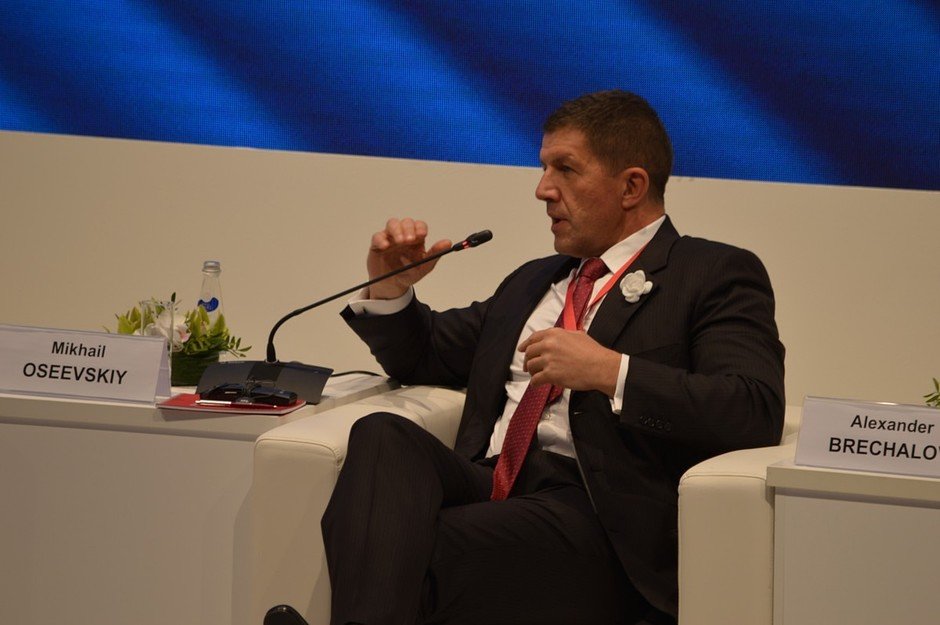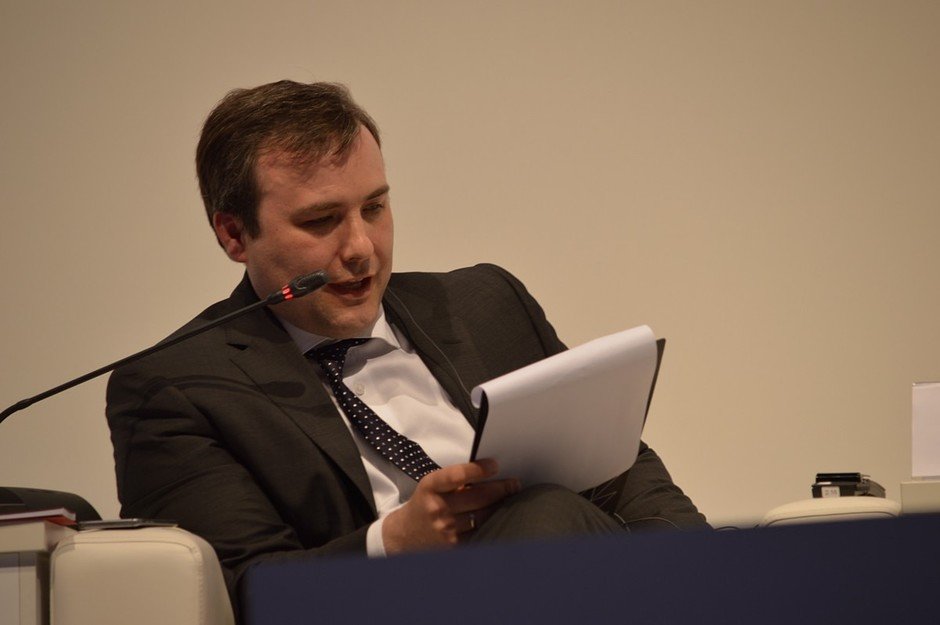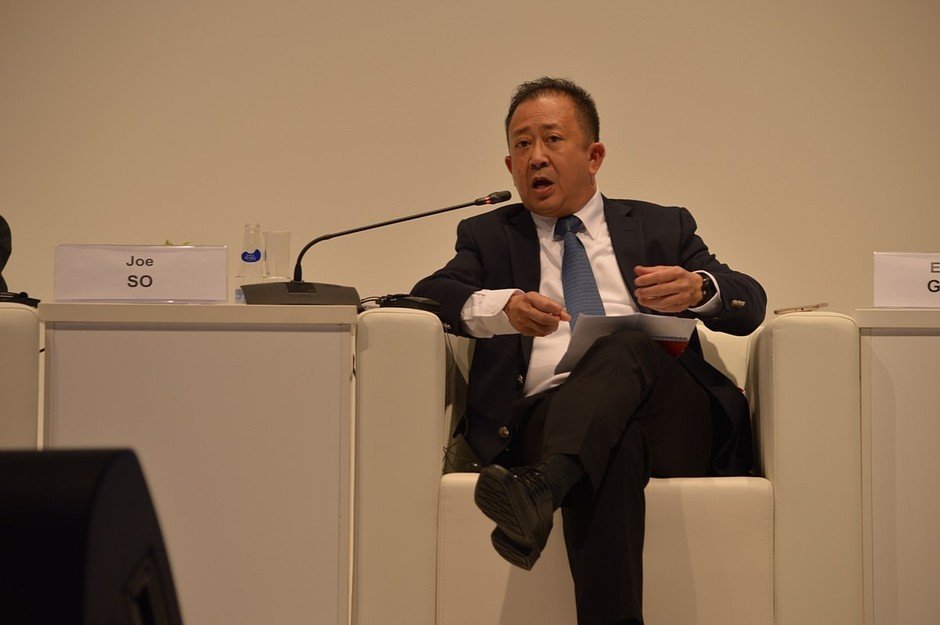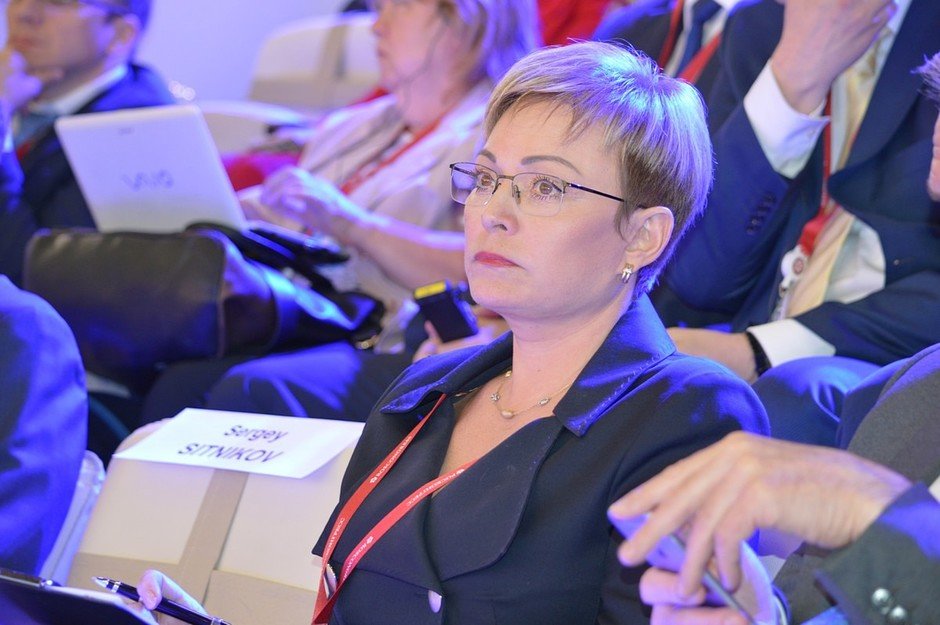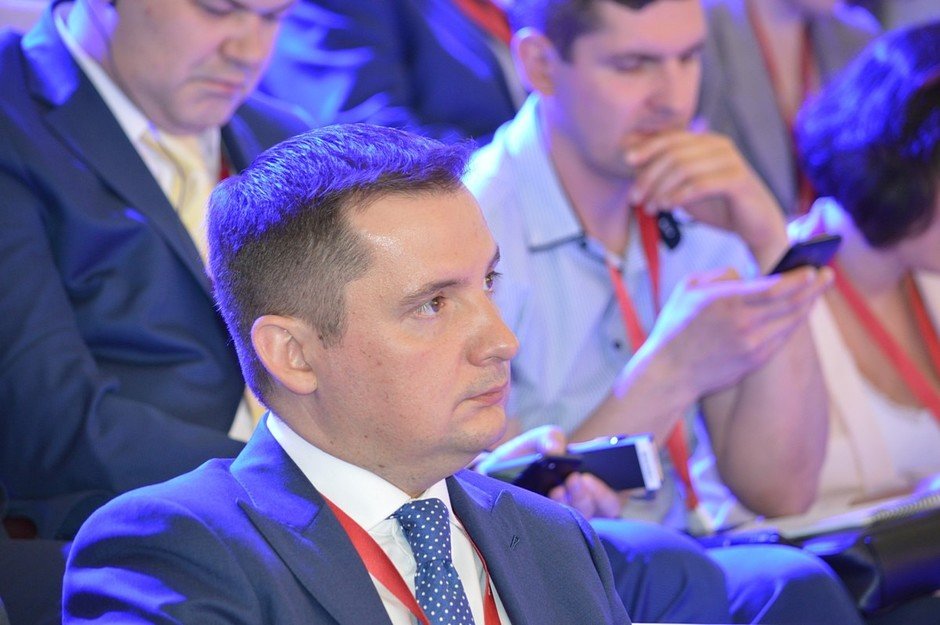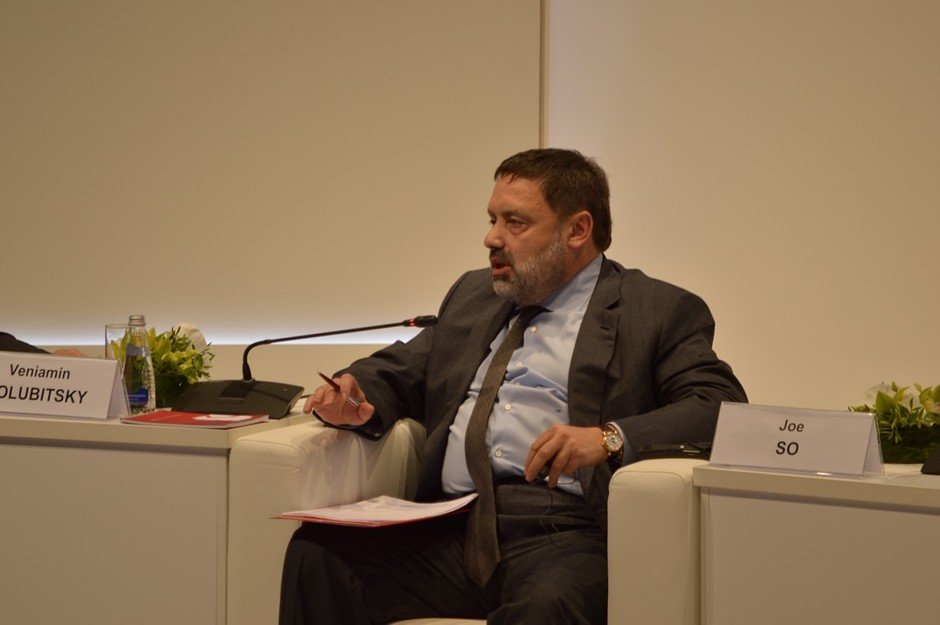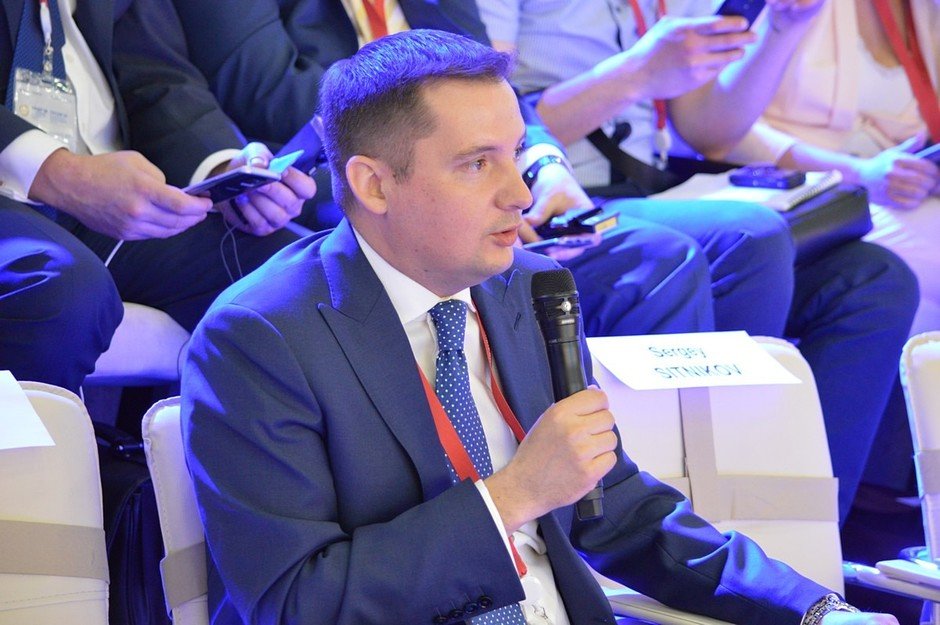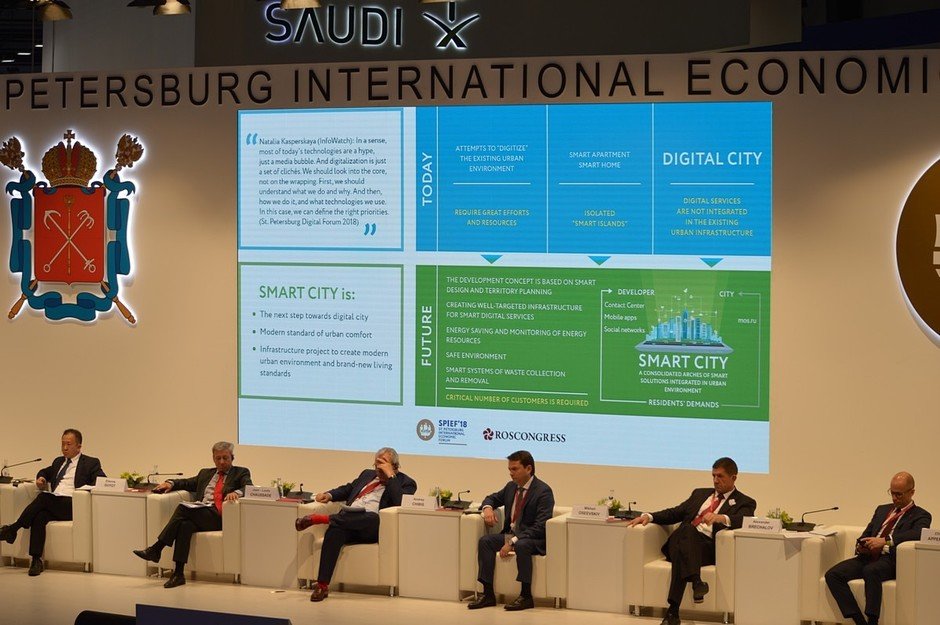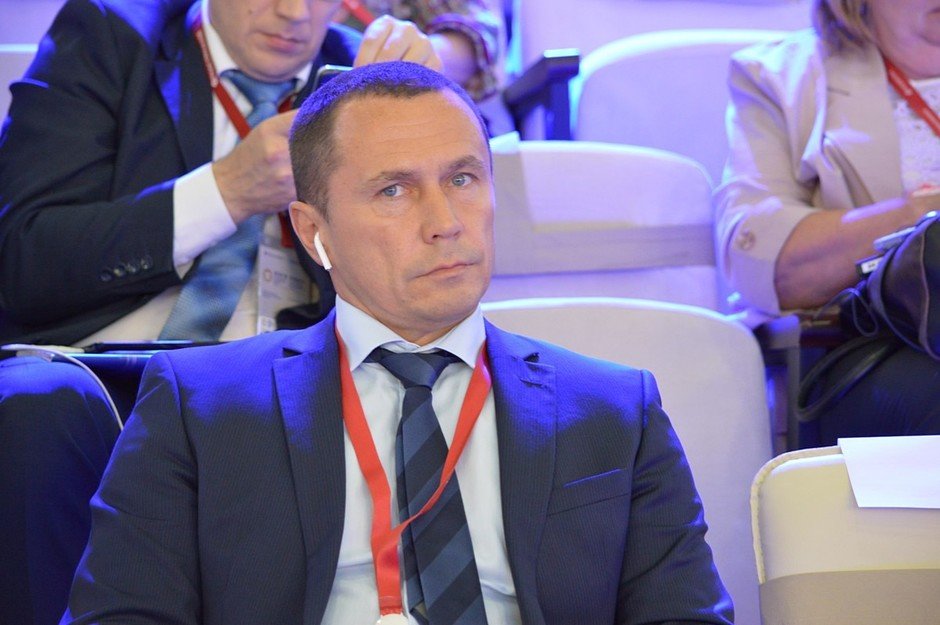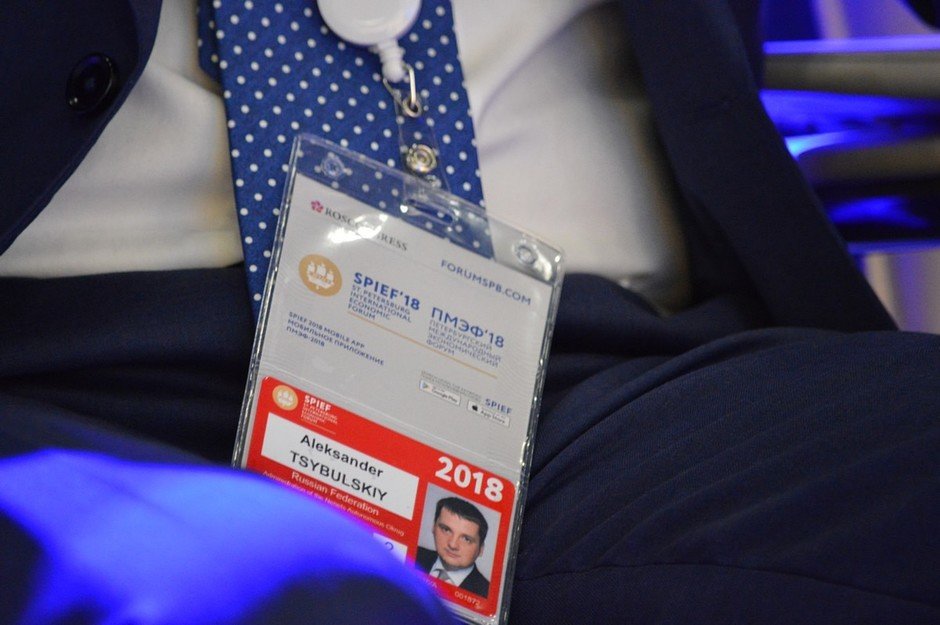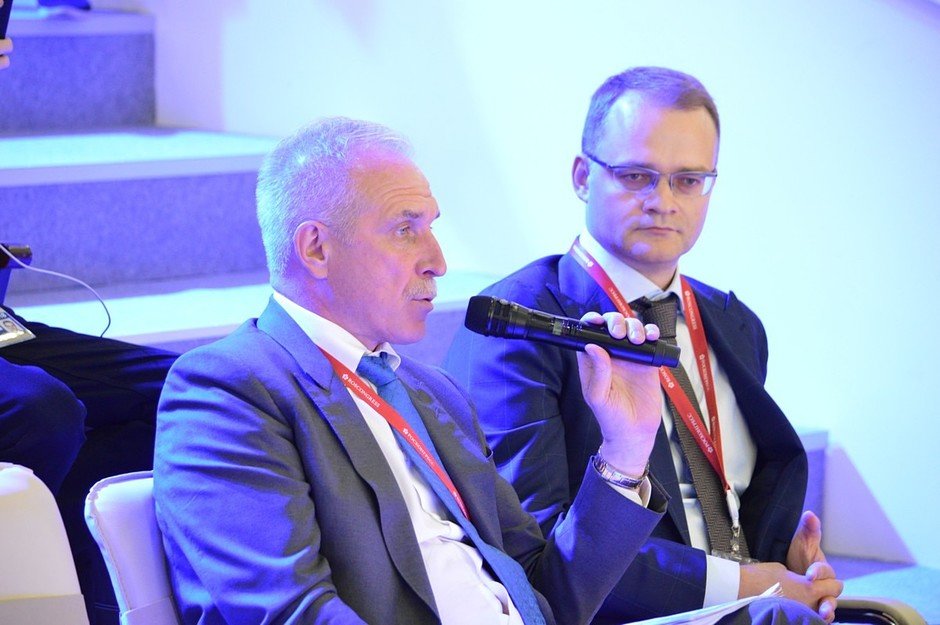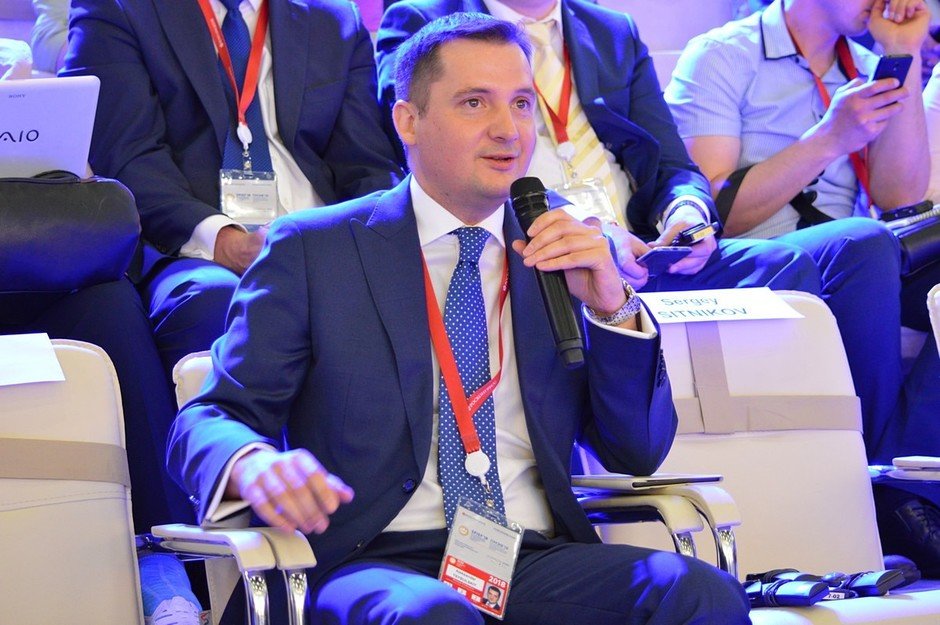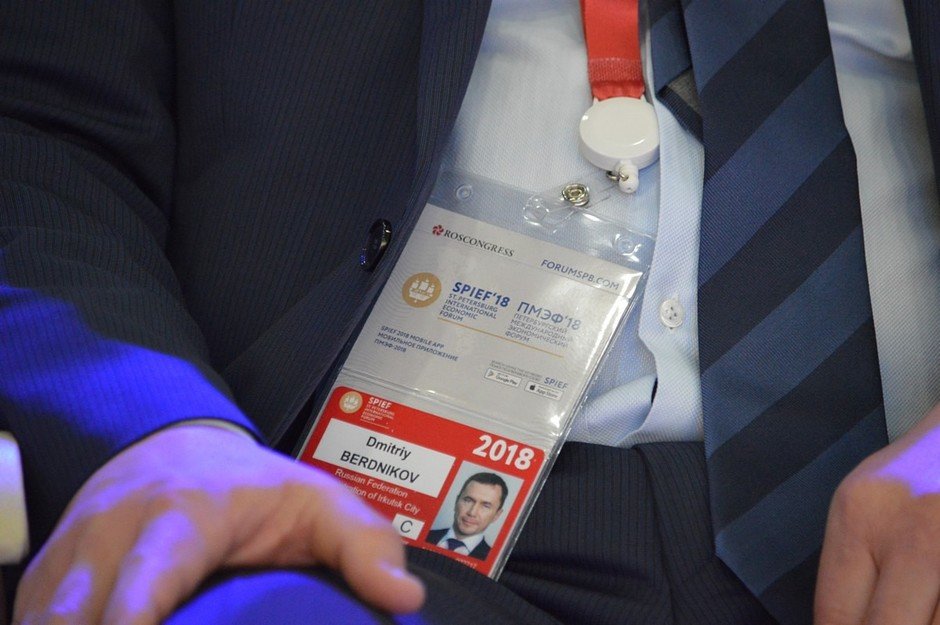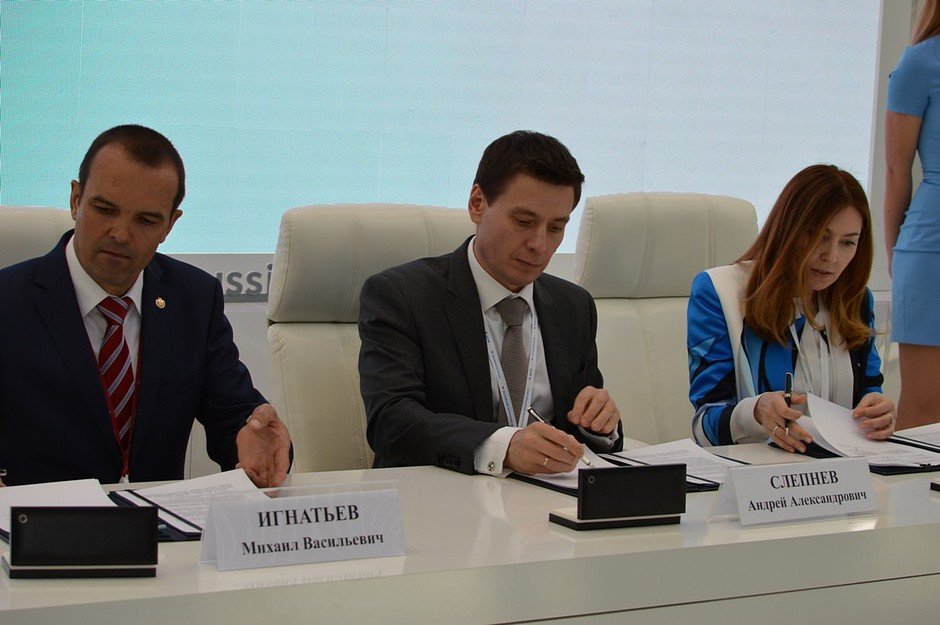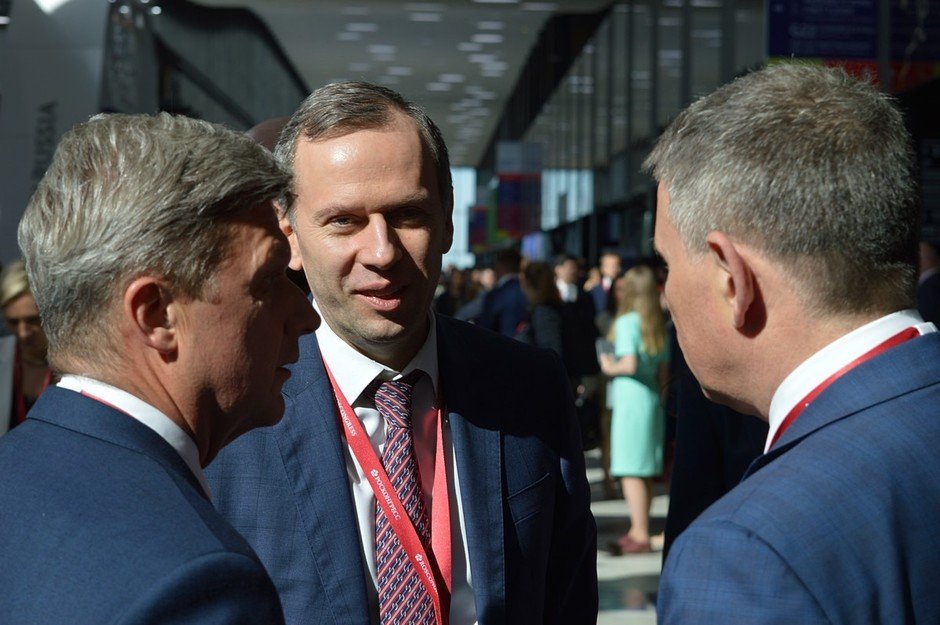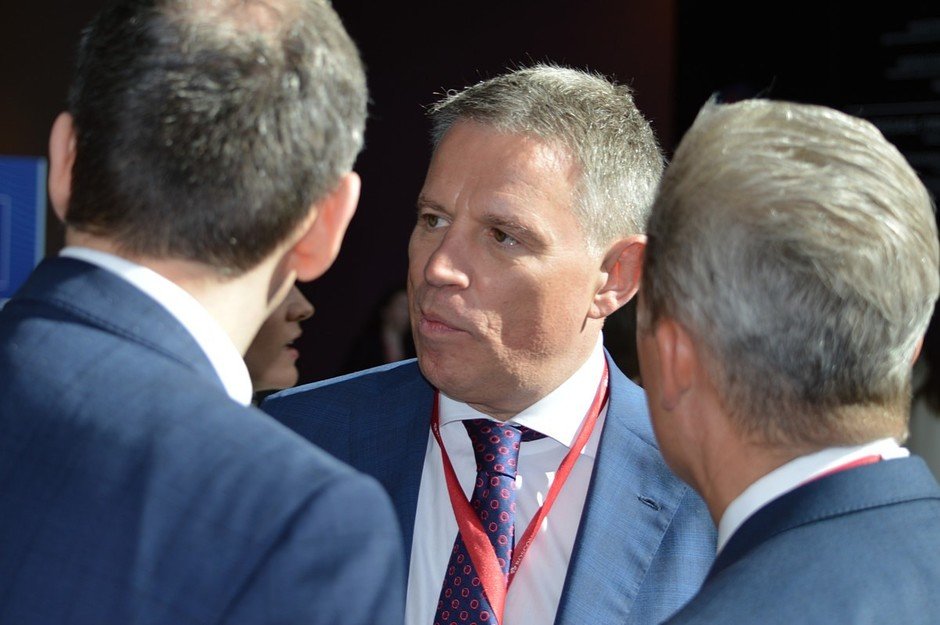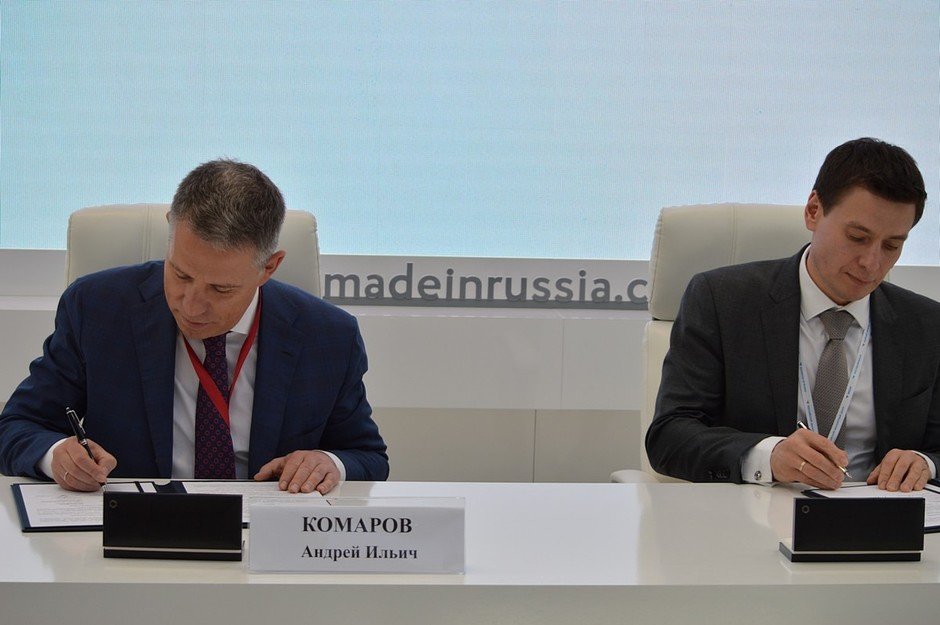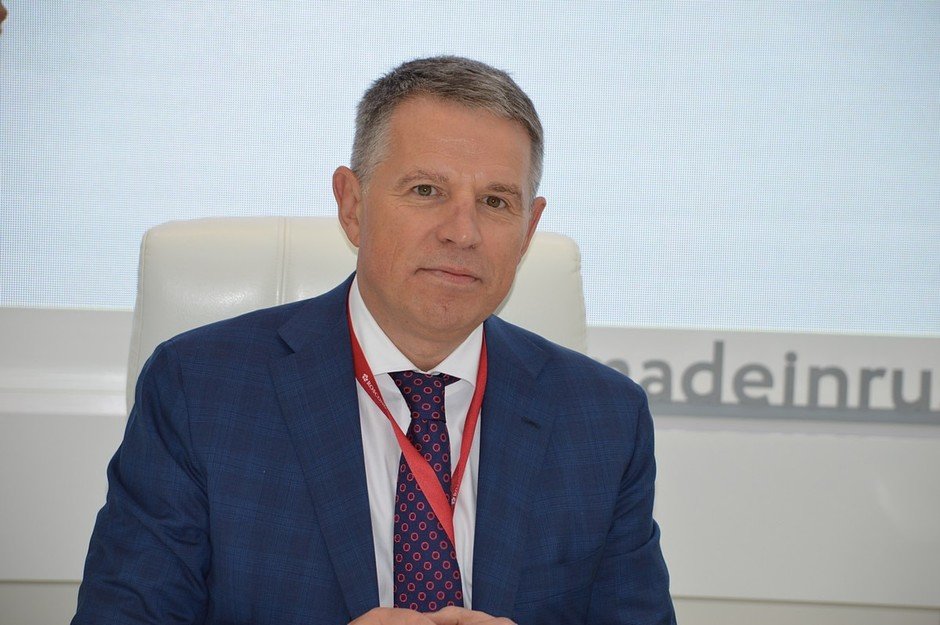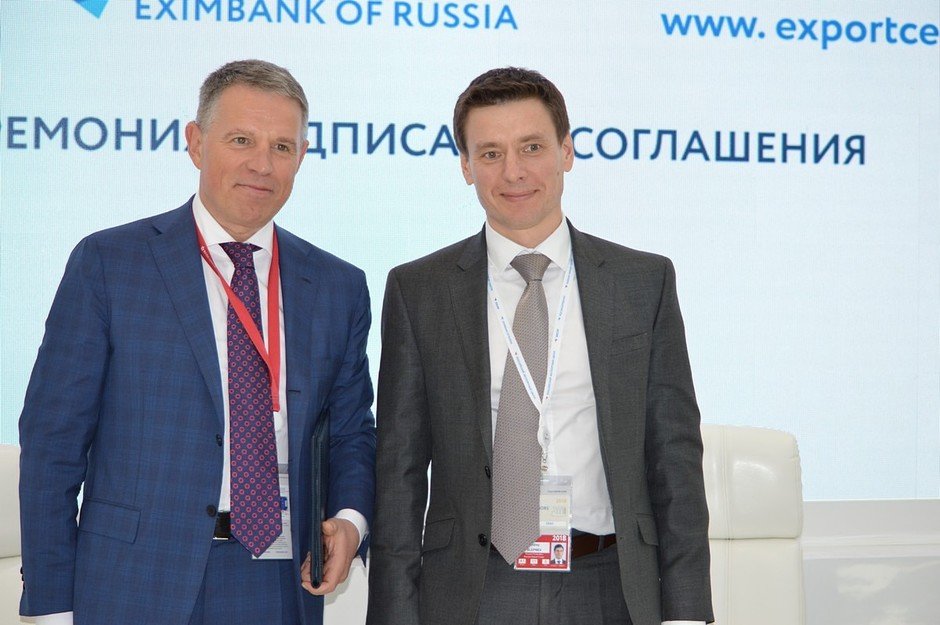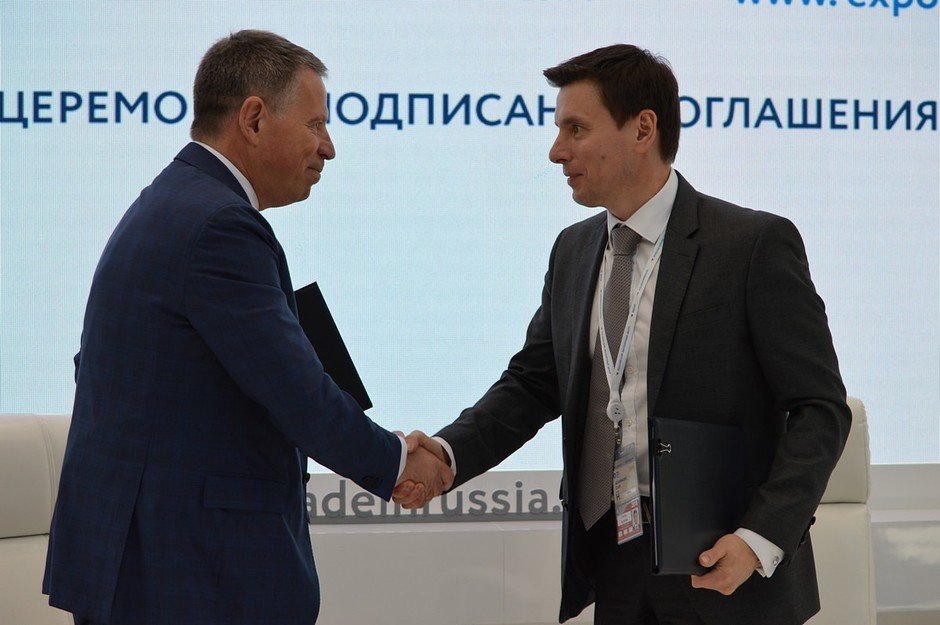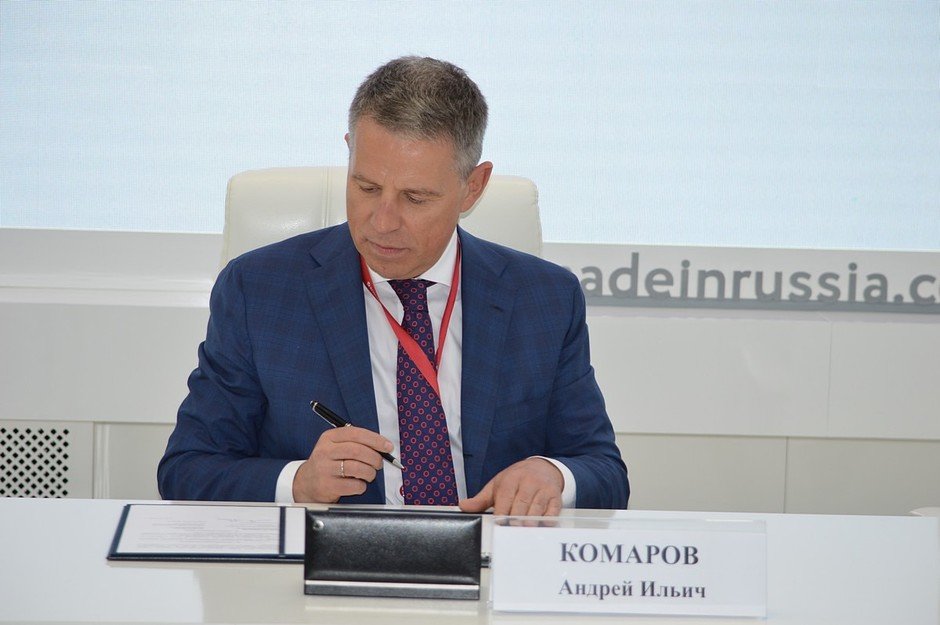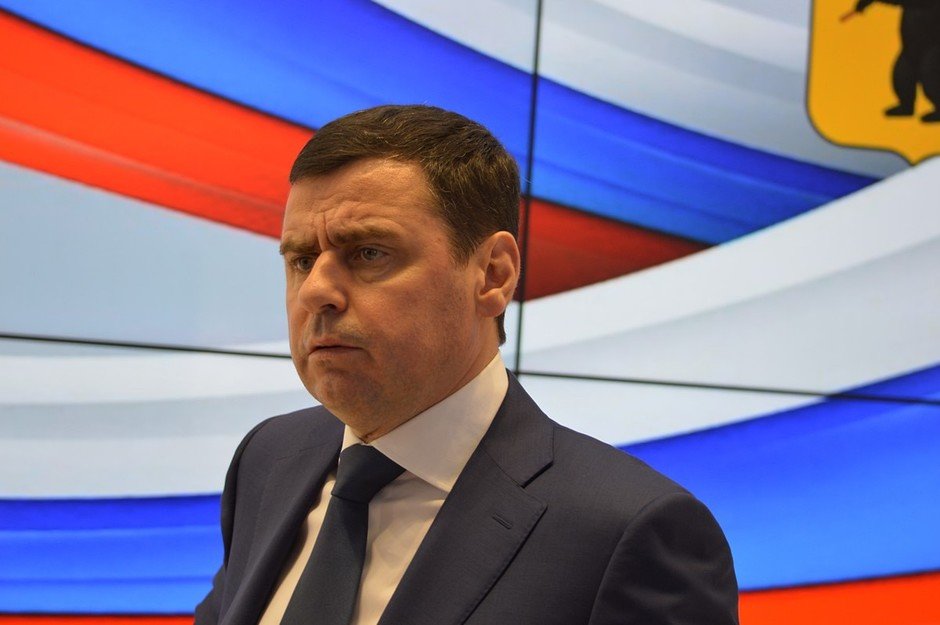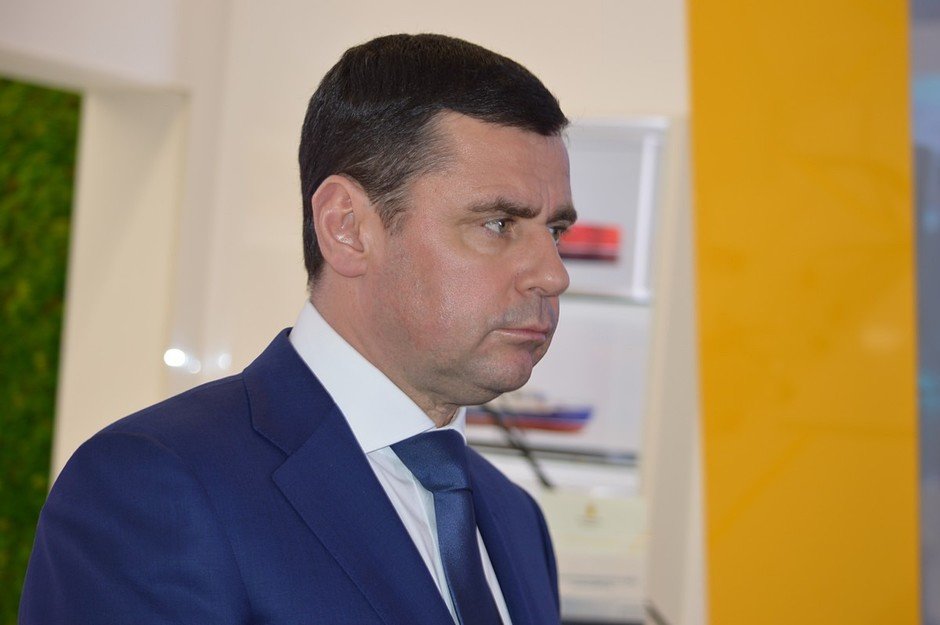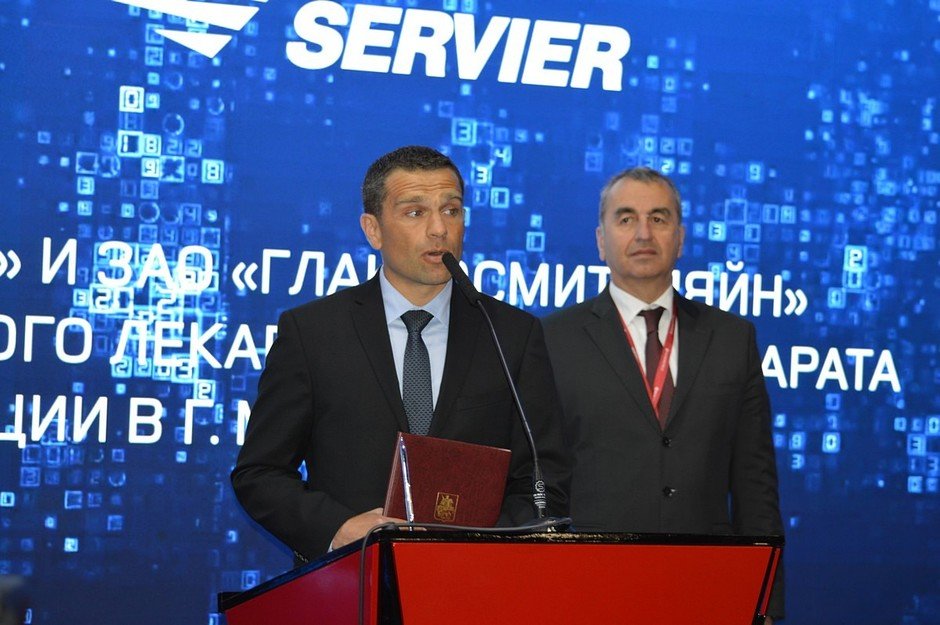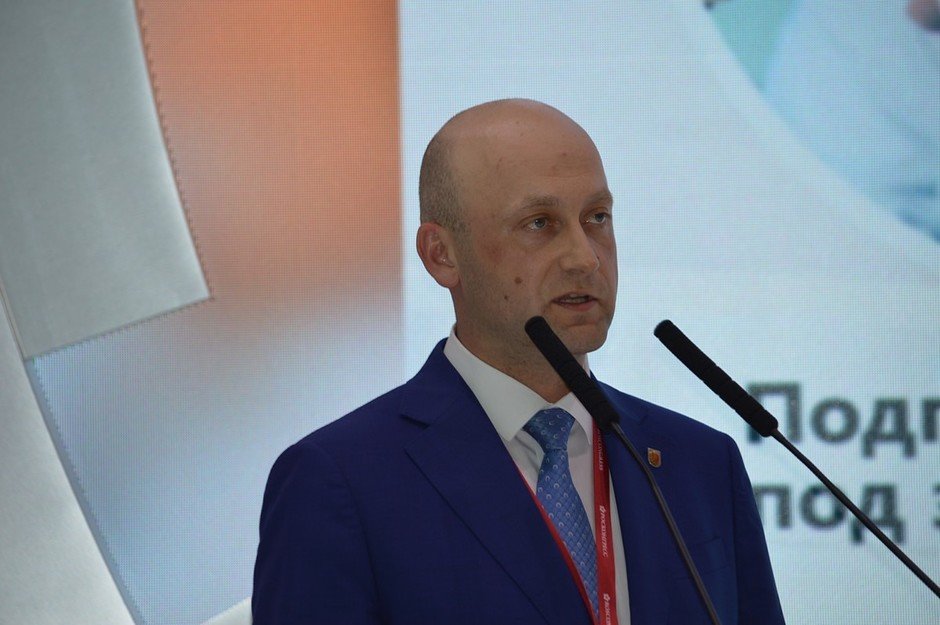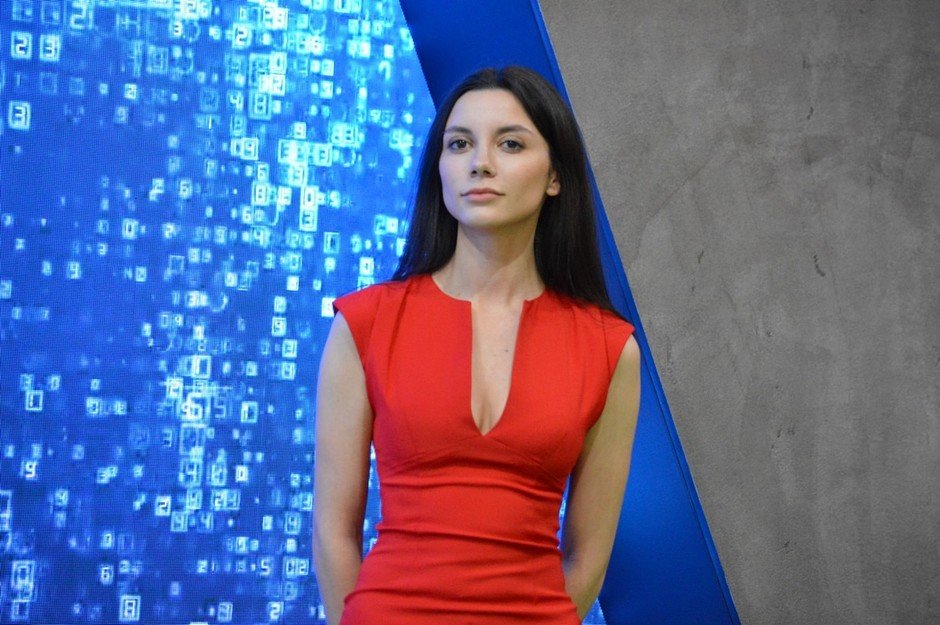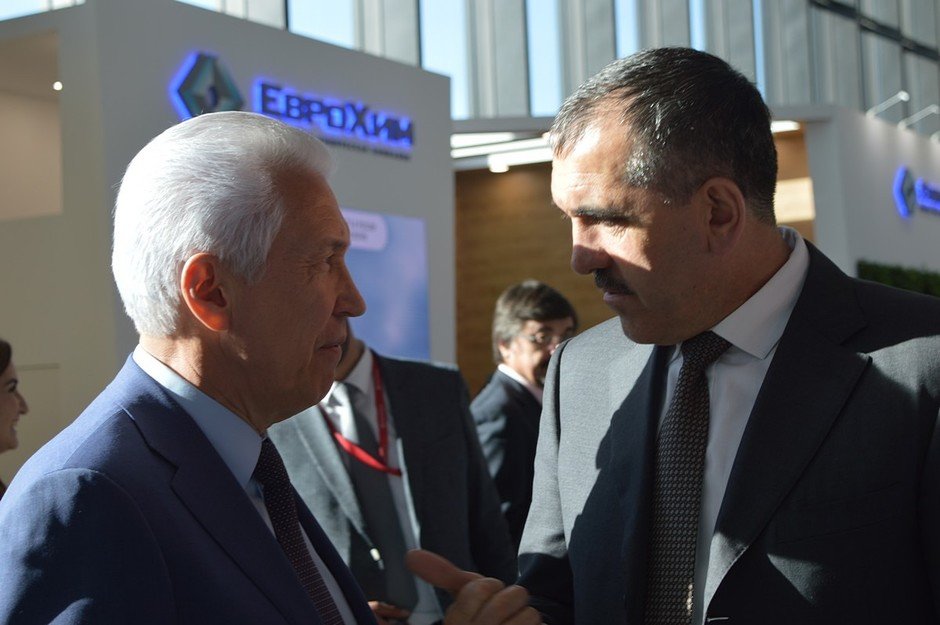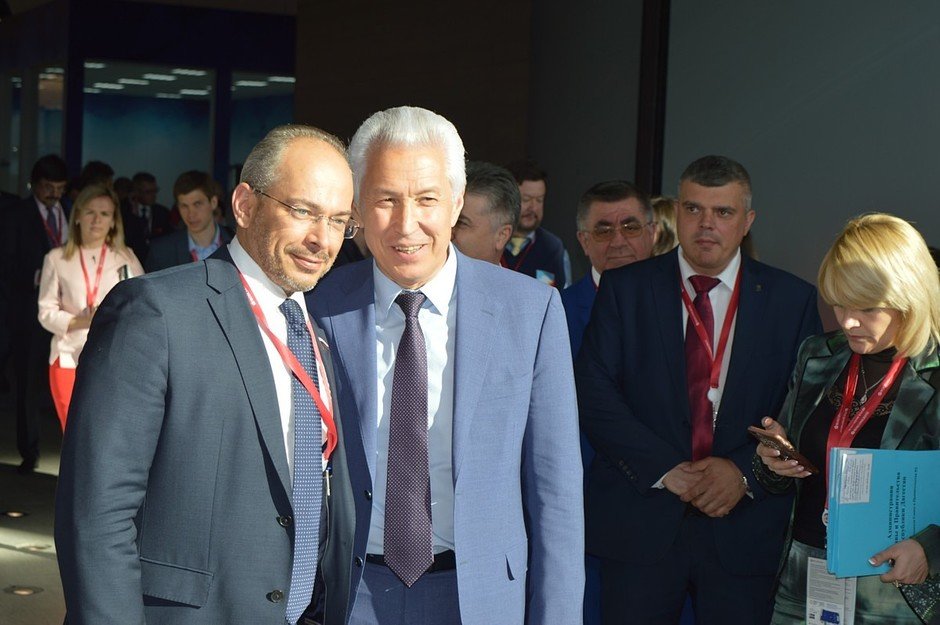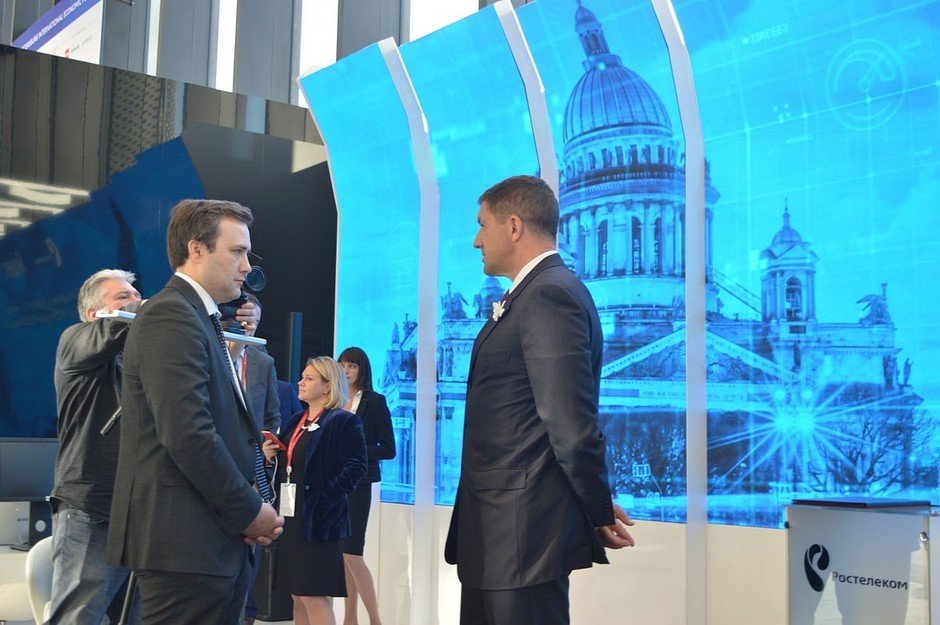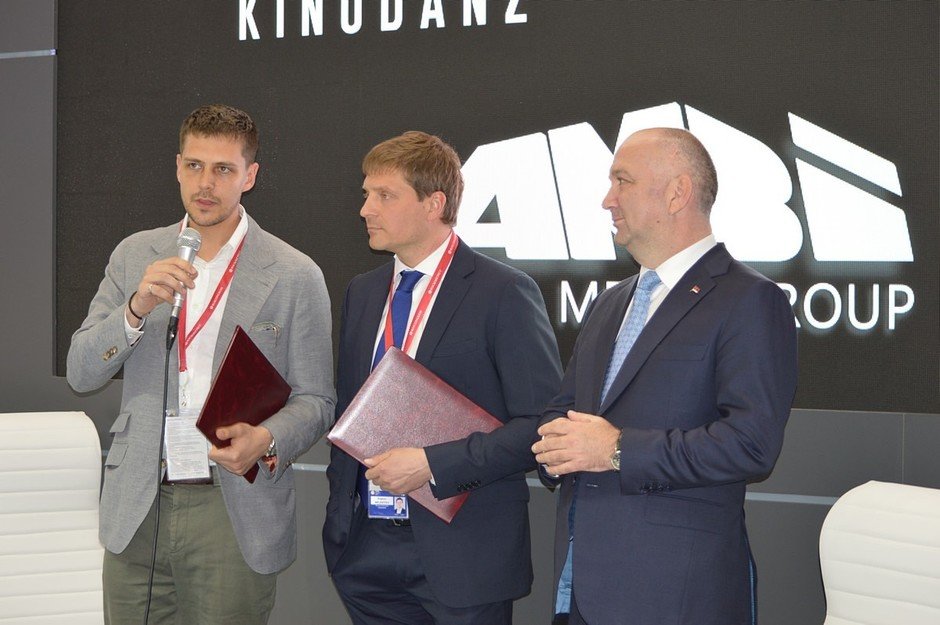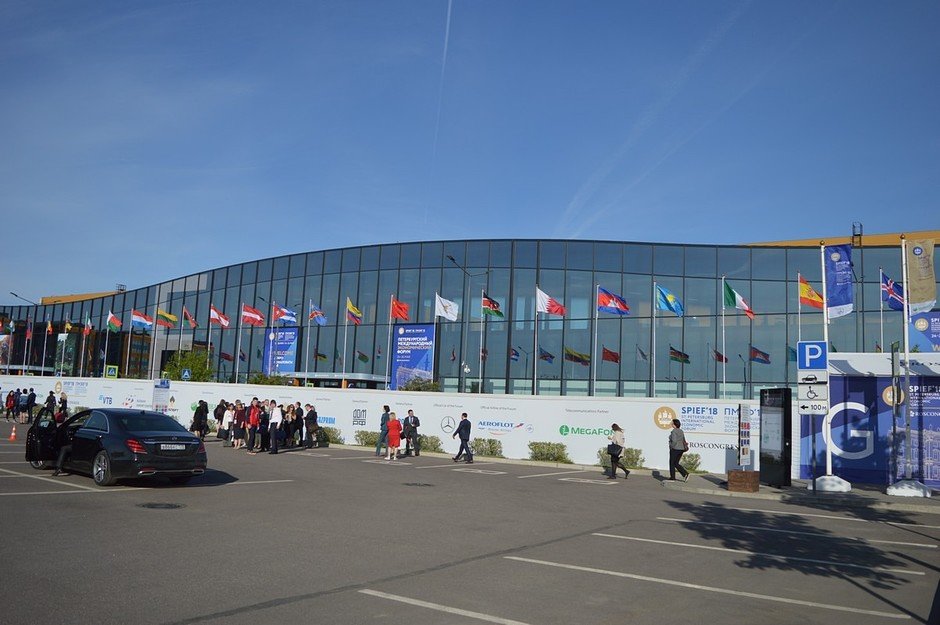''It’s a traditional problem: business complains about 'wrong students', universities say 'the established demand is different''
At 2018 SPIEF: not bright appearance of Nikiforov’s substitute, homework from Yandex officials and a German example of the Chelyabinsk Pipe Rolling Plant
Experts of the Saint Petersburg Economic Forum discussed relations of the digital economy and education. Right here ''digitalisation minister'' Konstantin Noskov had the first chance to show off in front of people. Realnoe Vremya's correspondent, who is Saint Petersburg, found out how successful Nikolay Nikiforov's successor's debut was and what digital requirements employers had for the education system nowadays.
The floor given to Nikiforov's successor
New times require new technologies. Digitalisation enters all spheres of life, whether we want it or not. The role of chain formats of cooperation of public establishments and corporations completely changes. The panel session ''Digital Economy and Education. Changing the Paradigm'' took place during the Saint Petersburg International Economic Forum.
Nikolay Nikiforov's new substitute – Minister of Digital Development, Telecom and Mass Communications of the Russian Federation Konstantin Noskov – was presented to the mass at the 2018 SPIEF. He, ''the digitalisation minister'' (as the presenter called him) was one of the first people to be given the floor. Frankly speaking, here he didn't show off how beautiful he could talk about new technologies and didn't reply to even the simplest questions.
''The digital economy influences our life dramatically changing the labour market,'' Noskov started with obvious things.'' ''Robotisation is linked with the Internet of Things, it considerably reduces the number of working skills. It's an important challenge to the economy of education.''
According to Nikiforov's successor, education has a task to reteach people new professions. It's necessary to retrain millions of Russians. Concluding his speech, the minister noted that ''the digital economy isn't tomorrow, it's today already.''
''Mr Noskov, when will it become known that the digital economy is yesterday already?'' RANEPA rector Vladimir Mau, who moderated the meeting, asked the question with irony in his voice.
''I don't know this,'' Noskov unexpectedly admitted. ''It's certainly today. A new paradigm hasn't been probably invented.''
We will note that he didn't take part in further discussions of the panel discussion. And then without waiting for the end, he went by explaining he needed to go to another round-table talk.
''Children need to be taught programming in the middle school already''
Meanwhile, President of Eksmo-AST publishing group and director of Russian Book corporation Oleg Novikov said about his sphere he didn't see a problem in digitalisation if we didn't compare a classic and digital book. Digitalisation rather helped the book by diversifying and making it cheaper but without killing its traditional format.
''120 million books we create are annually 'consumed,'' he said. ''And we orient to a smart content. It's linked with those issues that are present in education. It's important not only under a teacher but also hear a pupil, meet his or her needs, make it the main character. They will master new technologies better than any teacher.''
To digitalise education, Novikov pointed out four conditions: variability of educational programmes, transformation of pedagogues into ''Evangelists of digital education'', integration of solutions existing in the market to create a digital educational platform, use of skills and capital of private companies to develop the infrastructure of Russian education.
''Children need to be taught programming in the middle school already,'' Director General of Yandex in Russia Elena Bunina developed the thought. ''And there must be as many as possible children of this kind. We didn't realise just ten years ago that there needed to be millions of such children.''
In her opinion, education hasn't changed in the last 50 years. But many things need to change, we shouldn't be afraid of experiments. For instance, to give primary school pupils tasks on a tablet – not only children but also teachers like it because it takes less time to check homework, it's easier to prepare for a lesson, while very children willingly do homework.
Industrialist's complaints
Metallurgist industrialist – Board Chairman of the Chelyabinsk Pipe Rolling Plant PJSC Andrey Komarov – also made its contribution to the talk of experts. Not specialists who graduated from universities but people with secondary professional education are needed for production enterprises of the Chelyabinsk Pipe Rolling Plant. And his company started to invest in the Pervouralsk Metallurgist College and gave it 30 million rubles.
''Business needs to directly deal with the education system like in Europe (Germany),'' the director of the plant emphasised. ''The same thing happens to digitalisation. There are modern plants that treat pipes with heat. But specialists are needed for this, and young people orient instantaneously. But the modern system of personnel training isn't ready to prepare such specialists. I often listen to festive speeches of our governors that they did a lot… But our three projects develop successfully – in Sverdlovsk Oblast, Tatarstan and Chelyabinsk. The general situation needs to change dramatically and rapidly.''
According to Komarov, the implementation to production technology considerably reduces costs. And the role of mentors – guides – has grown. In his opinion, employers should be responsible for personnel training (like Germans do again). The state should be given the function of the regulator and provide the right to hold exams only.
''It's a traditional problem: business complains about ''wrong students'', universities say ''the established demand is different,'' concluded Vladimir Mau, who, we should remind, is the rector of the academy. ''And such a discussion will seem to aggravate only. A university's task is to create not a narrow professional but a person who is able to adapt, flexibly react to this demand. And digitalisation is a tool that will help to do it.''
